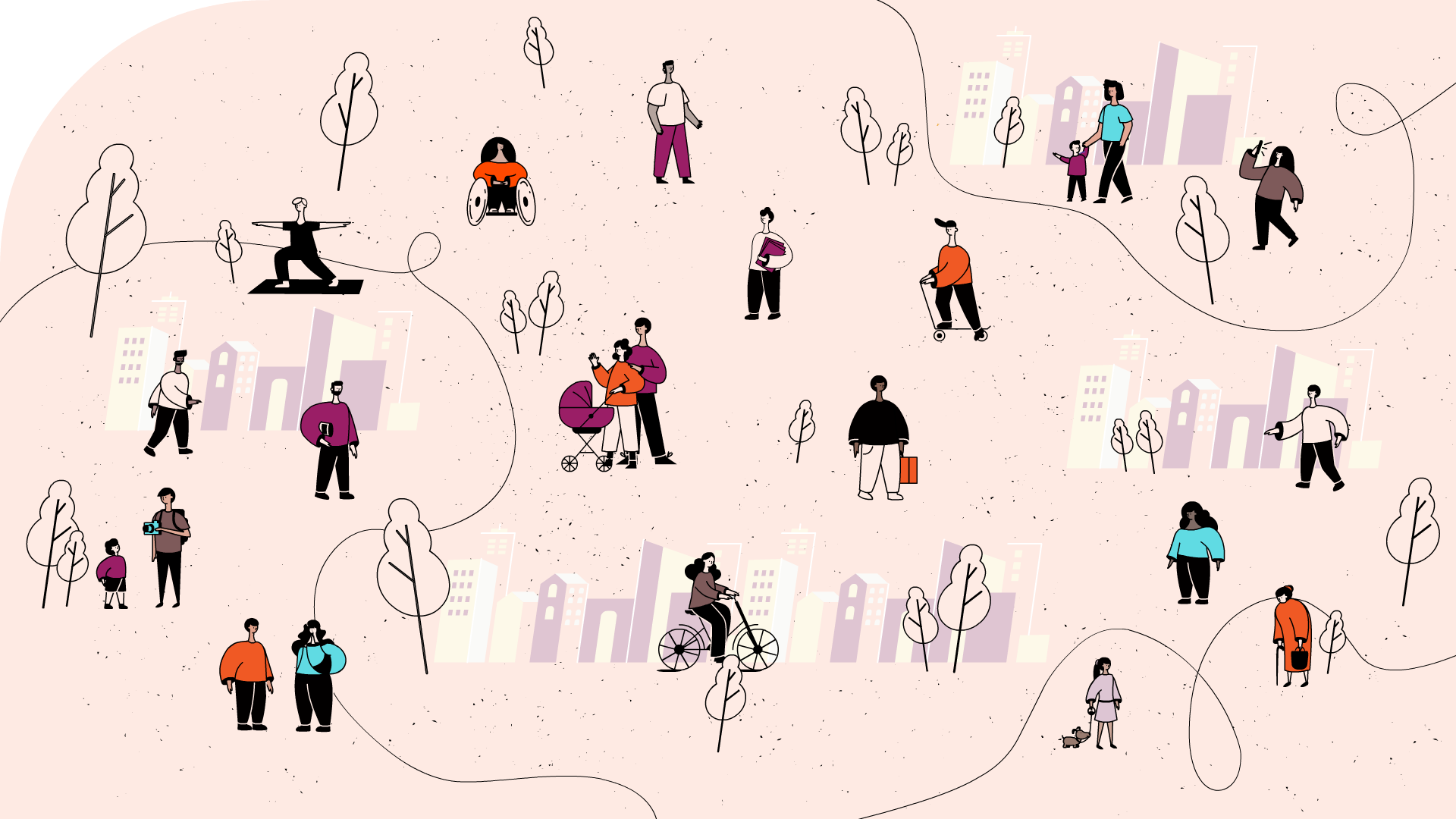The Health Justice 2025 Program
Our conference program included opportunities to listen, learn and share, across sessions designed for both newcomers and those experienced in health justice partnership. Participants explored practical, skill-based sessions, and joined forward-thinking discussions on what the landscape of our work will look like into the future.
Day 1
Good morning, early risers! Doors are open and the coffee is brewing. Get in early, grab your pass, and settle in for a day of discovery.
It’s our great honour to have Yvonne Weldon giving the Welcome to Country today. Yvonne is an independent councillor for the City of Sydney and the first Aboriginal councillor elected in the City’s 183-year history.
In 2023, Yvonne was bestowed the NSW Aboriginal Woman of the Year award, she was awarded a Member of the Order of Australia (AM) and had her first novel ‘Sixty-Seven Days’ published.
Yvonne’s greatest achievement is her grandchildren Tailan, William, Lexi, Rome and Mila. She is determined to make positive change for all; ensuring that cycles of heartache and disadvantage stop with her.
Following Yvonne, Health Justice Australia’s CEO, Lottie Turner, will take to the stage to open Health Justice 2025.
What does it take to listen – really listen – to the voices of people with lived and living experience? What is it that systems change requires of us, and where are our blind spots?
In this keynote with internationally renowned speaker, Liz Weaver, learn more about what it takes to navigate our fears and power challenges.
Hear more about how authentic engagement seeks to break down the power imbalances in community, and can open us to a future of deep learning and impact.
Partnership is often framed as something that happens between portfolios, services, or professional disciplines. But partnership can be transformative when it’s built directly with people and communities – recognising that each person is the leading expert on their own life.
To explore this, we’re bringing together Sijan Dahal (lived experience disability expert, law student), Rochelle Allison-Moore (Lived Experience Project Lead, CLWA), in conversation with HJA’s Cathy Bucolo (Manager, Capability) to share their reflections on Liz Weaver’s keynote and explore:
- Where they have seen or experienced the power of partnership
- What it means to be genuinely listened to
- How lived experience expertise can influence positive change
This conversation is only the beginning – and you’re invited to keep connecting with Sijan and Rochelle throughout the conference about what authentic partnership looks like in action.
Choose from one of four workshops designed to spark conversations and deep dive into your selected topic:
Workshop 1: Power in practice: Strengthening your awareness and impact
#Inclusion #Practice
Power is the water we swim in – shaping how we lead, collaborate, and influence change. Yet despite being ever-present, it’s often unspoken, misunderstood, or avoided.
Facilitated by HJA’s board member and Professor of Health Equity, Sharon Friel, this interactive workshop will help build your literacy around power: what it is, how it shows up in cross-sector work, and how to use it more intentionally and effectively. Together, we’ll explore a practical tool for identifying and working with different forms of power in your own role and relationships.
We’ll also hear from Kimia Randall, Senior Solicitor at Australian Centre for Disability Law and Leah Roberts, Community Mental Health Service Manager at Liverpool Hospital about how they have actively grappled with questions of power in their own collaboration – sharing what they’ve learning about transparency, discomfort, and shared leadership in practice.
Whether you’re a practitioner, service leader, or collaborator across systems, this session will help you sharpen your awareness of how power dynamics influence your work – and how you can navigate them with more clarity, humility, and impact.
Workshop 2: The CollabLab
#Foundations #Practice
Collaboration is at the heart of health justice partnership – but what does it really take in practice?
In this hands-on workshop, HJA’s Karyn Gellie will host a peer-driven space for health, legal and social service practitioners to explore the realities of working together across services and with people with lived experience.
For this workshop, we’ll be bringing together Rochelle Allison-Moore (Lived Experience Project Lead, Community Legal WA) as well as representatives from LA NSW – Early Intervention Unit. Whether you’re new to partnership or looking to strengthen existing collaborations, the CollabLab will draw on participants’ own expertise to surface challenges, share practical strategies, and build confidence in the everyday work of collaboration.
Workshop 3: How to build organisation-wide partnership culture
#Management #Leadership
Embedding the principles of partnership across an organisation can have benefits well beyond partnering with other services. This interactive session will explore how a whole-of-organisation approach to partnership can shape service design, leadership, and day-to-day practice.
Drawing on the experience of Hume Riverina Community Legal Service (VIC/NSW), participants will hear how partnership has been embedded across their service – supported by Partnership Foundations training, the creation of a Partnership Champions Group, and strategic oversight from senior management. Together, these initiatives are helping to embed a culture of collaboration and strengthen capability across the service.
Led by Debi Fisher, Karlee Hirt, and Gabby Maginness from Hume Riverina Community Legal Service, the workshop will also feature problem-solving activities that surface common partnership challenges and support participants to test new approaches.
This is more than a workshop – it’s a rare opportunity to learn alongside peers, try out new ways of thinking, and spark practical changes in how your organisation approaches partnership. Expect to leave with both inspiration and a concrete pathway forward.
Workshop 4: The secret sauce of HJP: Insights from the Evidence in Partnership project
#DeepDives #Research
We’re so excited to share early findings from our collaborative research project, Evidence in Partnership: Strengthening the impact of health justice partnerships. This is a first-of-its-kind collaboration across 10+ health justice partnerships.
In this workshop, we’ll explore what makes a health justice partnership, what is needed for it to be effective, and our approach to understanding the impact of health justice partnership for frontline workers, partner services and clients.
Enjoy a long lunch at the University of Technology Sydney, and take the opportunity to chat with friends and colleagues. We’ve left you plenty of time to grab a feed, check your emails and devour the brain food on offer.
Your choice of breakout sessions, taking the concepts and insights we discussed in workshops through to their real-world applications.
1. Breakout 1: Lessons and strategies from the front line
#WomensSafety #CaseStudy
What does partnership look like in practice on the front line? This session will share real-world lessons from health justice partnerships responding to women’s safety and gender-based violence. You’ll hear case studies, insights, and strategies from those on the front line, designed to spark ideas and offer encouragement for your own partnership journey.
The session will feature:
The session will feature 2 presentations:
- Power in Partnership – Lessons from a Health Justice Partnership in Central Australia with speakers Julianna Marshall, Adrienne Bogard, and Georgia Bath of Central Australian Women’s Legal Service.
- A panel, Improving women’s health, safety and wellbeing through partnerships with specialist women’s legal services, chaired by Ursula King, a researcher with a background in community development, research, service sector consultancy, creative practice and clinical medicine.Ursula will facilitate a conversation with Elena Rosenman, CEO of Women’s Legal Centre ACT and Chair of Women’s Legal Services Australia, Jasmine Pavan, Women’s Legal Service WA, Kimberley Allen, Women’s Legal Service QLD and Carmel Lohan, Women’s Legal Service Victoria.
Together they’ll share practical experiences of collaboration, common challenges, and strategies for driving systems change in women’s legal and health services.
This session brings together some of the strongest voices in the women’s legal sector. You’ll leave with practical ideas, renewed energy, and a deeper sense of what’s possible when partnerships are built on trust, courage, and a commitment to women’s safety.
2. Breakout 2: How to build and maintain an effective partnership
#Practice #CaseStudy
What does it really take to sustain effective partnerships over time? This session brings together practice wisdom from across sectors – mental health, alcohol and other drugs, care and protection, youth justice and Aboriginal and Torres Strait Islander health and wellbeing – to share how partnership work can be embedded, strengthened, and sustained.
Debi Fisher and Gabby Maginness (Hume Riverina Community Legal Service) join David Noonan (Albury Wodonga Aboriginal Health Service) to reflect on a decade of embedding legal help within an Aboriginal Community Controlled Health Service, exploring the lessons and insights that come from Community-led, long-term partnership.
We’ll then hear from John Bamborough (Mind Australia), who will share how a health justice approach is helping transform systems in mental health, drawing on his experience leading the establishment of three Mind-led Mental Health and Wellbeing Locals.
Next up will be a presentation from Ruah Legal Services about their journey to create and implement an Integrated Legal Services Framework, including navigating concerns regarding legal professional privilege, confidentiality and clashes of professional obligations with Sarah Toovey and Luke Cassidy.
Finally, a cross-sector team – Karlee Hirt (Hume Riverina Community Legal Service), Kathrin Baer (Gateway Health), and Claire Harris (Upper Murray Family Care) – will present on their integrated work in alcohol and other drug residential care, highlighting how partnership can improve outcomes by bringing together legal, clinical, and financial support.
Together, these stories offer strategies for managing boundaries, building allyship, and embedding partnership practice across services. You’ll leave with fresh ideas and inspiration for keeping your own partnerships alive through change and challenge.
3. Breakout 3: Health justice partnership for children and families
#EarlyIntervention #CaseStudy
What happens in your childhood can follow you for the rest of your life. The earlier we can make a difference for children and families living with adversity, the bigger a difference it will make for our whole society.
Hosted by HJA’s Suzie Forell, this breakout session will feature four presentations:
- Keeping Aboriginal and Torres Strait Islander families together: early legal intervention in unborn child protection notifications, with Keryn Ruska and John Cattanach of IUIH Legal Service, Institute for Urban Indigenous Health.
- Health justice partnership and early-intervention child protection legal assistance with Rashini Fernando and health colleagues.
- Just Healthy Families – Playground Partnerships with Zoe Craven and Megan Hibbs of Women’s Legal Service Tasmania.
- Expanding Mabels to the Mallee – lessons and insights with Marika Manioudakis of Eastern Community Legal Centre, and Lisa-Maree Stevens and Corrina Graham of Mallee Family Care Community Legal Centre.
4. Breakout 4: Evaluating health justice partnership outcomes
#DeepDive #CaseStudy
This session, hosted by HJA’s board member, Warwick Padgham, Taungurung man and a Research Fellow with Onemda at the University of Melbourne. explores real-world case studies from health justice partnership evaluations across Australia, along with an introduction to evaluation and outcomes measurement.
This breakout will feature the following presentations:
- Outcomes measurement for HJPs using the resources that you have with Lyla Pedersen from Health Justice Australia
- Getting the Right People in the Room- learnings from an evaluation of a hospital-based HJP with Emma Golledge and Dianne Anagnos of Kingsford Legal Centre.
- Lessons from our evaluation (spoiler alert – it takes a village!) with Lisa Ward and Laura Brennan from First Step Legal.
- Building the Foundations of Stable Futures: From informal evaluation to clinical trial with Kate Adnams of LawRight.
Take a quick break, grab a snack, and re-charge before the final conference hours of the afternoon.
In the final session to close Day 1 of HJ25, we’re bringing you a special plenary, where you’ll see complexity come to life! Join HJA’s Cathy Bucolo, (Manager, Capability) and Helen Harrington (educator, occupational therapist and family therapist, Charles Sturt University), as they work together to adapt a technique grounded in family therapy.
Centred on a case study, you’ll see a human sculpture be built on stage, where they will visually demonstrate how hidden issues can surface.
Through this sculpture and simple movement, expect to see complexity, cross-sector partnership, power dynamics and conflict in a new and creative way.
At this year’s conference networking event, the Evening Exchange, we’ll come together to celebrate the growing health justice movement and look ahead to what’s next.
This special networking event will mark the launch of Health Justice Australia’s Strategy 2025–2028: a bold, grounded vision for how we strengthen the connections between health, legal and social systems to better respond to the complexity in people’s lives.
Hear from Lottie Turner, HJA’s CEO, and Michael Broadhead, HJA Board Chair, as they share reflections on what this next chapter means for our shared work and the possibilities it opens for collaboration, learning and impact.
This is a wonderful opportunity to connect with people you’ve heard from and met during the conference – don’t miss out!
Day 2
Joining us with a one-day registration for Thursday? Join us bright and early to check in and grab your pass.
HJA’s Deputy CEO, Kate Finch, takes to the stage to kick us off for Day 2 of the conference with a special message from Australia’s Chief Medical Officer, Professor Michael Kidd AO.
Are we brave enough to admit that inequity isn’t incidental – that it’s designed into our service systems? What then, does an equitable future service system look like, how would this system dismantle the underlying causes of inequity that sit at the intersection of the social determinants of health and justice, and how can partnership be a powerful lever for the change we need?
In this plenary session, hosted by Heidi Yates, human rights lawyer and community advocate, our panel will be invited to respond to this provocation in a discussion that seeks to challenge each and every one of us to recognise, and step into our role in this future system.
Our guest speakers:
- Dr Ruth McCausland, Associate Professor, Division of Societal Impact, Equity & Engagement, Director of Yuwaya Ngarra-li and Academic Lead of the Social Determinants of Justice Research Hub, UNSW.
- Patricia Davidson, Co-Director, International Centre for Future Health Systems, UNSW.
- Dr Scott Avery, Professor of Indigenous Disability Health and Wellbeing, School of Public Health, Girra Maa Indigenous Health, University of Technology Sydney.
- Jenny Lovric, Advisor, National Aboriginal and Torres Strait Islander Legal Service (NATSILS)
In this exciting workshop, all conference registrants will engage together and with international guest speaker, Liz Weaver. Liz will introduce how to craft your impact story using two frameworks: the water of systems change and the collaboration impact story.
We often miss the essential ingredients in writing our impact stories including how people, process, and resources were essential components of impact. During the workshop, we’ll talk more about these essential ingredients as we develop, write, and share the first draft of our impact stories.
To close Liz Weaver’s plenary workshop, we’ll hear from Fran Lee, Disability-Justice self-advocate who is an original member of the self-advocacy group for people with acquired brain injury while in contact with the criminal justice system, Voices for Change.
Fran will share her thoughts about storytelling, how this changes people, services, systems and what storytelling means for Fran and Voices for Change.
Enjoy a long lunch at the University of Technology Sydney, and take the opportunity to chat with friends and colleagues. We’ve left you plenty of time to grab a feed, check your emails and devour the brain food on offer.
Is your organisation leading the way? What does the future of partnership look like? Choose from one of four forward-thinking breakout sessions below.
1. Breakout 1: Discover the whole picture – Working at the intersection of health and justice equity
#Equity #SystemsChange #Inclusion
Hosted by Emma Beattie, (Founder of Before and After Life), this session will explore how people experience the intersections of health and justice, and what questions this raises about power, stigma, access, exclusion and human rights.
- Trans and gender diverse service users 101: We’ll begin with Maggie Korenblium (Health Justice Australia), who will share more about gender diversity and its intersections, as well as simple etiquette and awareness tools. Practitioners working at the intersection of health and justice equity should be prepared to engage with trans patients and clients in a safe and respectful way – expect to leave this presentation with handy tips and resources to apply in your work.
- The Energy Health Nexus – Reframing Energy as a Basic Human Right: Next, Deborah Fewster (Victorian Council of Social Service) reframes energy hardship as a social determinant of health and a basic human right. Deborah will explore how collaboration across the energy, health and community sectors can address energy inequity, sharing resources and insights from the VCOSS “Tackling the Energy/Health Hardship Nexus” initiative.
- FASD is not a label: Challenging stigma through lived experience and partnership: Simone McKenry (NOFASD Australia) will then share how partnerships with lived experience experts can challenge stigma and reshape responses to Fetal Alcohol Spectrum Disorder (FASD). FASD is often perceived through a lens of blame and shame, especially for biological parents, resulting in underdiagnosis and lack of support. Drawing on national survey data and co-designed interviews, we explore how a shift toward strengths-based, trauma-informed partnership can improve access to justice, health, and education systems.
- Hidden Conditions at the Intersection of Health and Justice: Power in Partnership for Better Outcomes: Finally, Jane Lee (Deafness Forum Australia) will shine a light on hidden disabilities, particularly hearing loss, and how they shape people’s interactions with health and justice systems. Jane will explore how hearing loss can limit access to care, participation and justice – and how partnership and empathy can help create more inclusive, human-centred systems.
Together, these presentations invite us to reimagine what equitable, inclusive, and responsive systems can look like when no one is left unheard.
2. Breakout 2: The anatomy of partnership capability: skills, mindset, knowledge and confidence
#Practice #Capability
Across Australia, passionate health, legal and social service practitioners are working together every day in different ways and at different levels of intensity. Sometimes it all flows – everything aligns around a shared goal. And other times, it feels like hard work just to stay connected.
That’s where partnership capability comes in.
Building and sustaining effective cross-sector partnerships takes skills, knowledge, mindset and confidence – the capability to collaborate across systems while staying anchored to purpose and people.
Hosted by HJA’s Cathy Bucolo (Manager, Capability), this session will bring together expertise from the field and beyond, including:
- Michele Leering, Visiting Scholar at Queen’s University Faculty of Law and former Executive Director, Community Advocacy & Legal Centre (Canada).
- Hailey Jihye Ha, Juris Doctor graduate from the University of Sydney and a Law Graduate at Littles Lawyer.
- Felicity Clement-Jones, Supervising Solicitor Health Justice Partnership Early Intervention Legal Practice, Legal Aid ACT.
Together, we’ll ask and explore: what is the capability needed to partner to address complex need?
Expect to leave the session with new insights and a practical action plan for strengthening your own partnership capability.
3. Breakout 3: Enabling a responsive integrated service system through policy leadership and funding innovation
#PolicyMakers #Government
Across Australia, policy and funding decisions shape how services work together – and how well they can respond to the complexity in people’s lives. But these decisions don’t happen in a vacuum: they sit within political realities, power dynamics, and shifting expectations about what “good” cross-sector collaboration looks like.
Hosted by Michael Smith, CEO of Eastern Community Legal Centre (VIC), this session will explore how policy makers, funders and system leaders understand community need, engage with innovation, and create the conditions for collaborative models like health justice partnership to thrive.
Our panel will unpack opportunities for policy and funding reform that support integrated, place-based, and partnership-driven approaches, as well as more on what it takes to move from pilots to sustainable system change.
Guest speakers:
- Julie Sturgess, CEO, Country to Coast Qld PHN
- Phillipa Thomas, CEO, Mental Health Victoria
- Dr Santuri Rungan, Community Paediatrician and Senior Clinical Advisor, Youth Health & Wellbeing, NSW Health
4. Breakout 4: Shaping the collaborative, early response workforce of the future
#Leadership #FutureWorkforce
What will it really take to build a workforce that can deliver collaborative, early support – one that centres people and families, not just systems?
In this roundtable, leaders from health, legal assistance, and social services will work together to imagine that future and map out what it could look like in practice. Using a “future scenario” approach, we’ll explore:
- What will be true of this workforce – and what will they be doing differently?
- What organisational and system changes will make it possible?
- How collaborative leadership and practice will shift to enable it.
- What supports and mindsets will sustain those changes.
HJA’s CEO, Lottie Turner, will host this session, and participants can expect to leave with their “3×3 gold” — three new connections, three practical takeaways they can apply now, and three things they’re ready to unlearn.
This is a session for executives and decision-makers who can shape the workforce of the future – and who are ready to move from ideas to action.
Take a quick break, grab a snack, and re-charge before the final conference hours of the afternoon.
In times of uncertainty, constraint and complexity, what does it take to keep showing up – or to step back – while holding onto collective hope?
This closing plenary brings together leaders who have, together, spent decades navigating and shaping complex, collaborative systems change across health, justice, and community sectors. Their leadership has been defined not by hierarchy, but by their ability to build connection, enable learning, and sustain collective purpose amid shifting conditions.
HJA’s CEO, Lottie Turner, will joined on stage by our international guests, Liz Weaver (Consulting Associate and former Co-CEO, Tamarack Institute, Canada) and Michele Leering (Visiting Scholar at Queen’s University Faculty of Law and former Executive Director/Lawyer of CALC, Canada). The panel will:
- Explore how personal and professional identities intersect in leading complex systems change.
Reflect on the lessons learned from decades of practice at the boundaries of systems, disciplines, and communities.
Share the practices, mindsets, and relationships that sustain them through uncertainty and change.
Draw together the threads of the conference to imagine what it takes to lead and collaborate with hope and integrity.
As the final conversation of the conference, this session offers a chance to pause, reflect, and reconnect to what sustains us – as practitioners, leaders, and changemakers working toward more connected, resilient, and just systems.
Health Justice Australia CEO, Lottie Turner, takes to the stage to close things out for 2025.
In a world of growing complexity and uncertainty the importance of robust and innovative social, health and legal services cannot be understated. Innovation is, by its nature, challenging, meaning that gatherings like this one are all the more important.
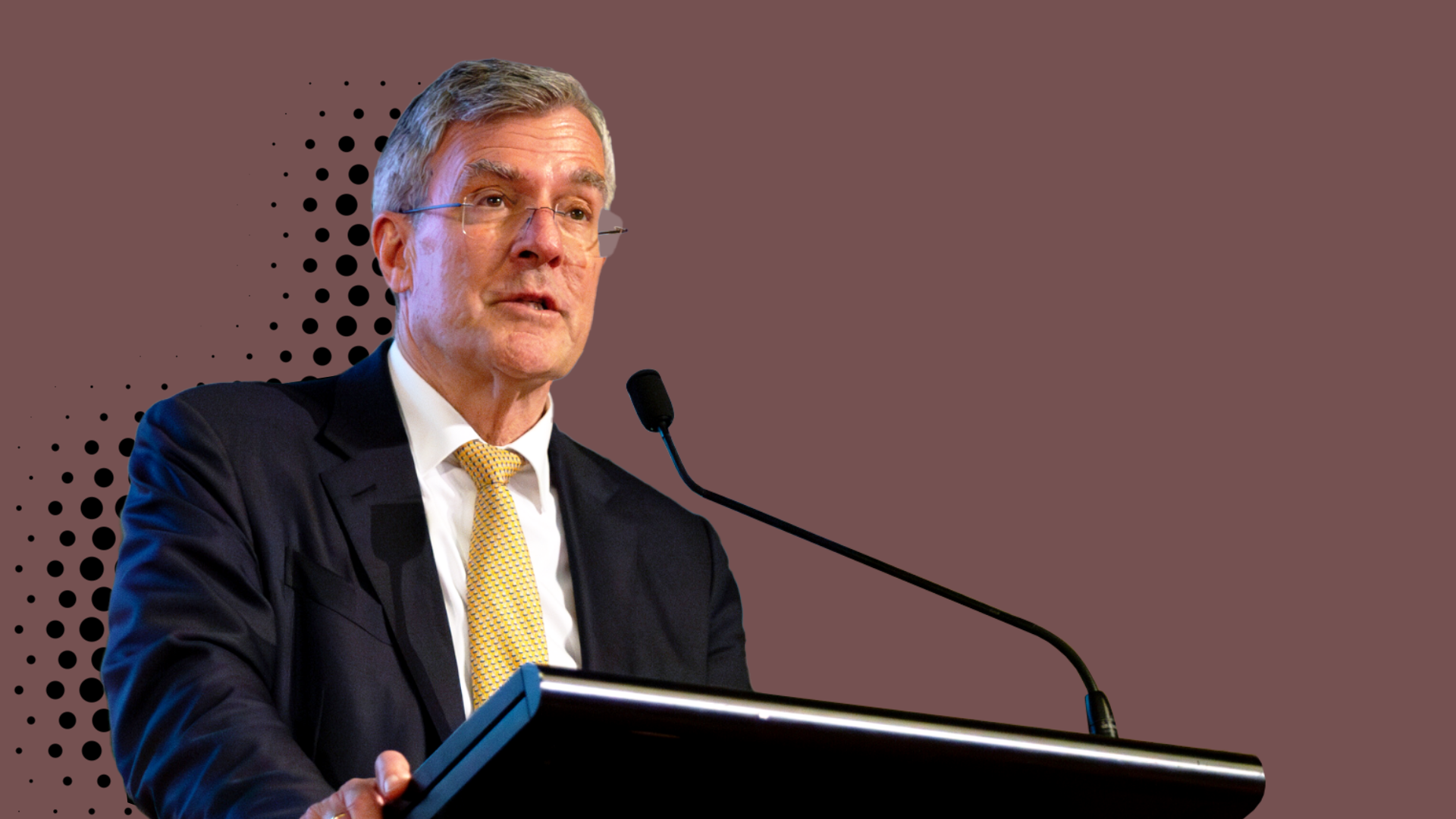
HJ25 Speakers
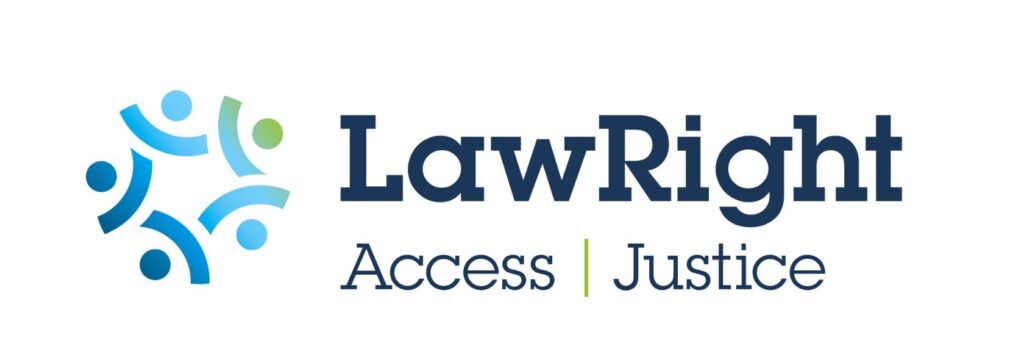
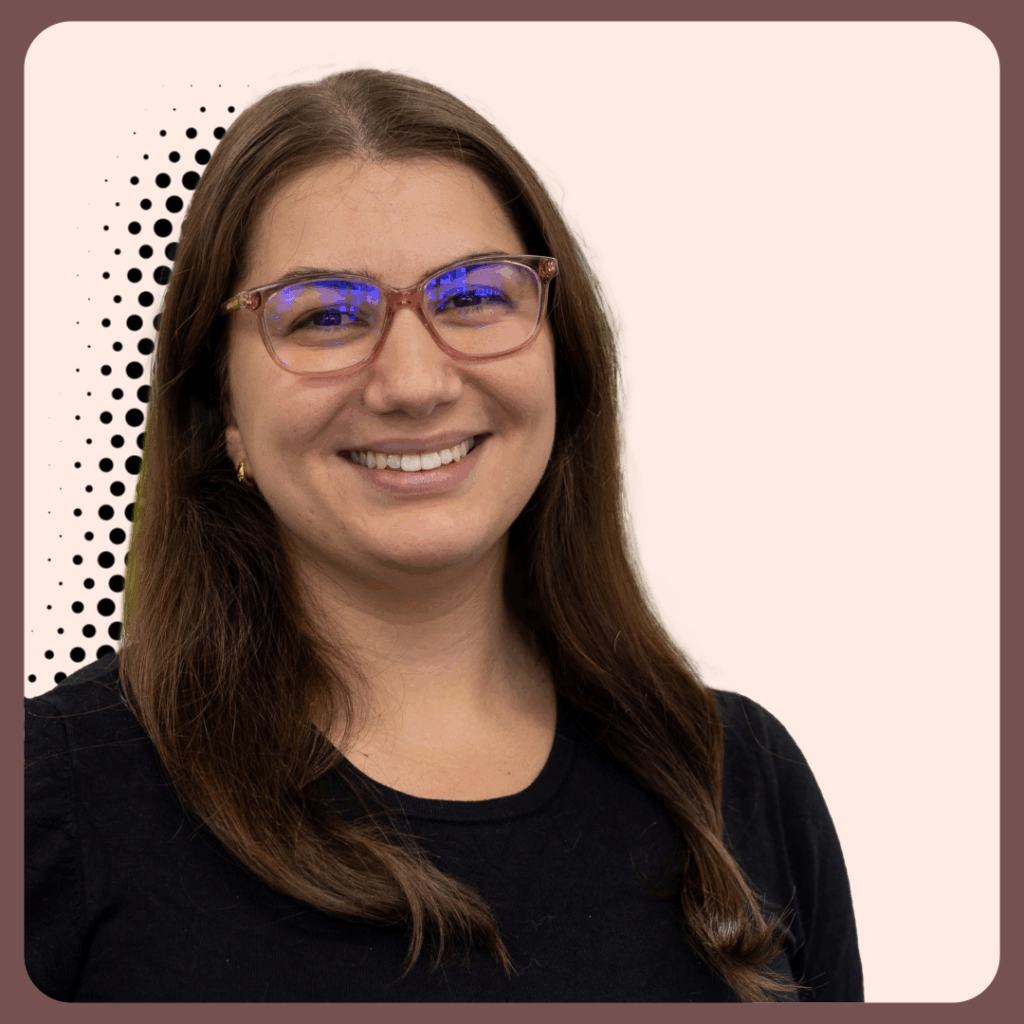


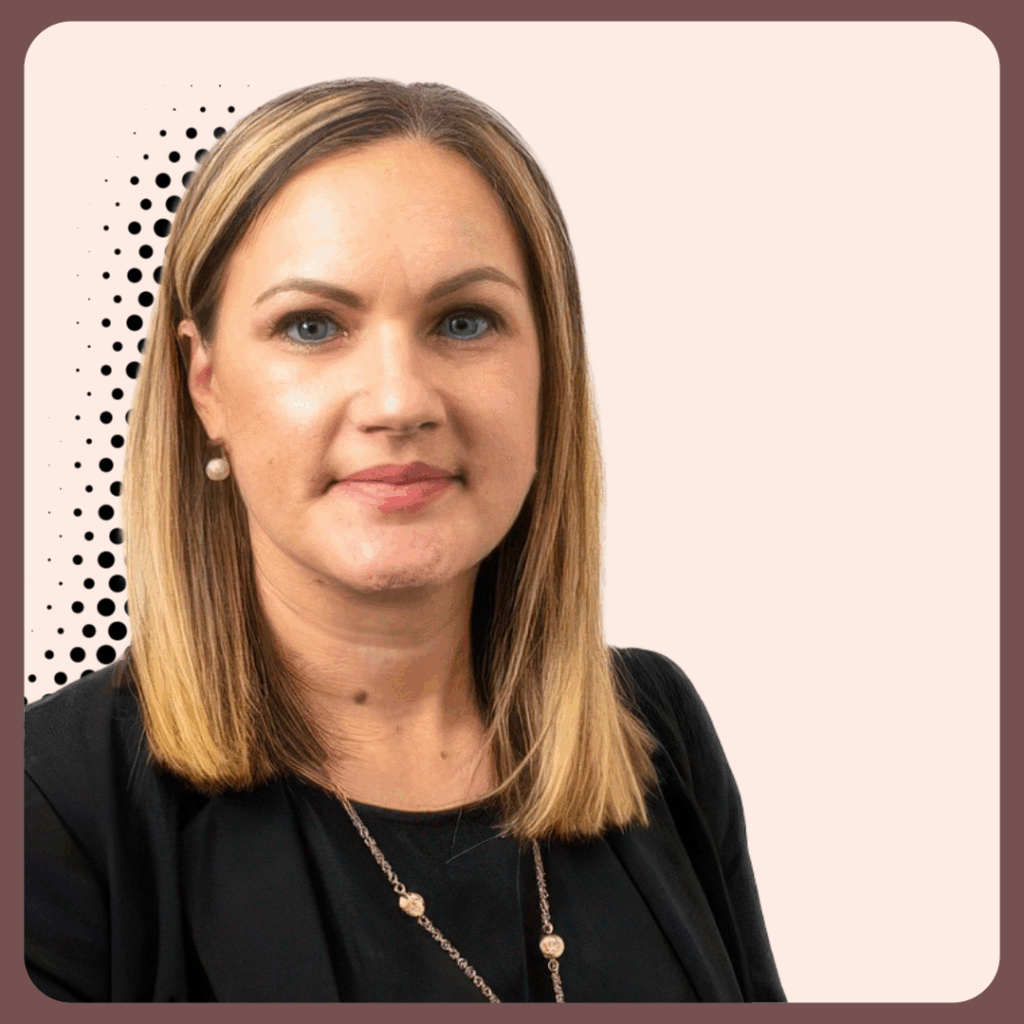


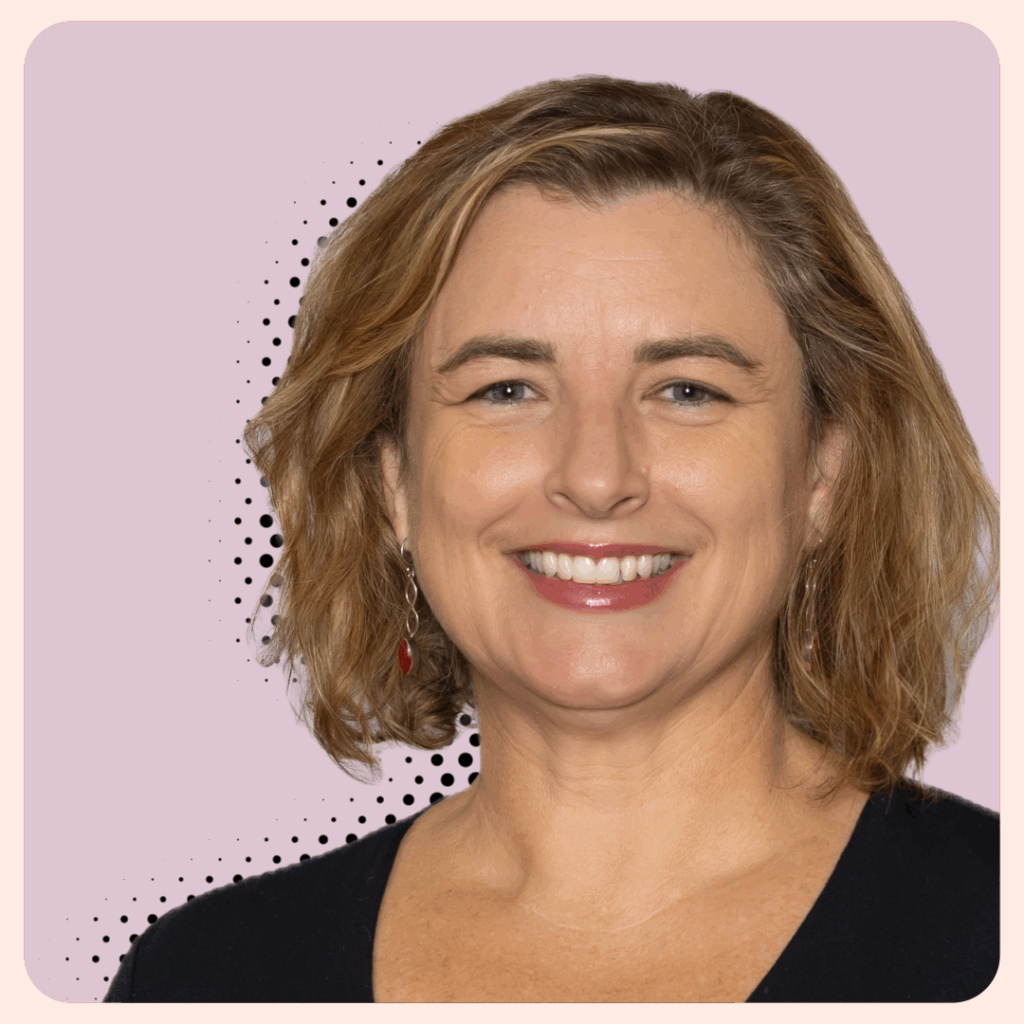

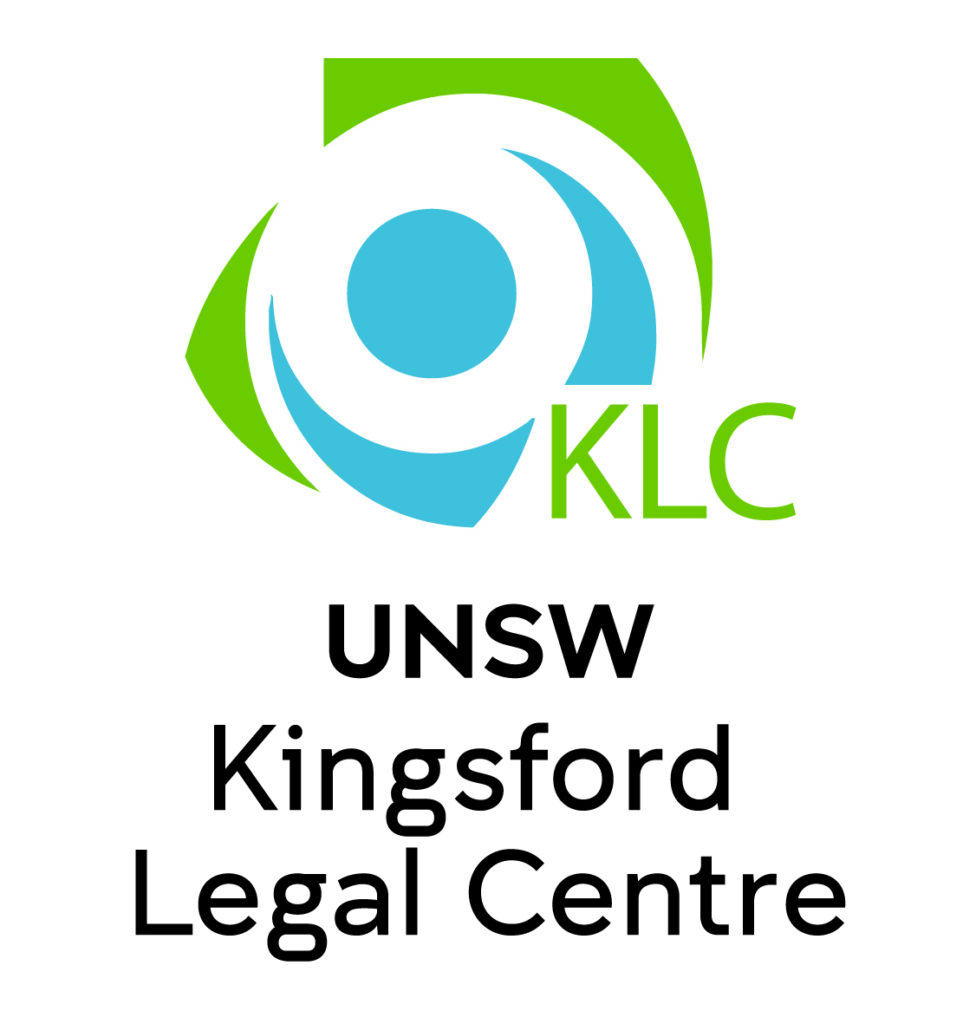
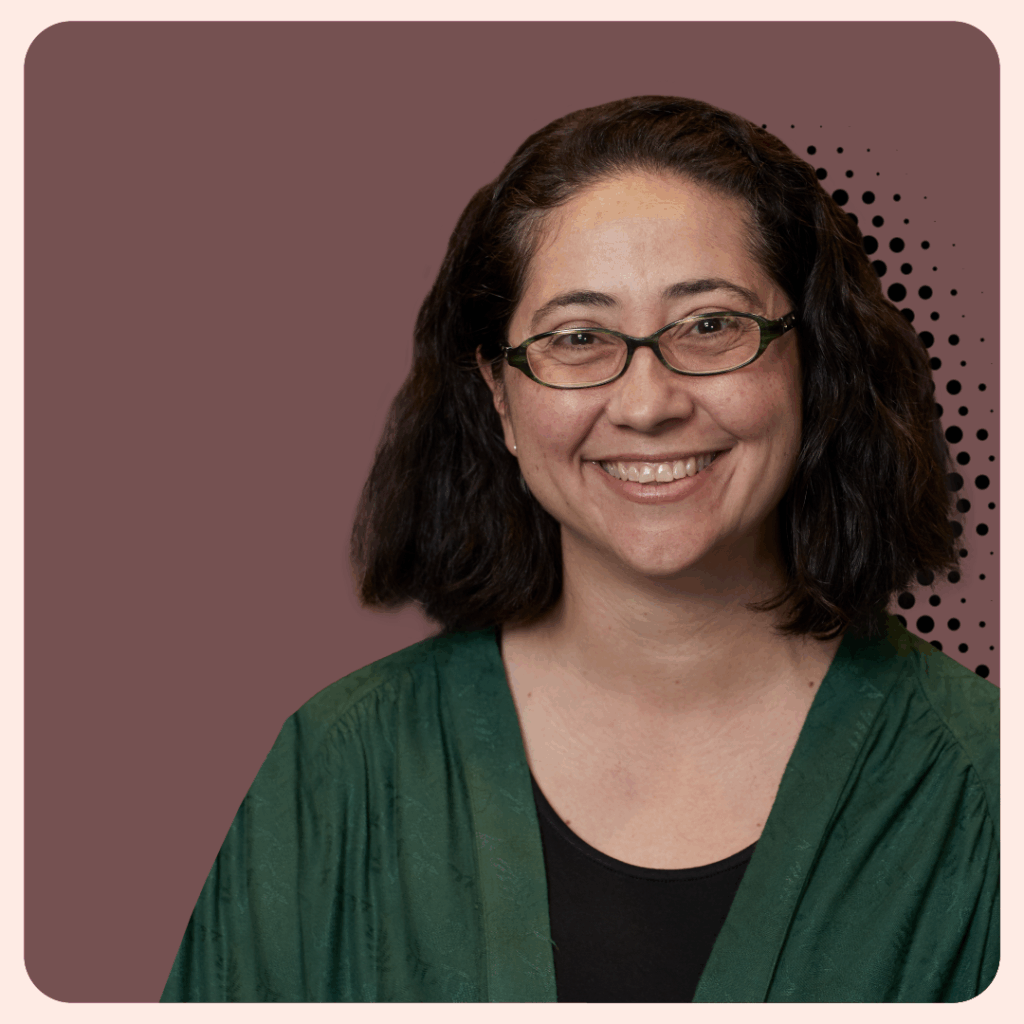

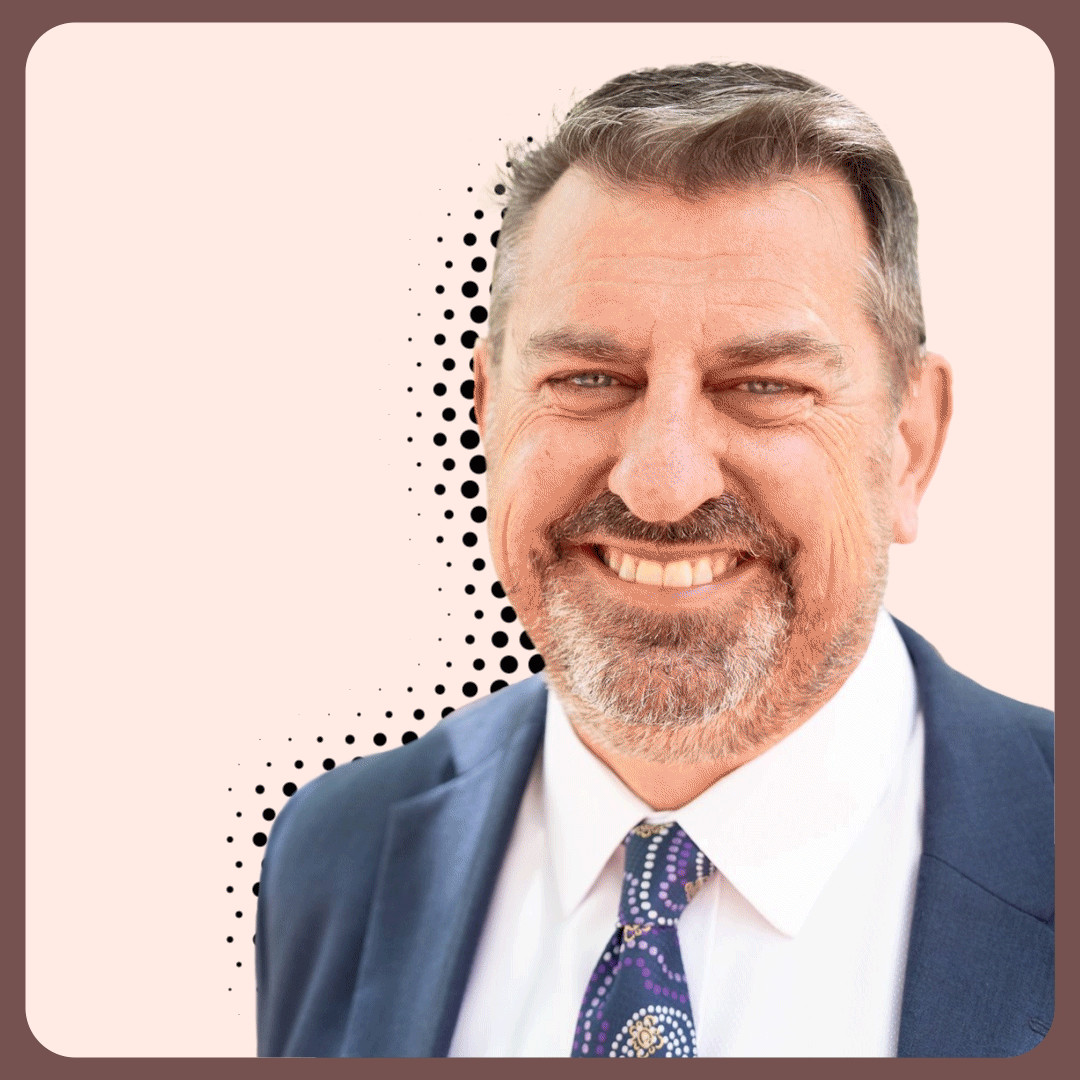

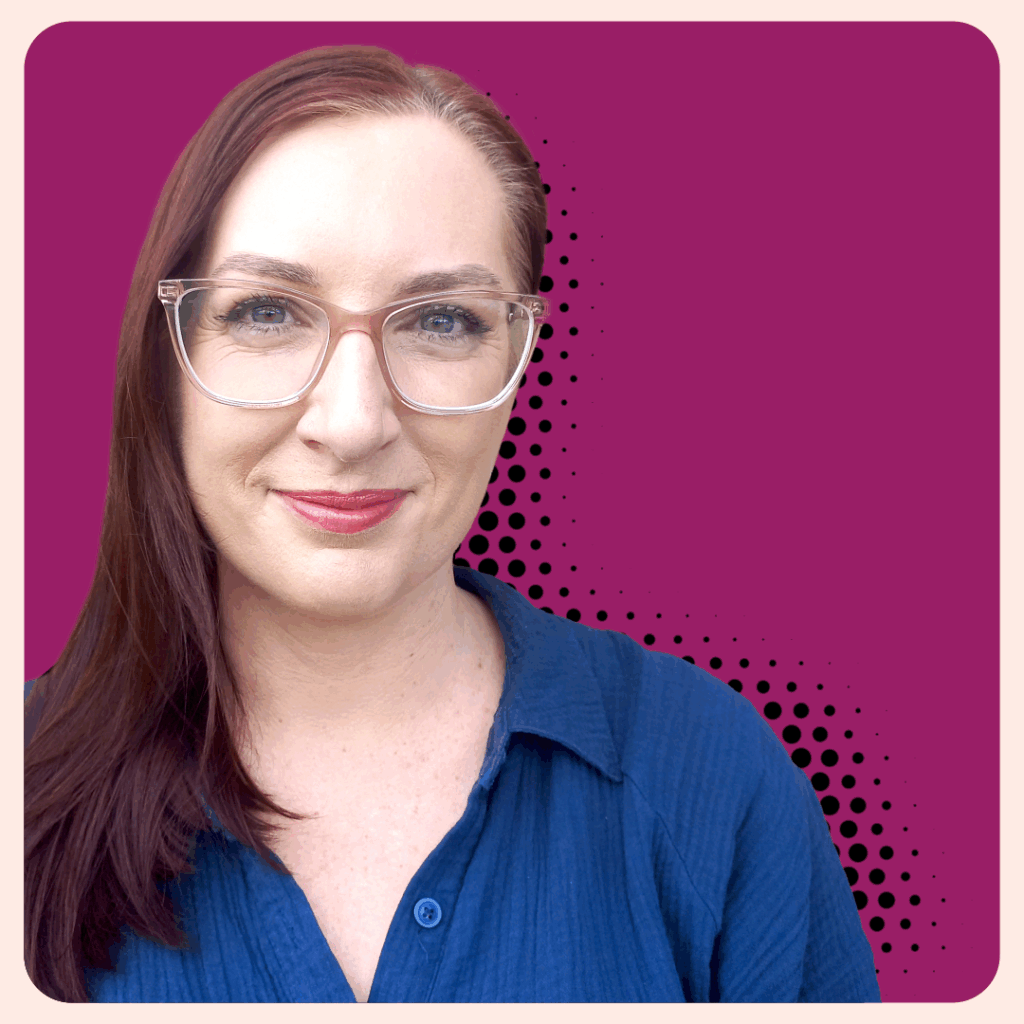


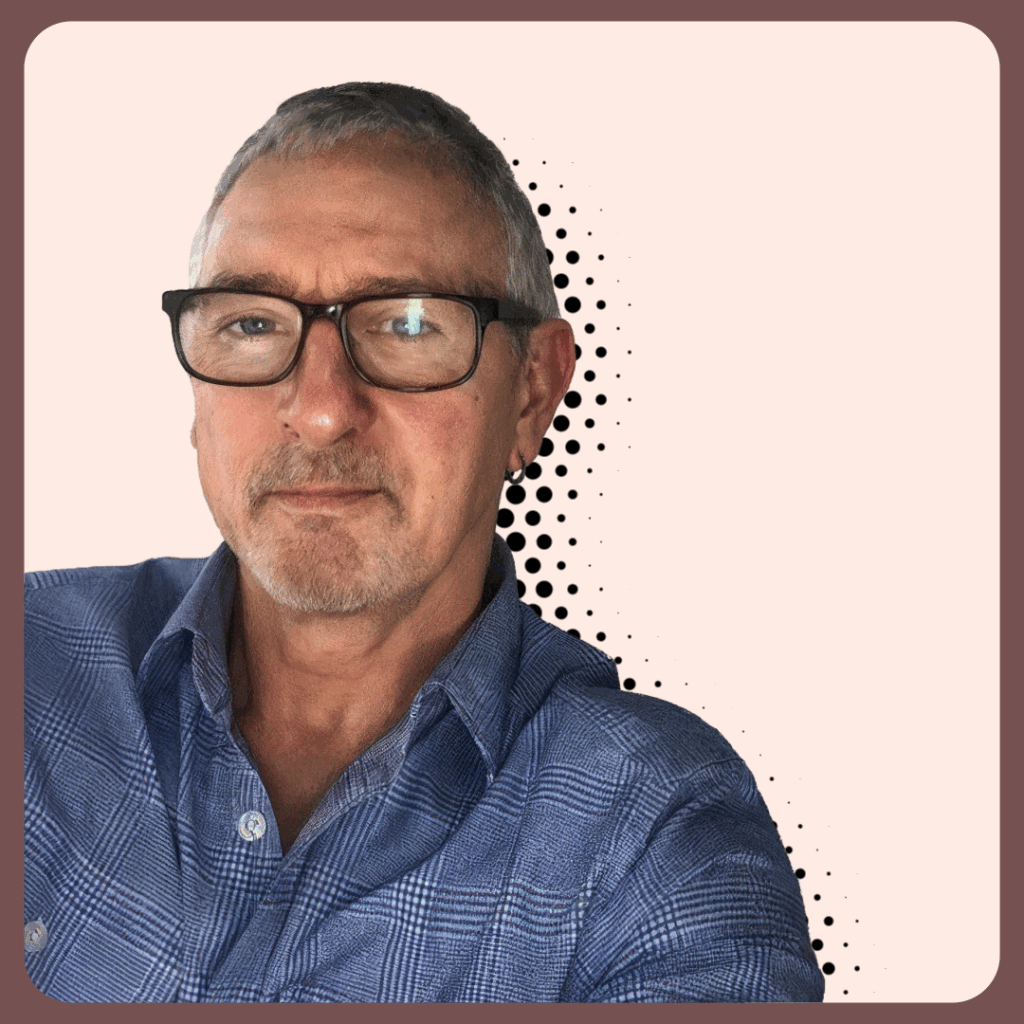

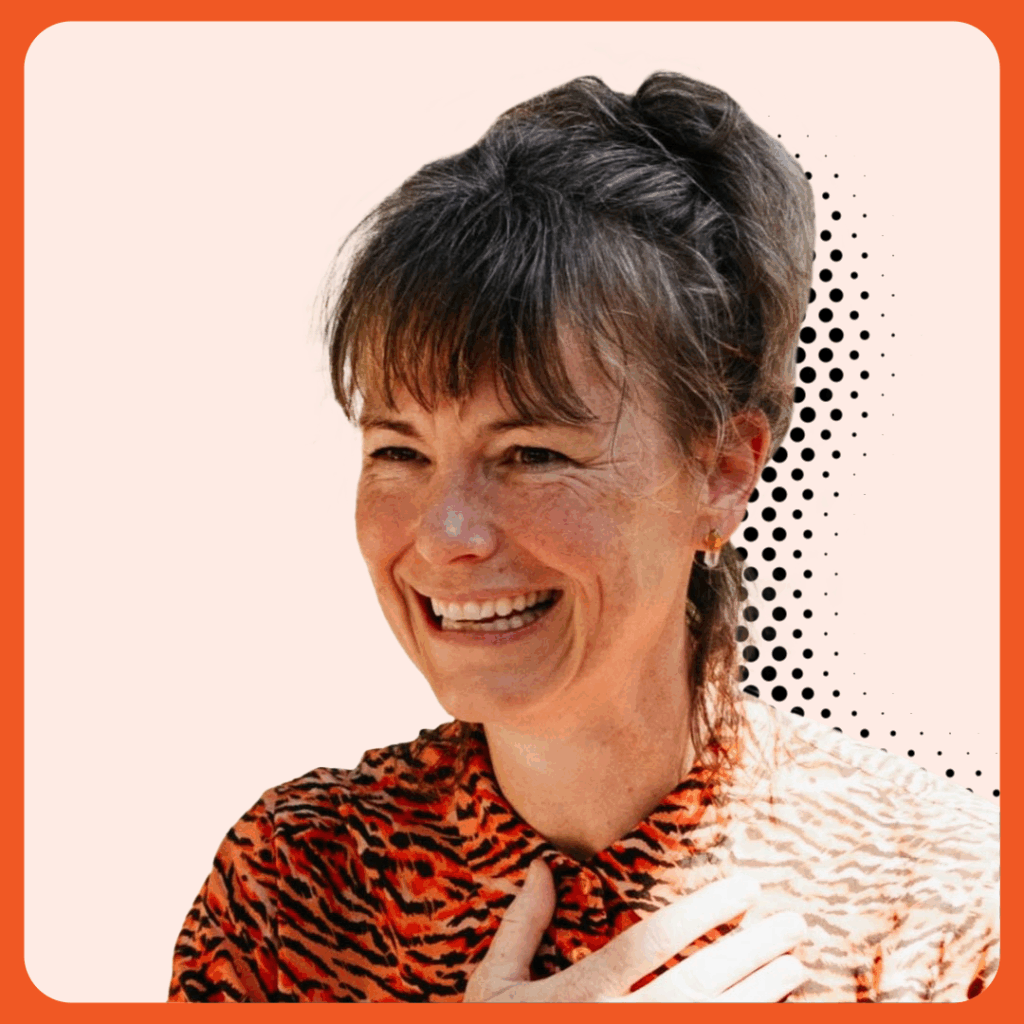
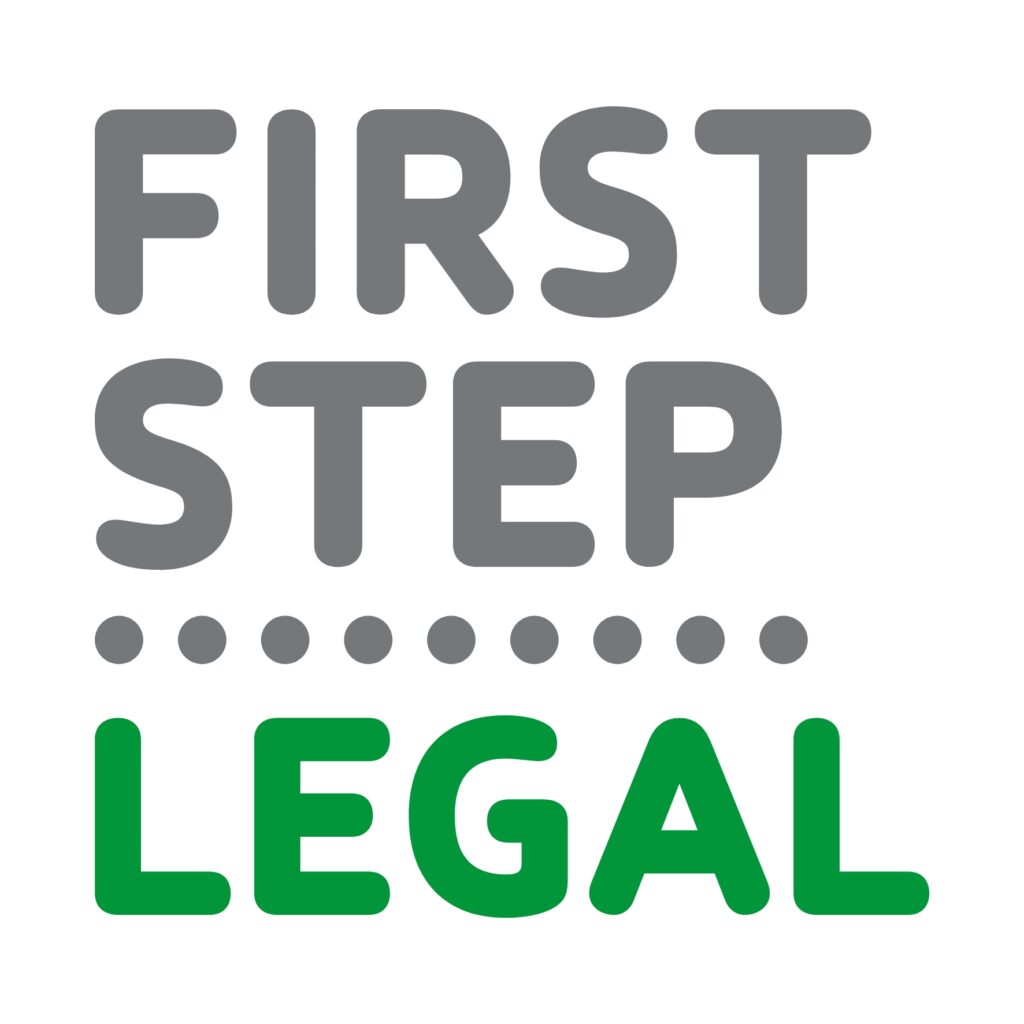
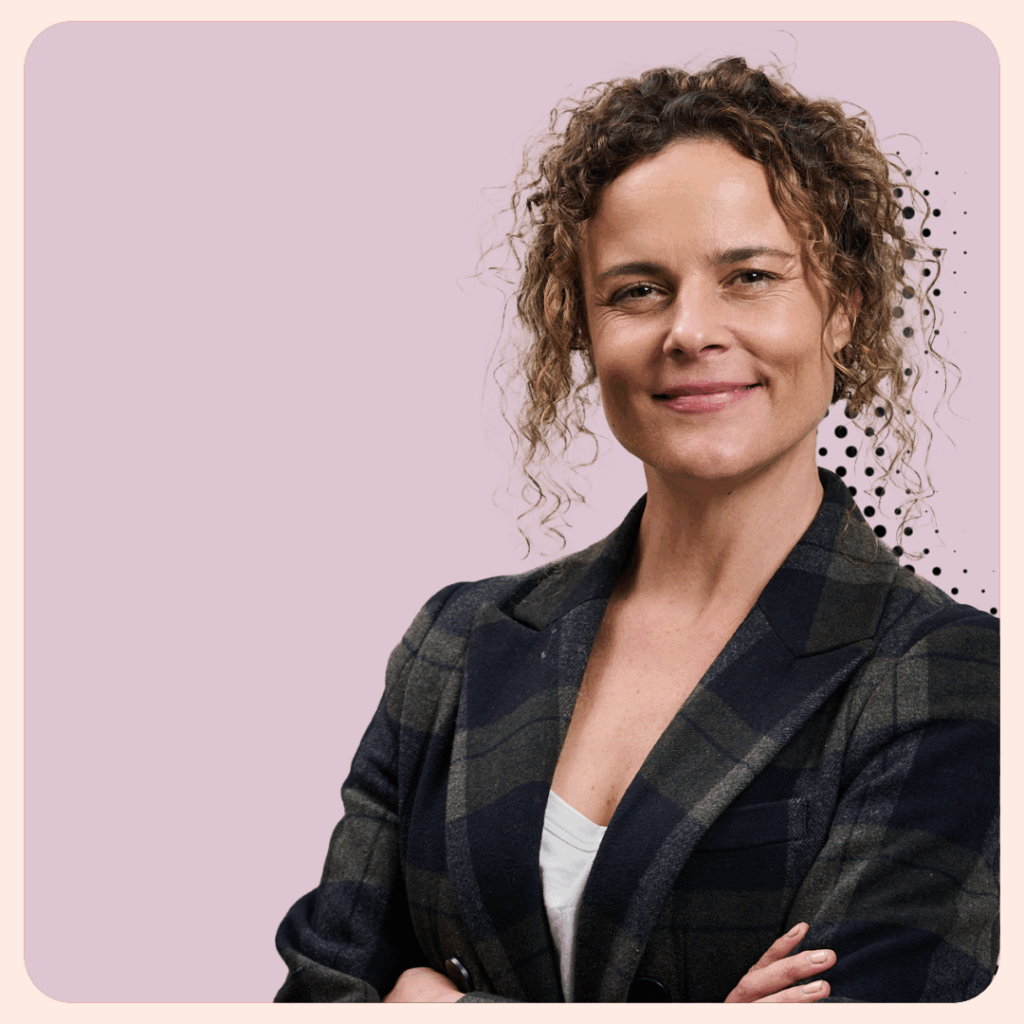

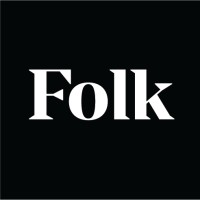
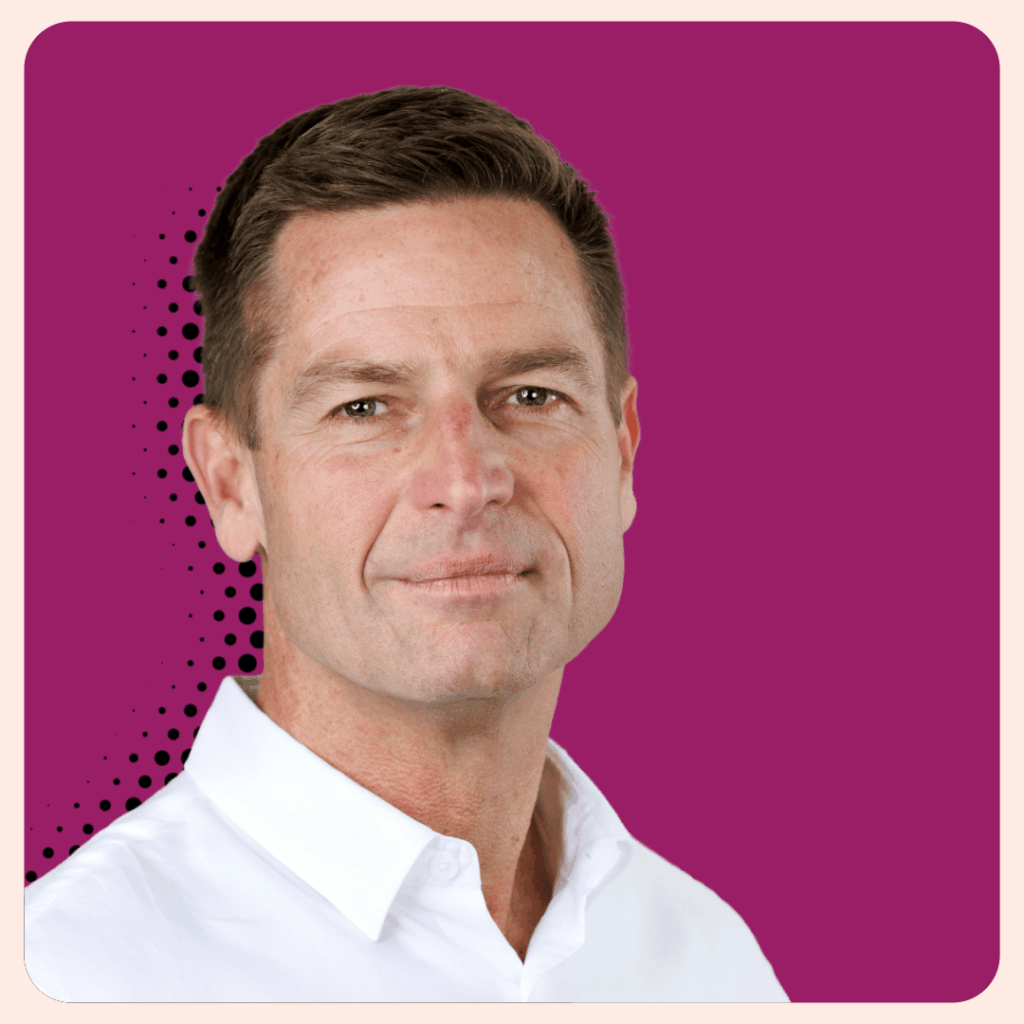

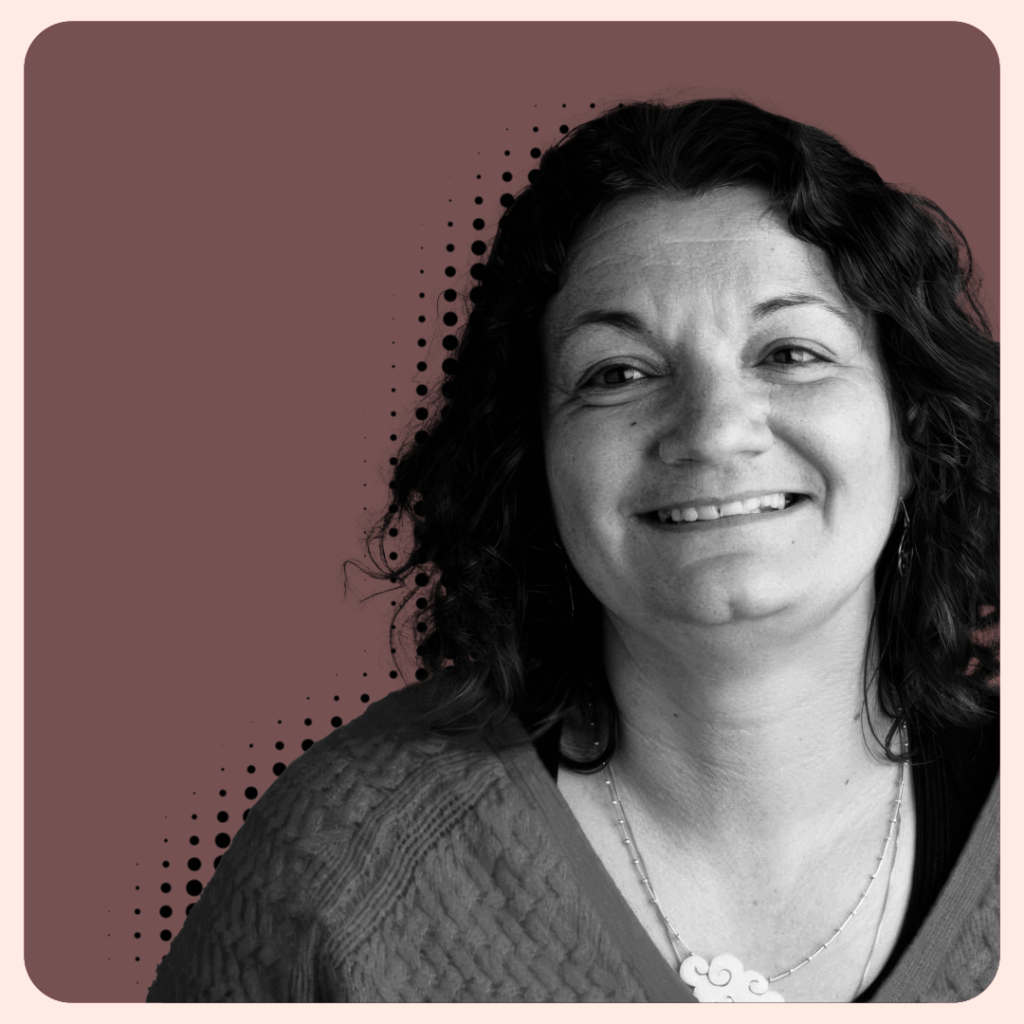
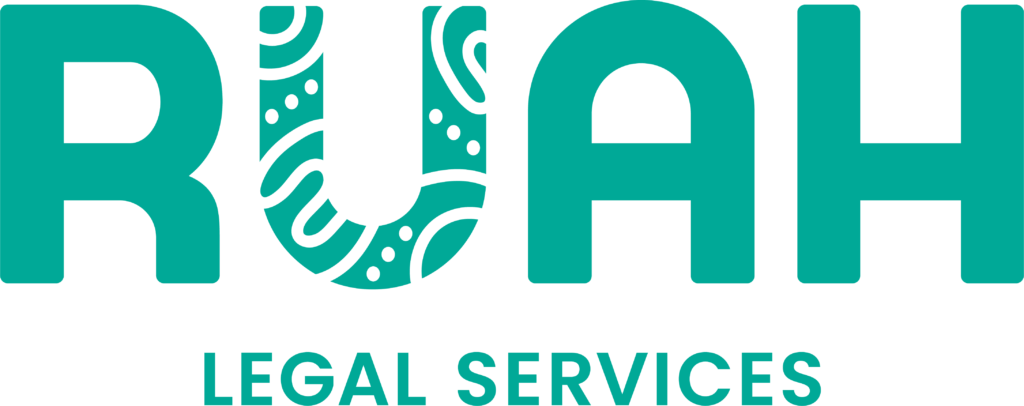
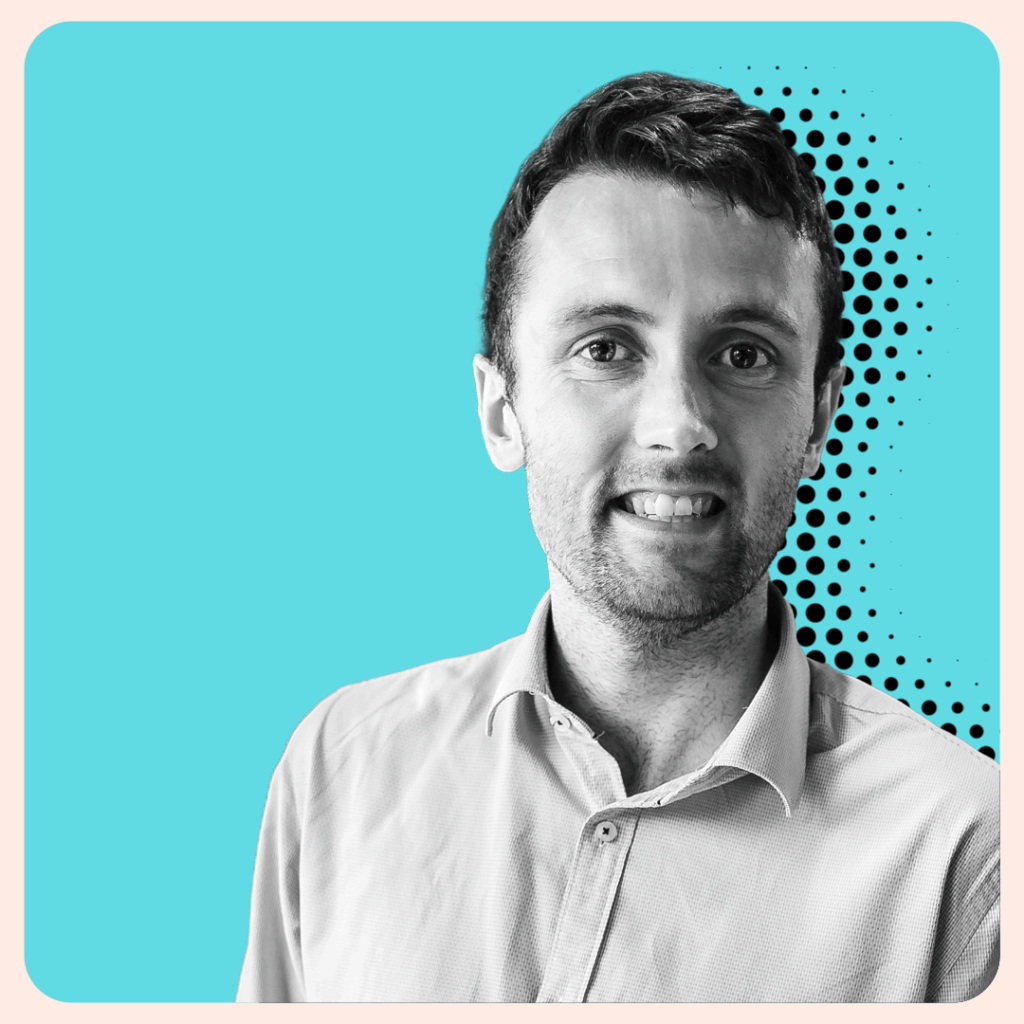

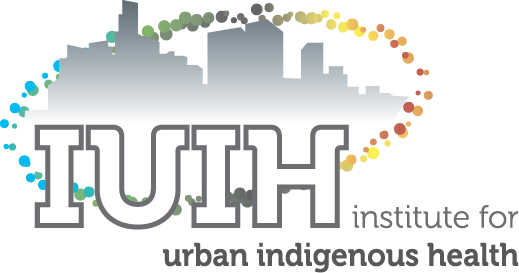
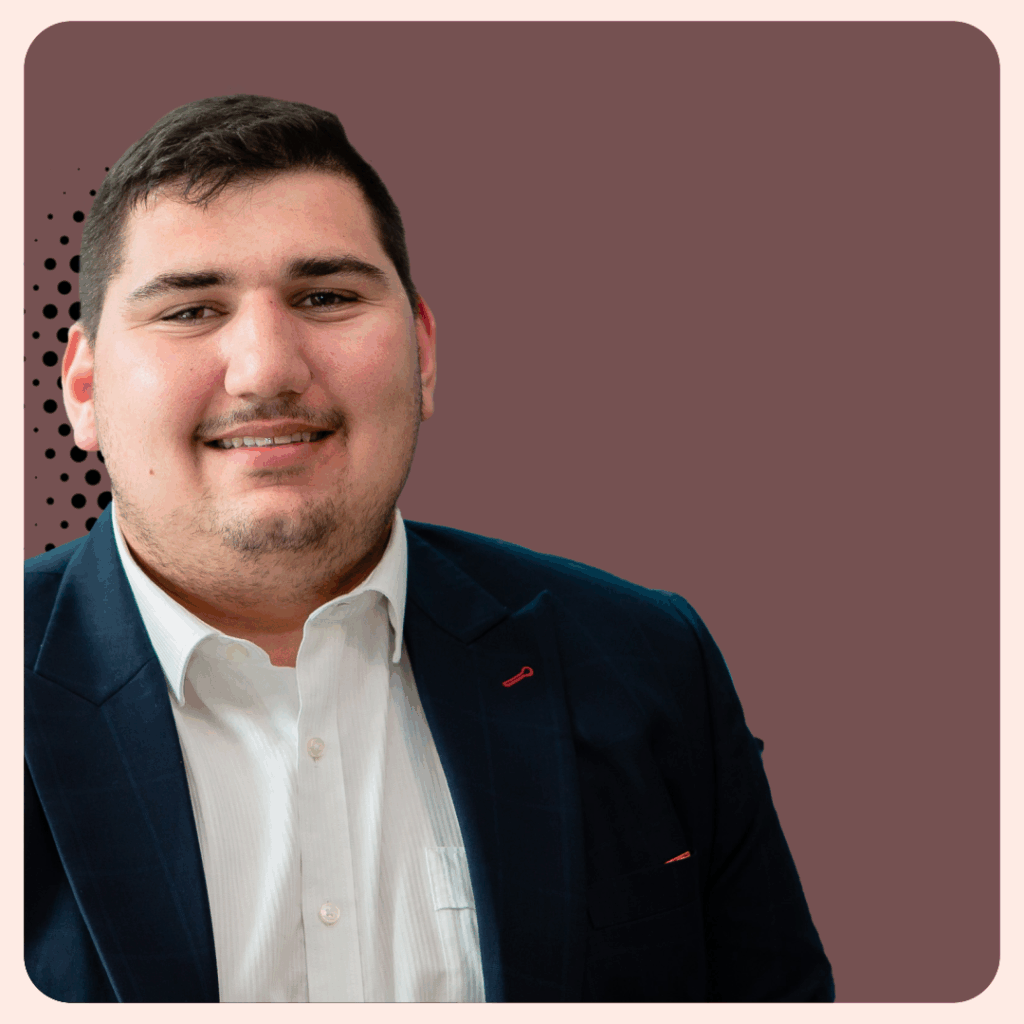



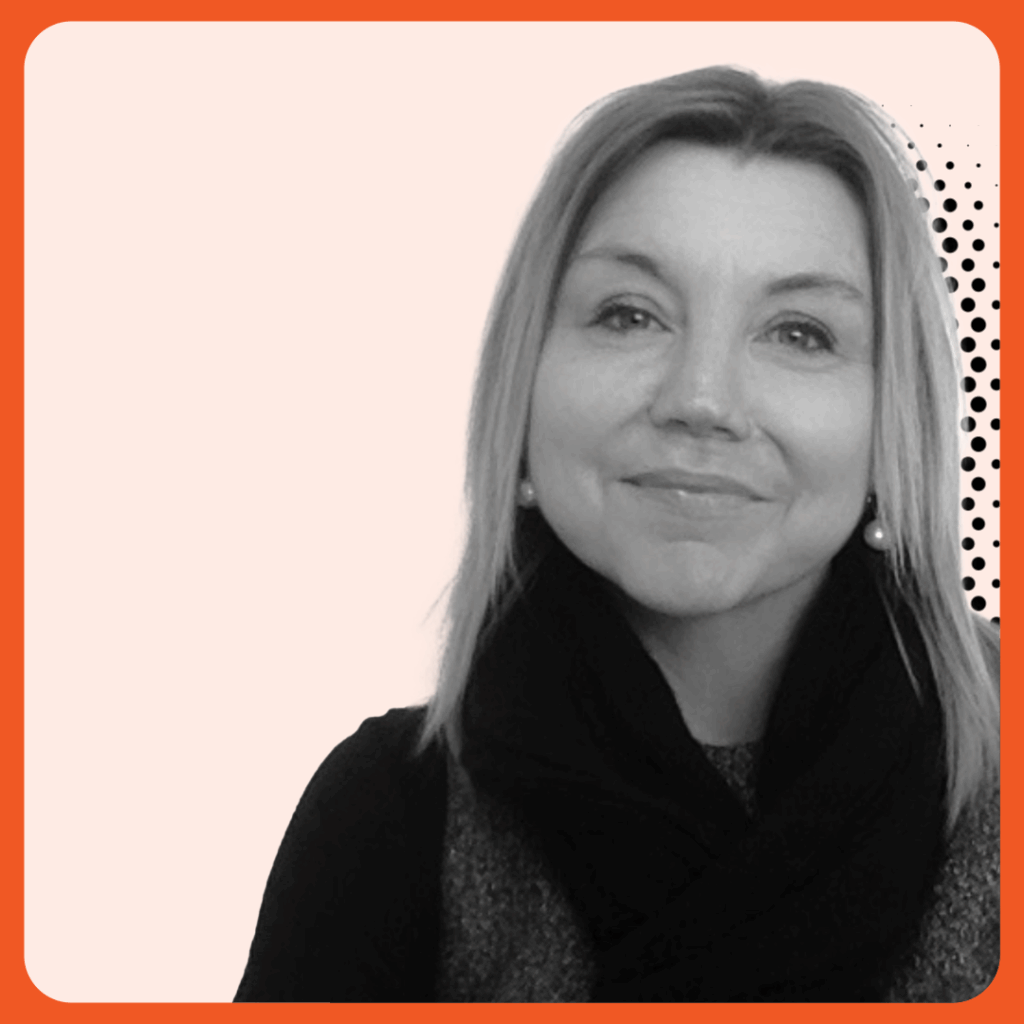


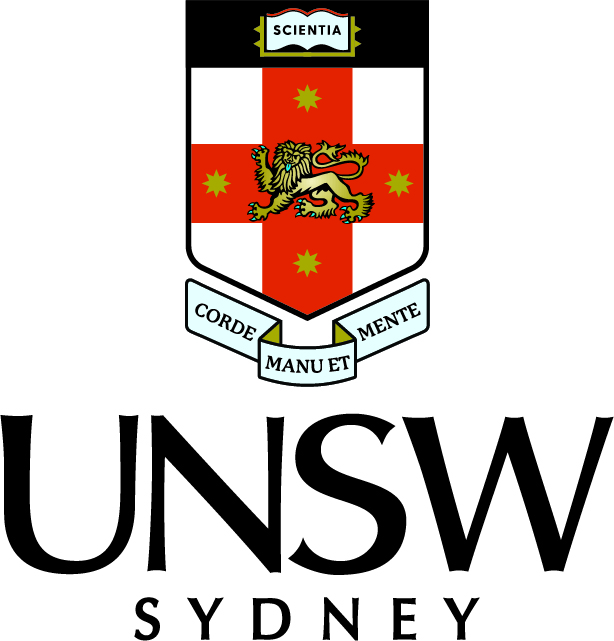
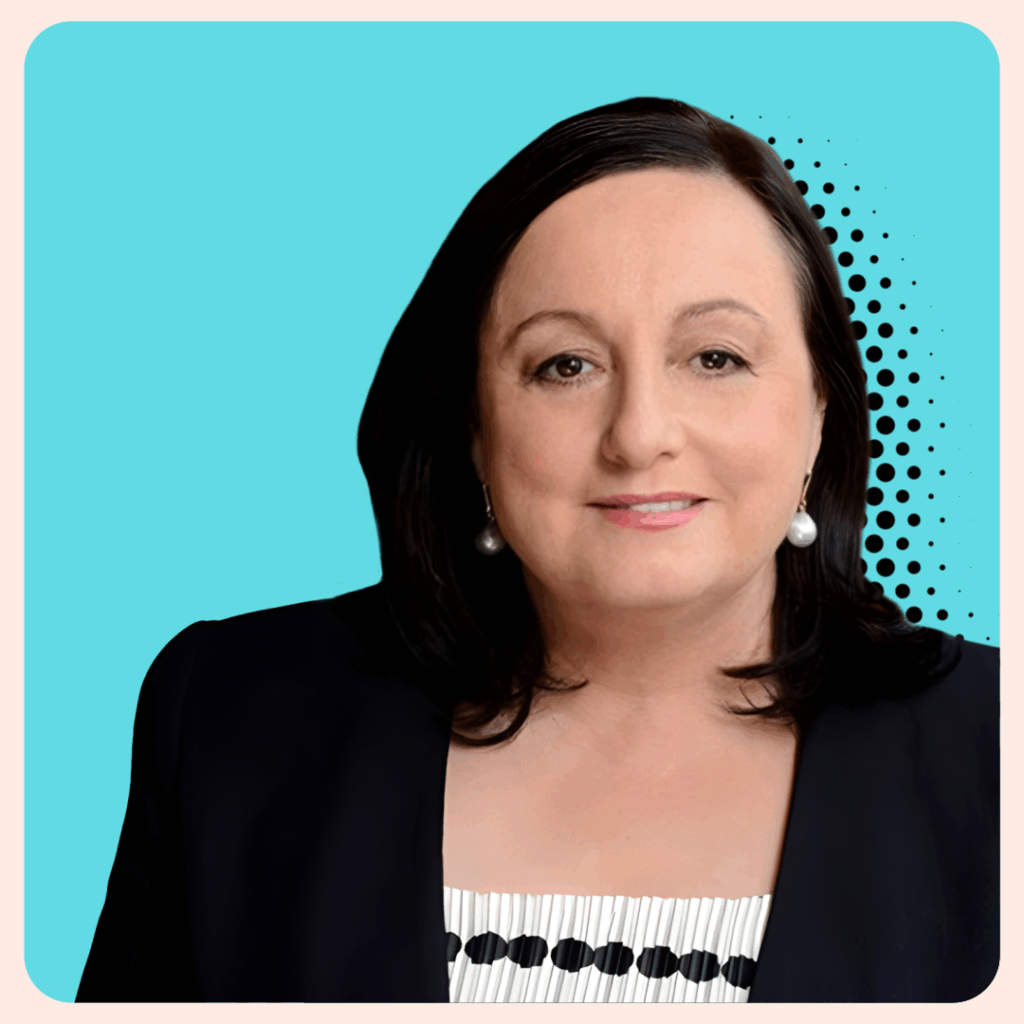

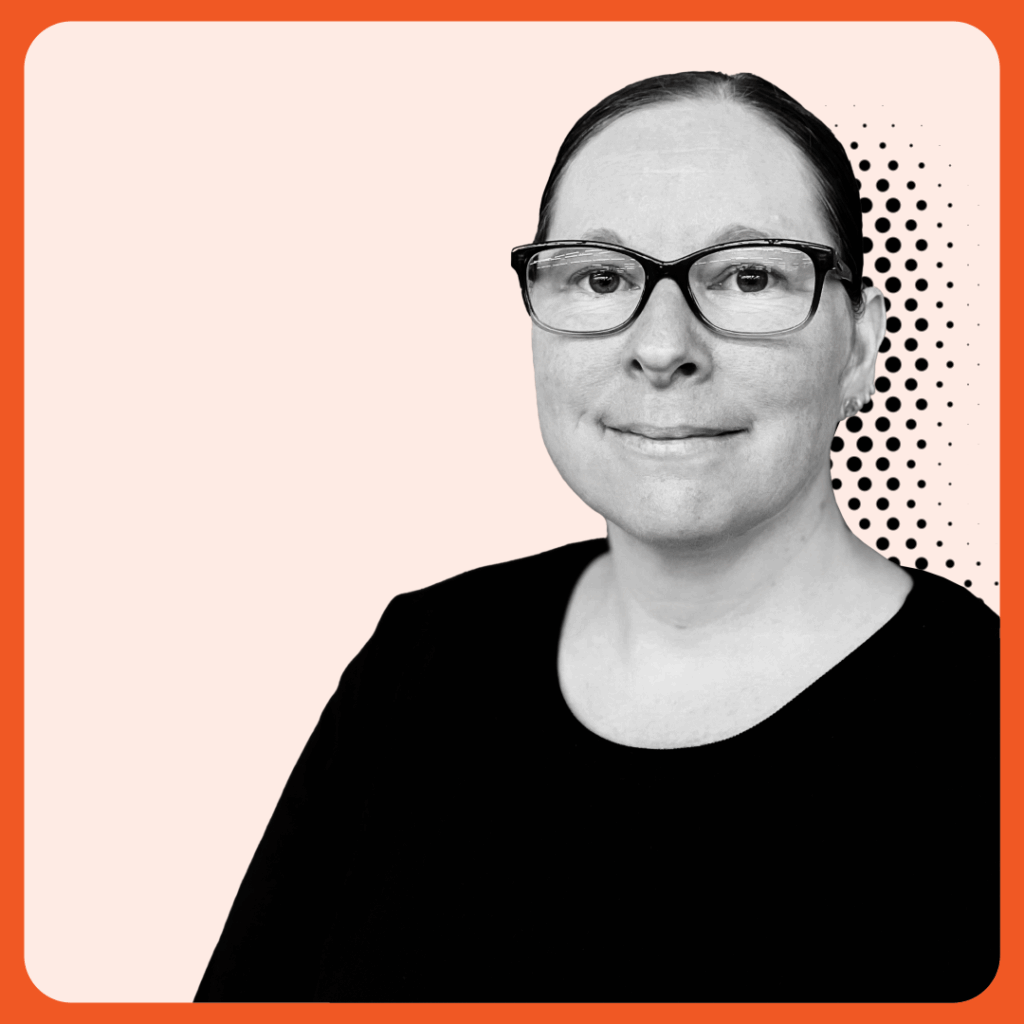

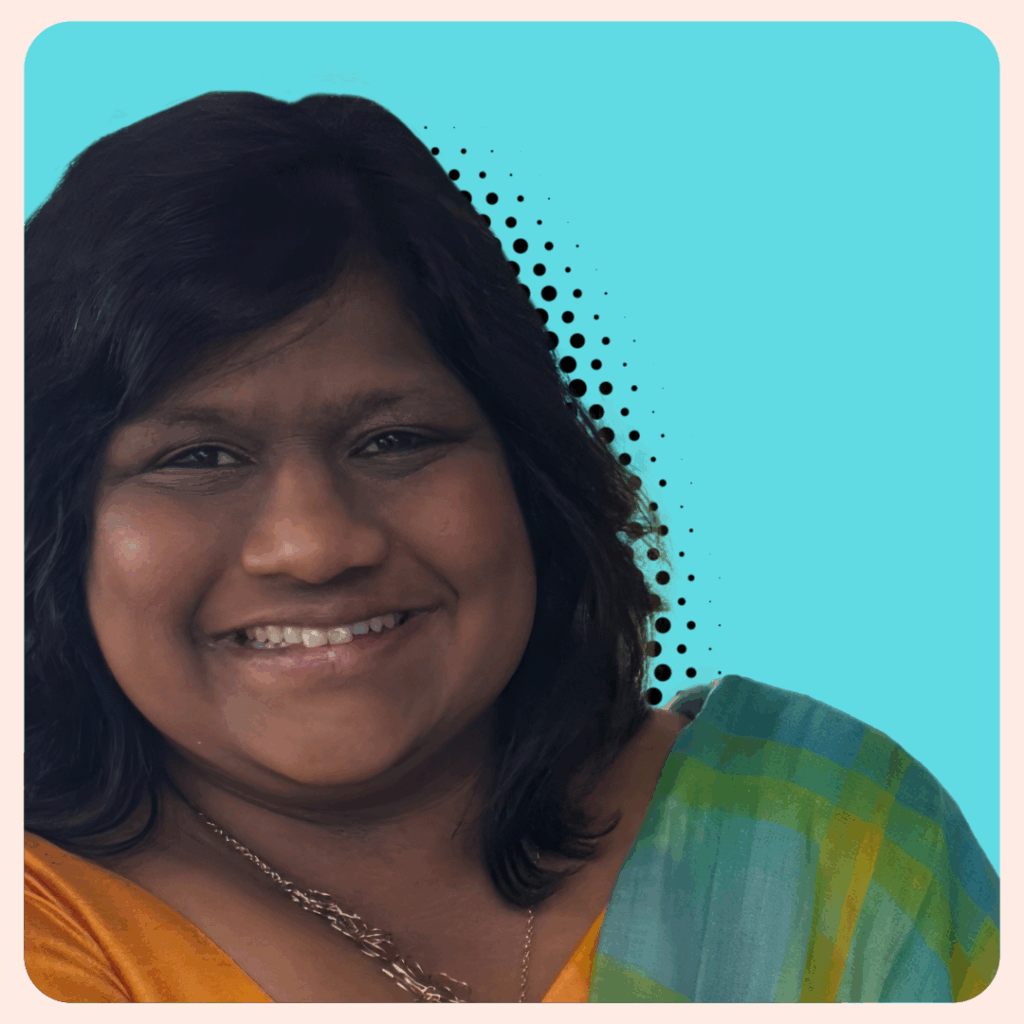

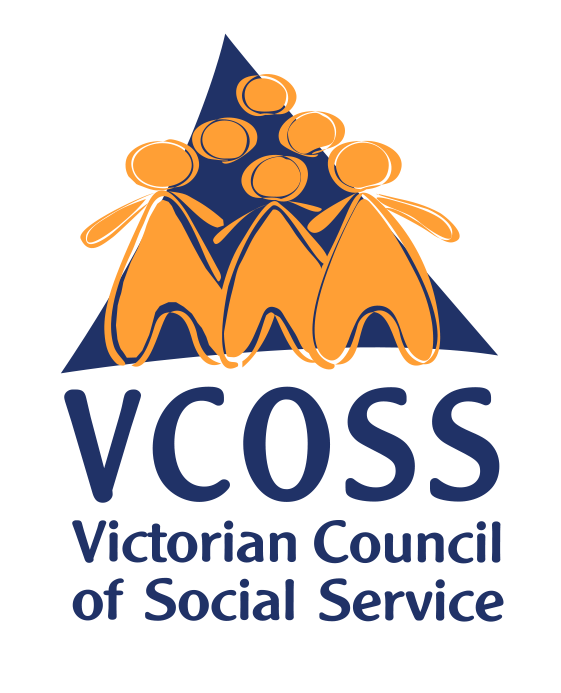
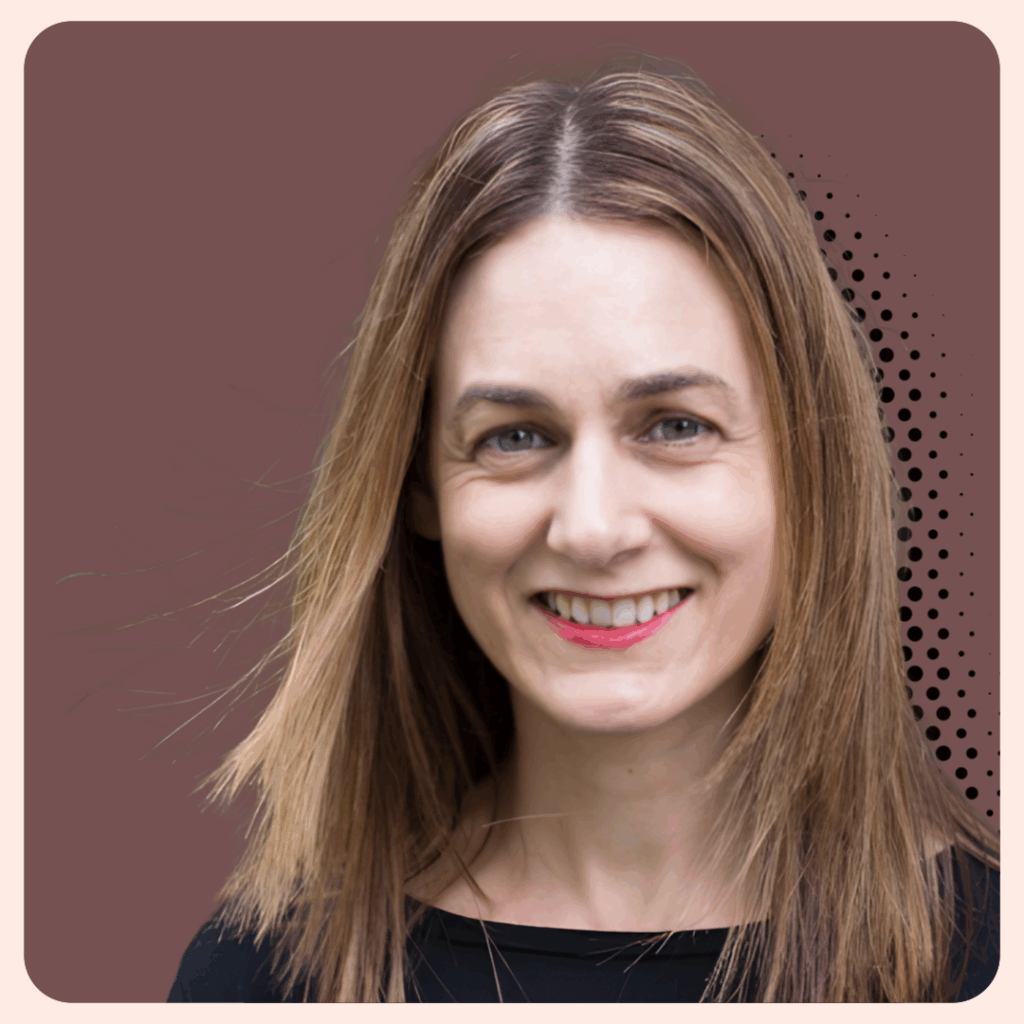

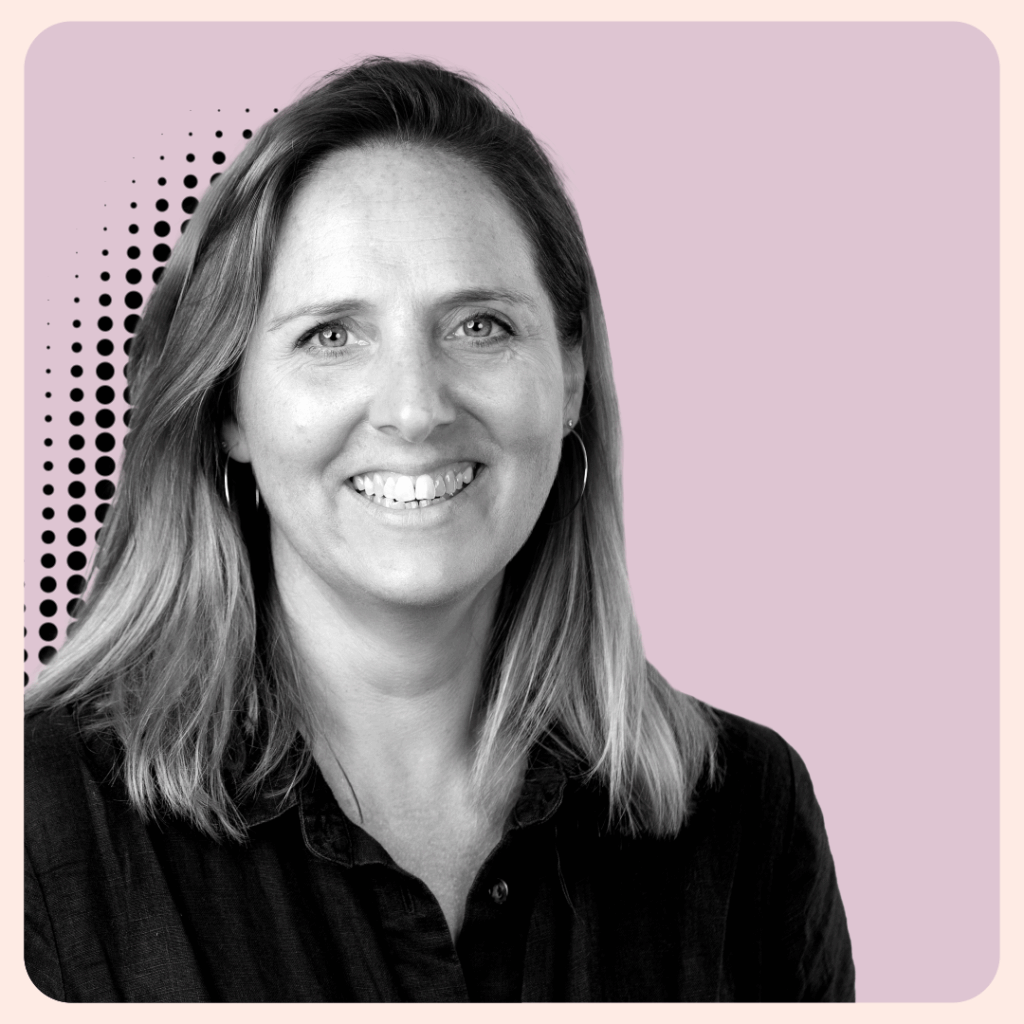

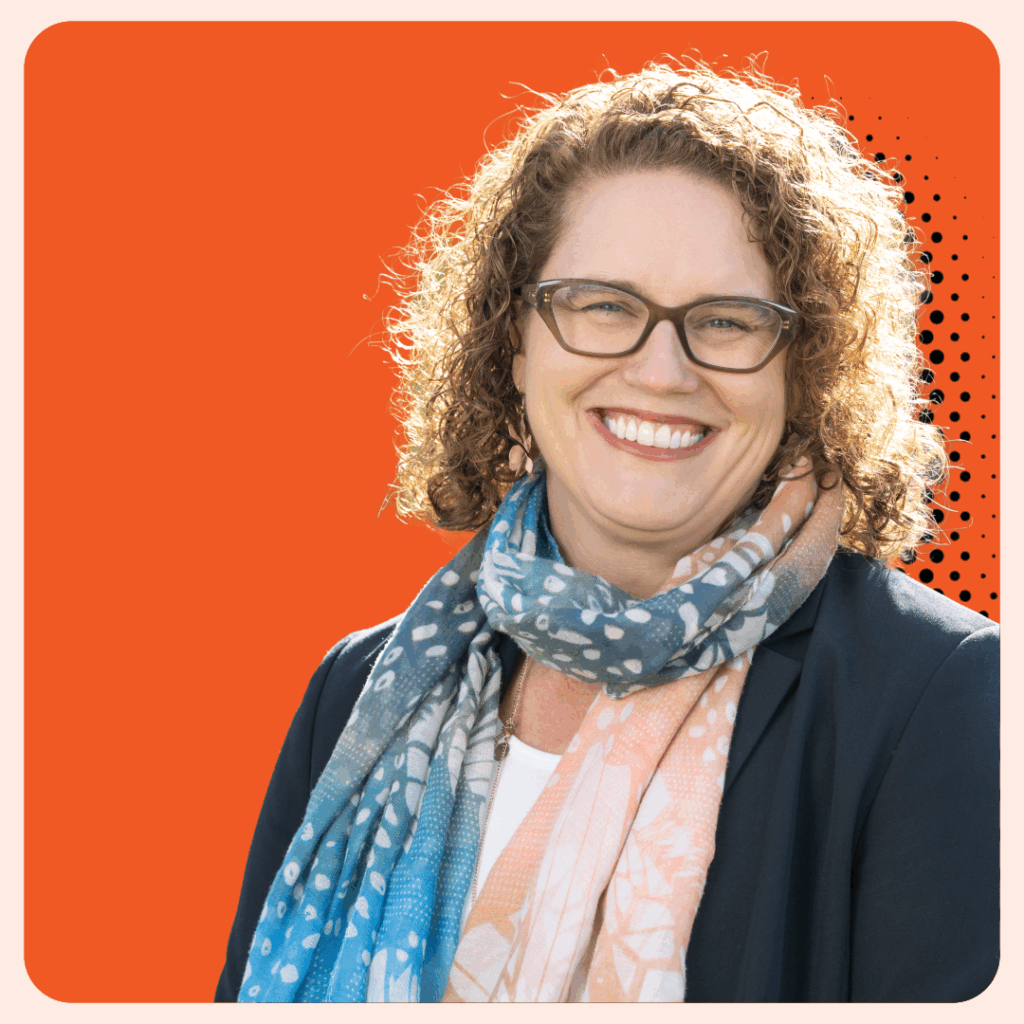

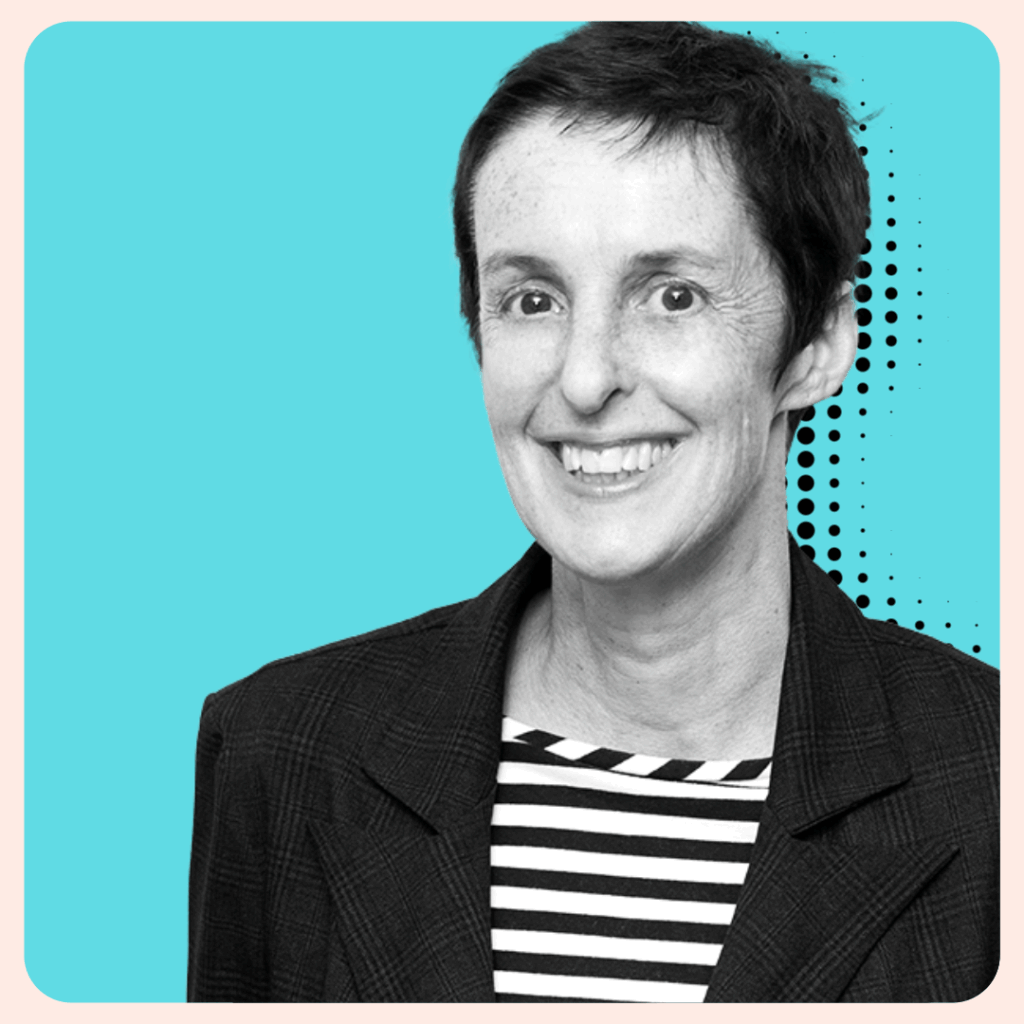
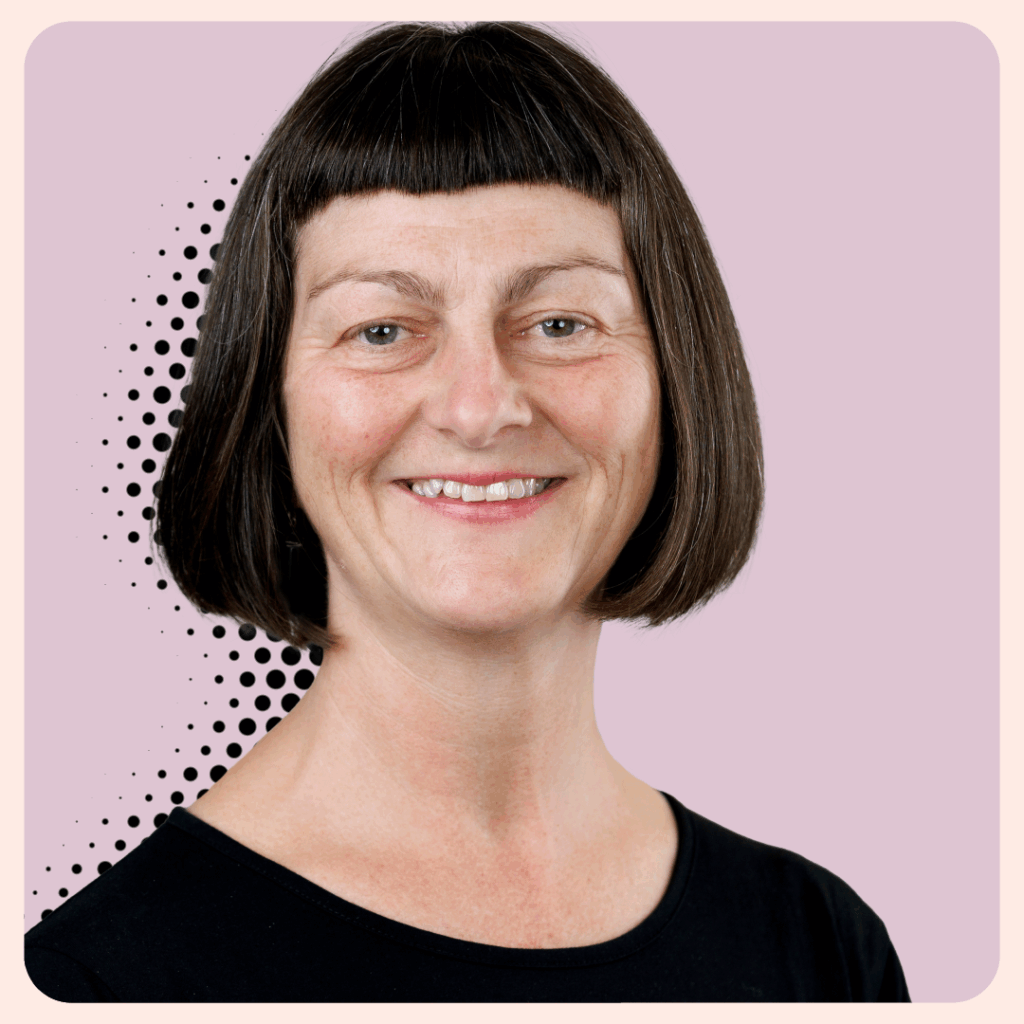
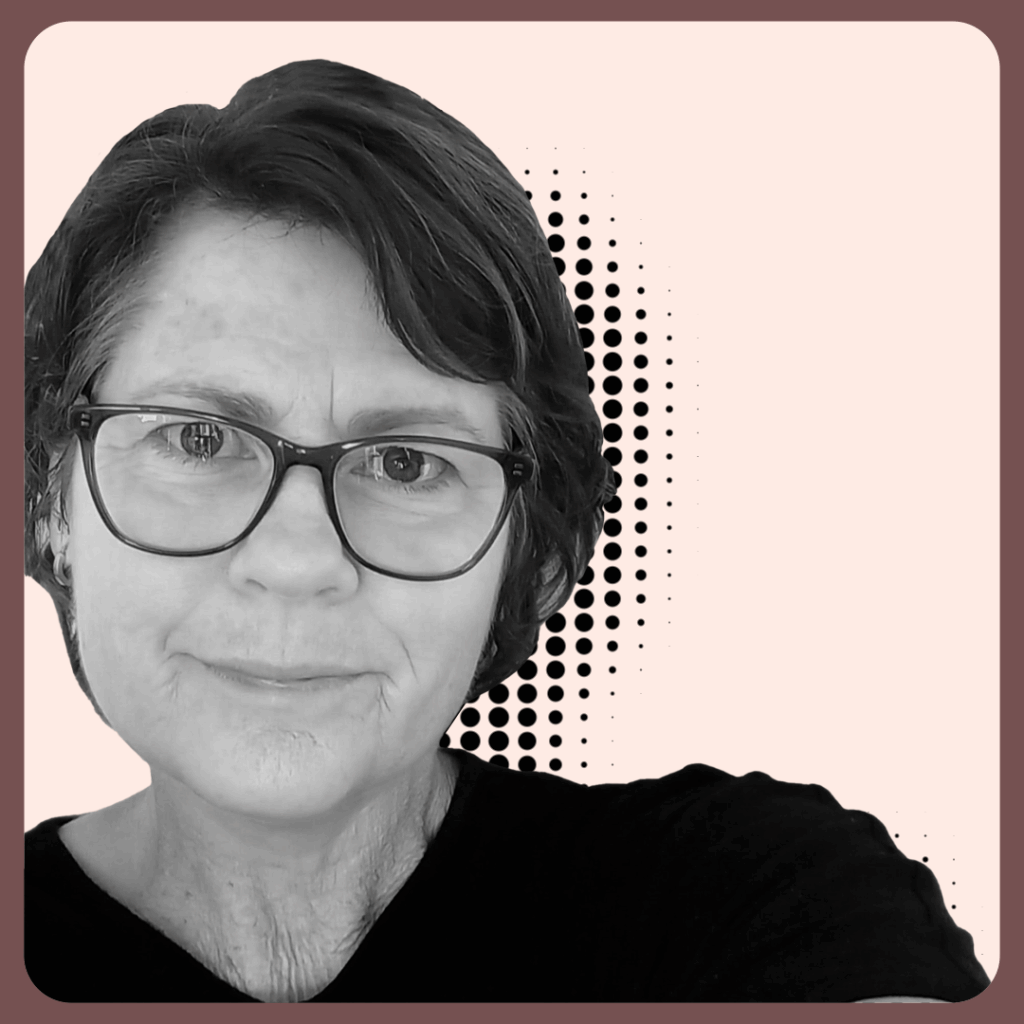

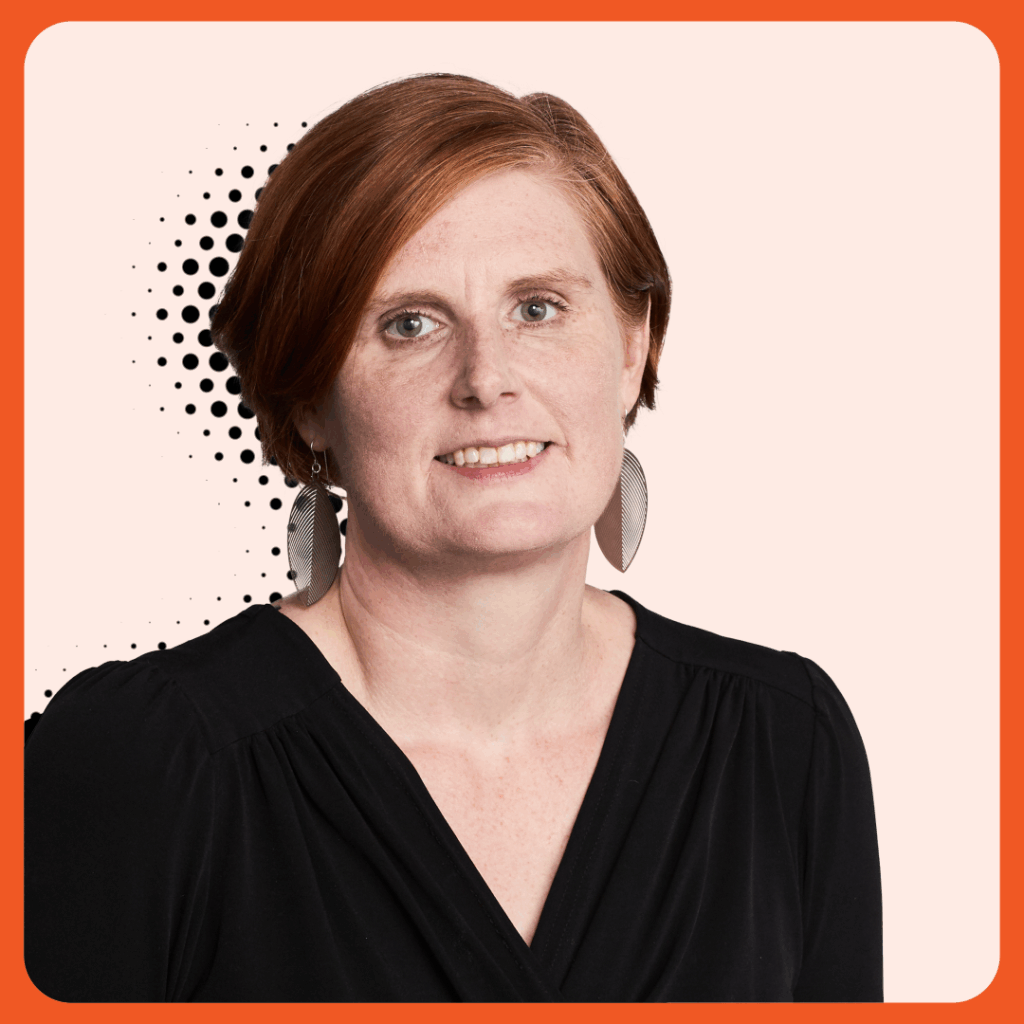

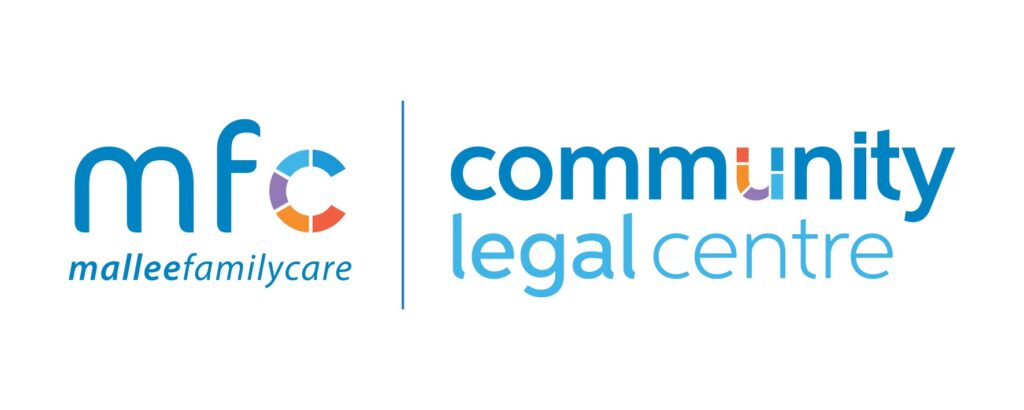
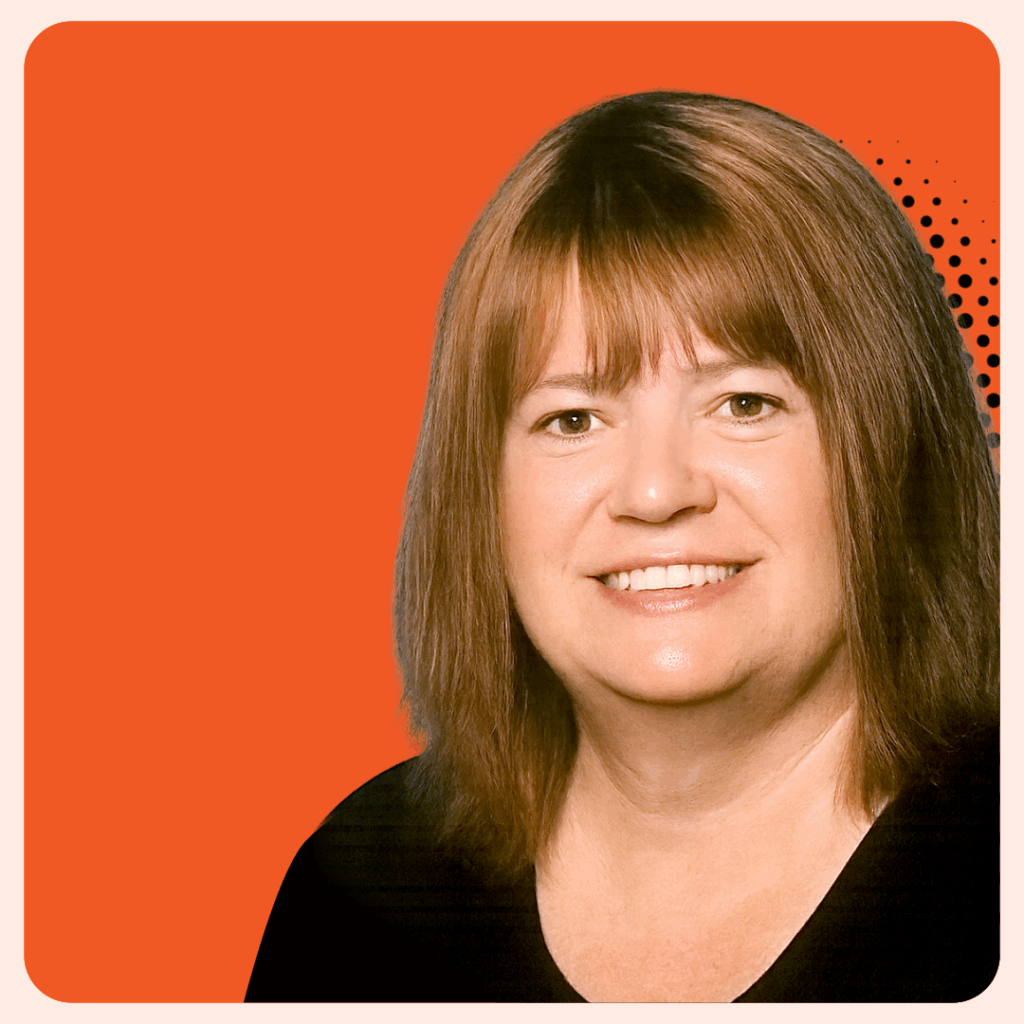




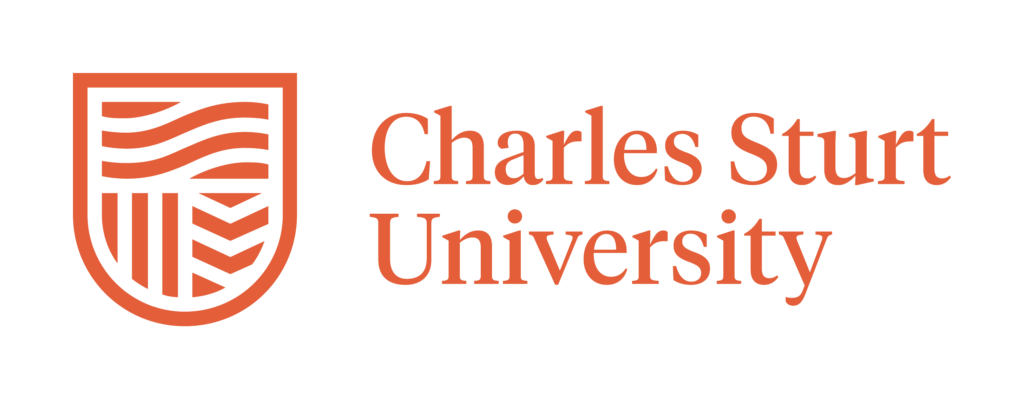
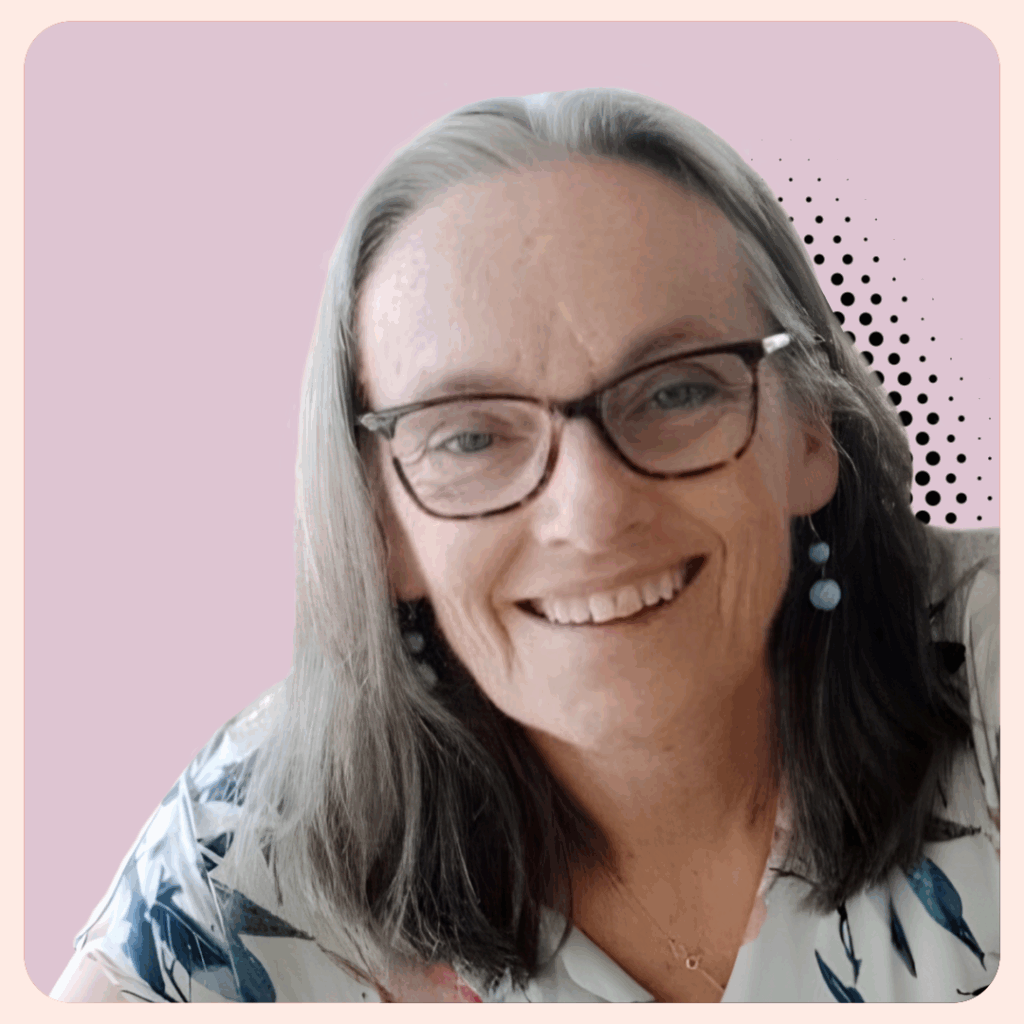


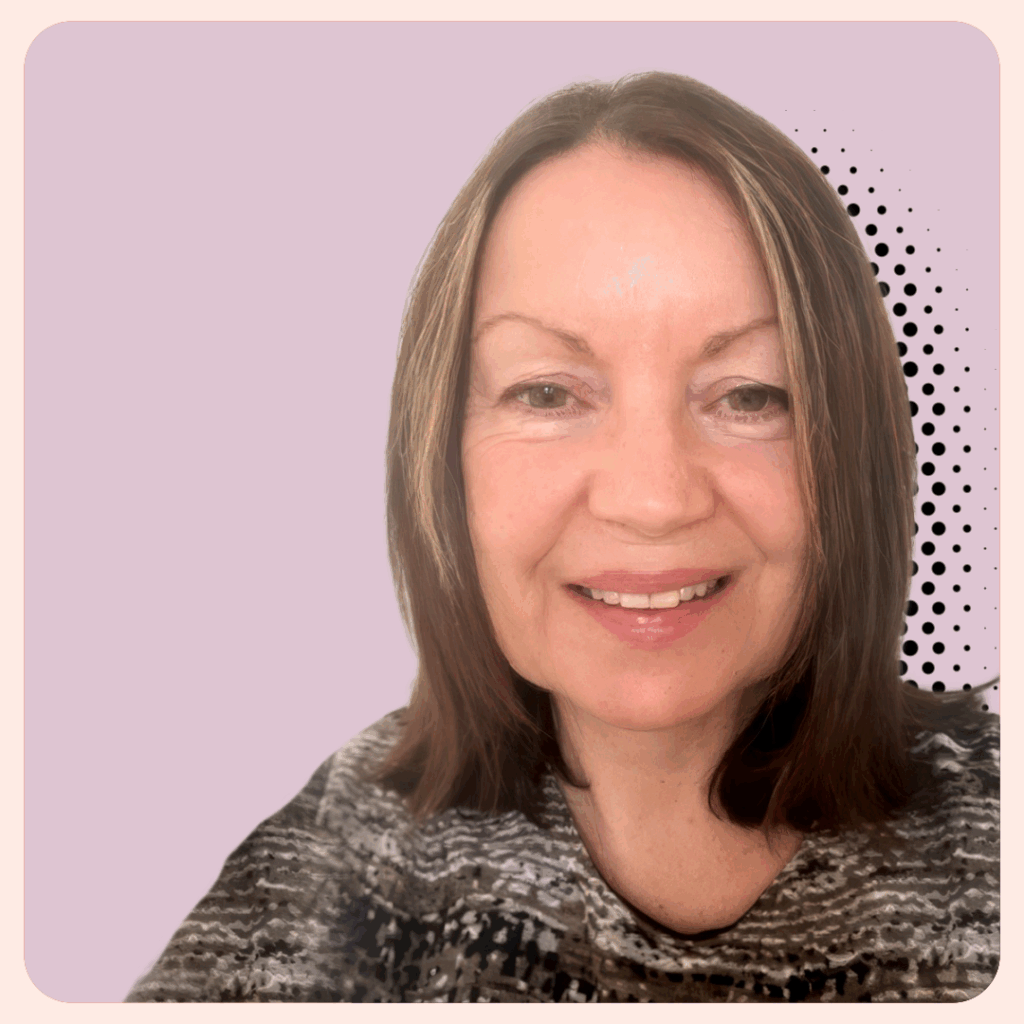


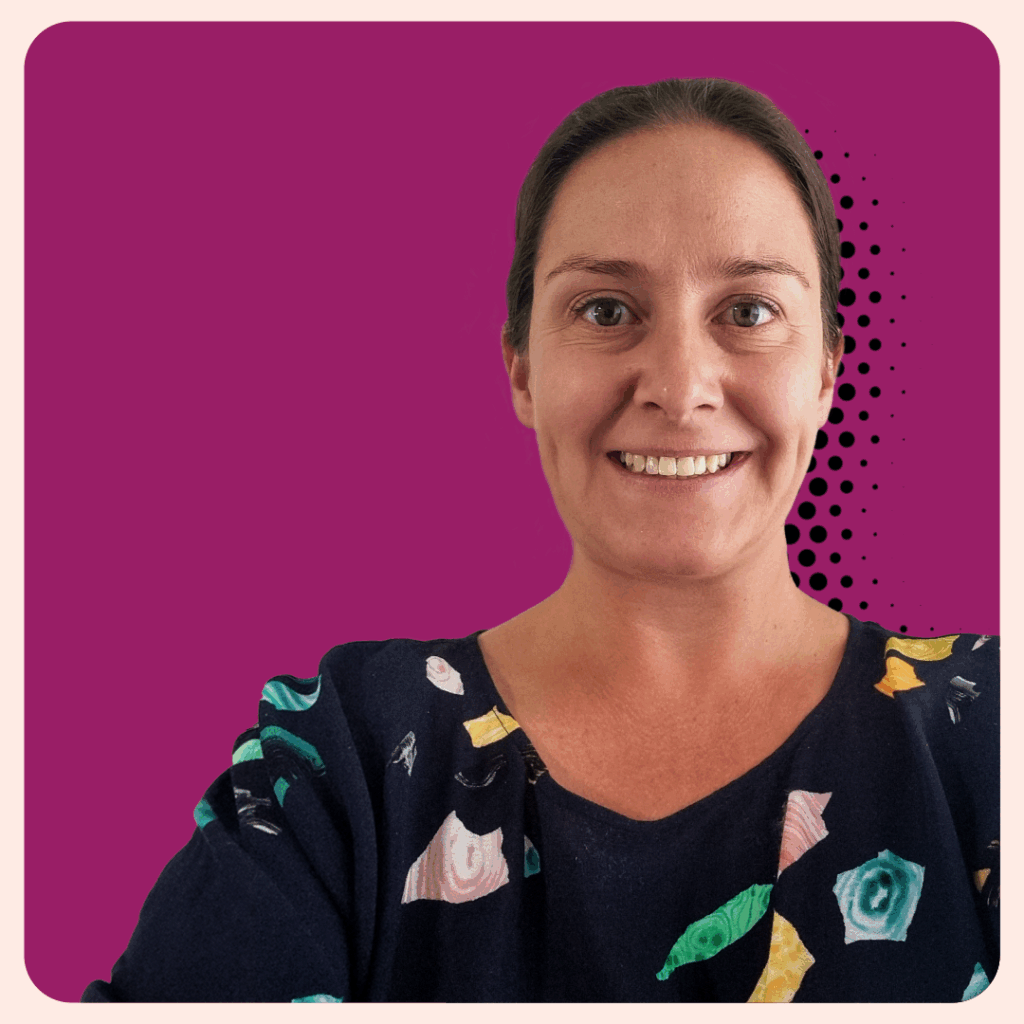


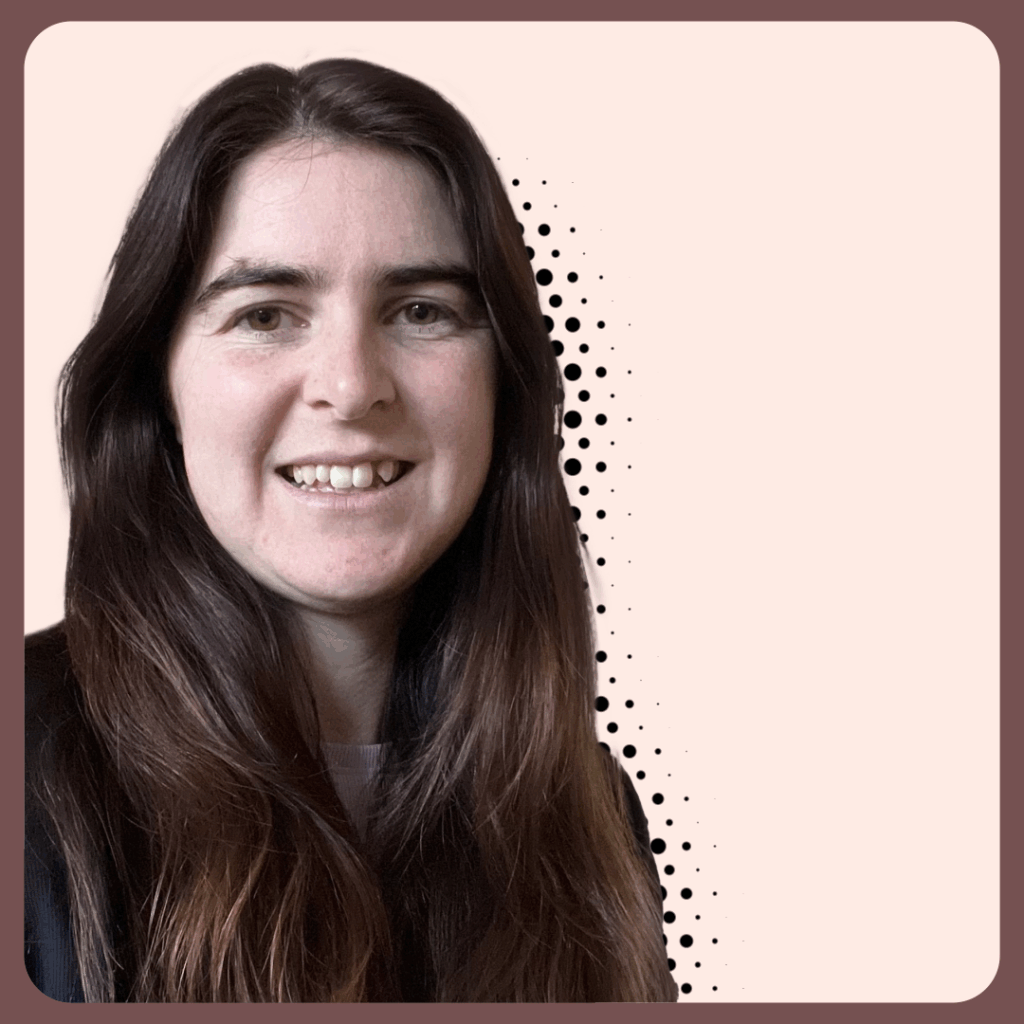

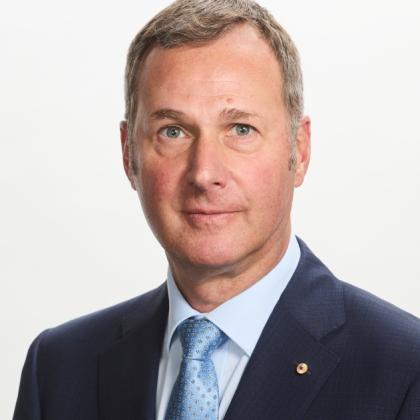
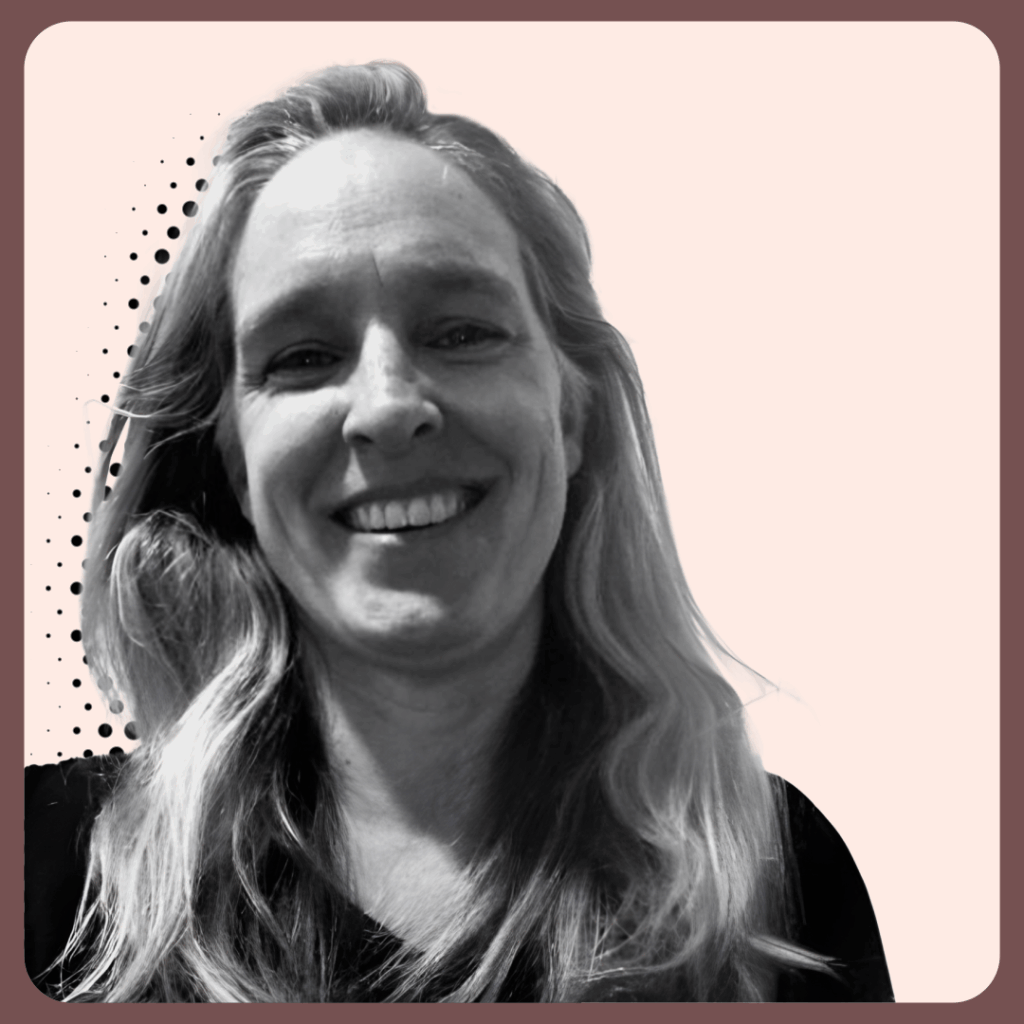
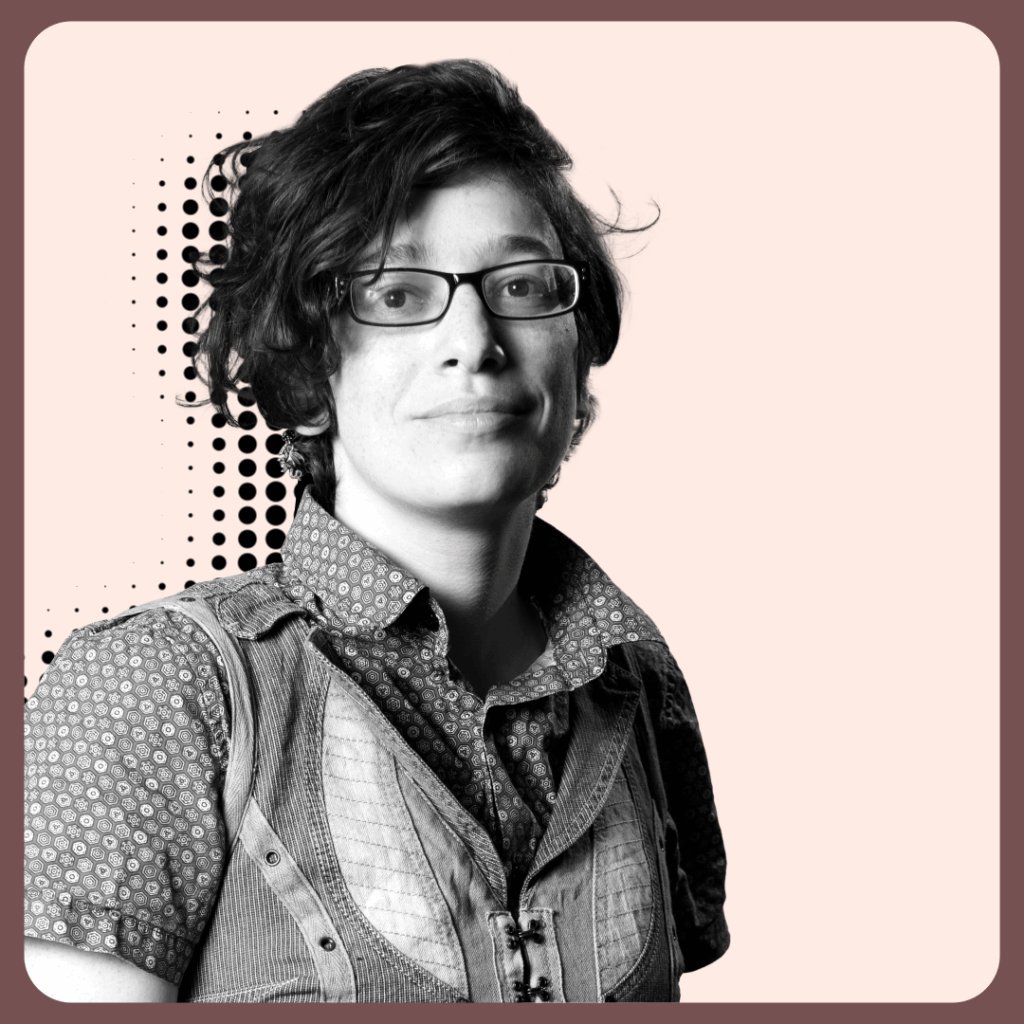
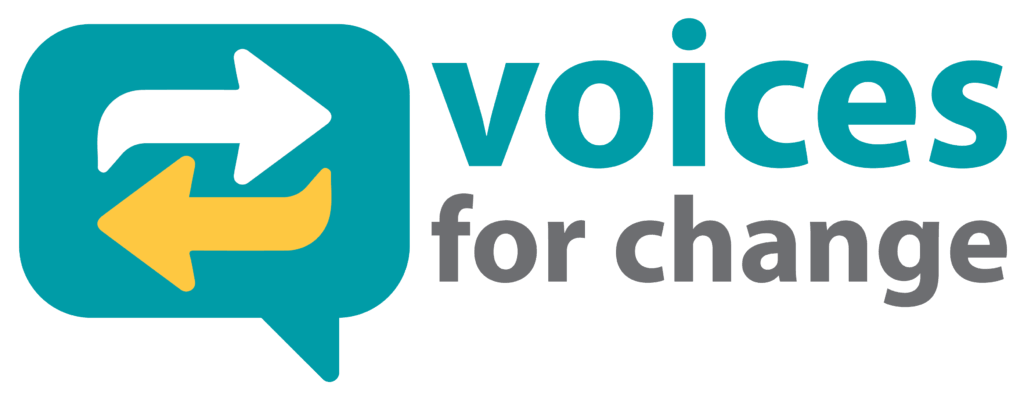
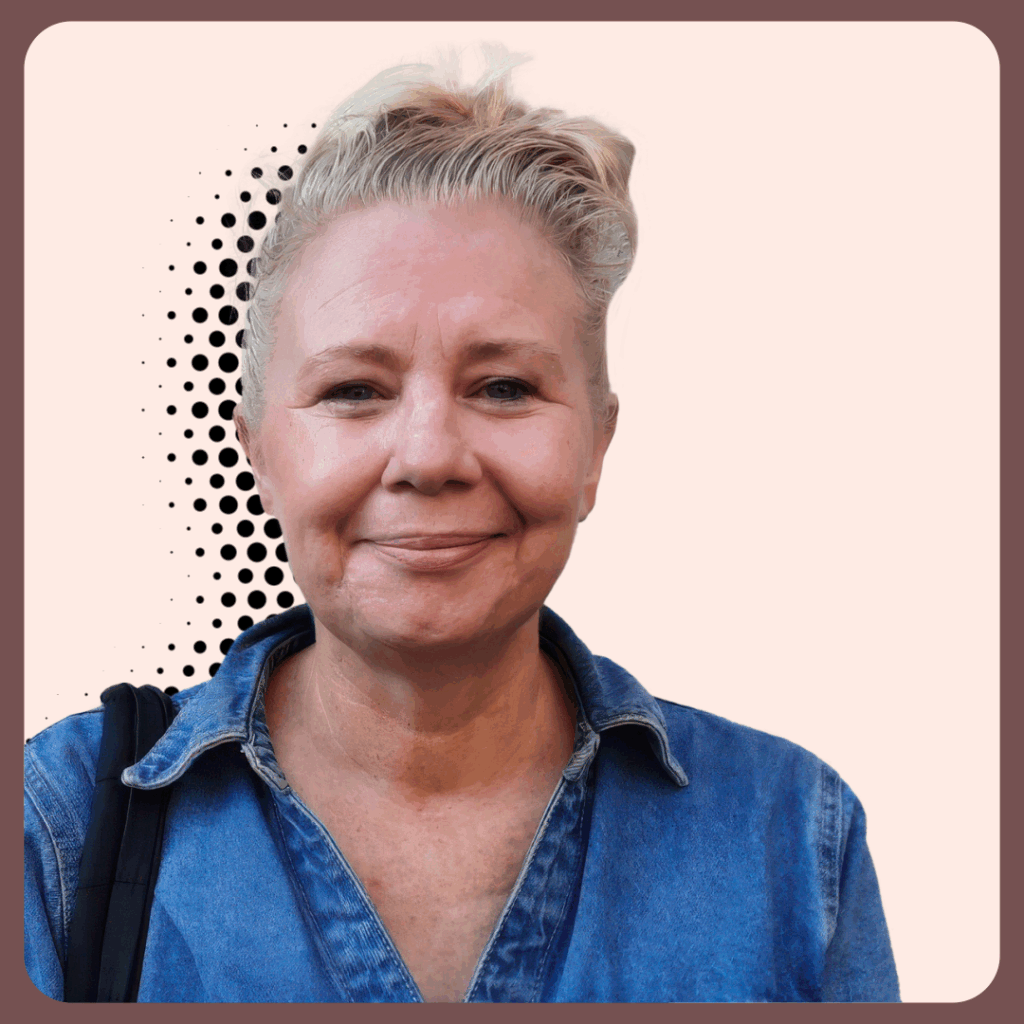





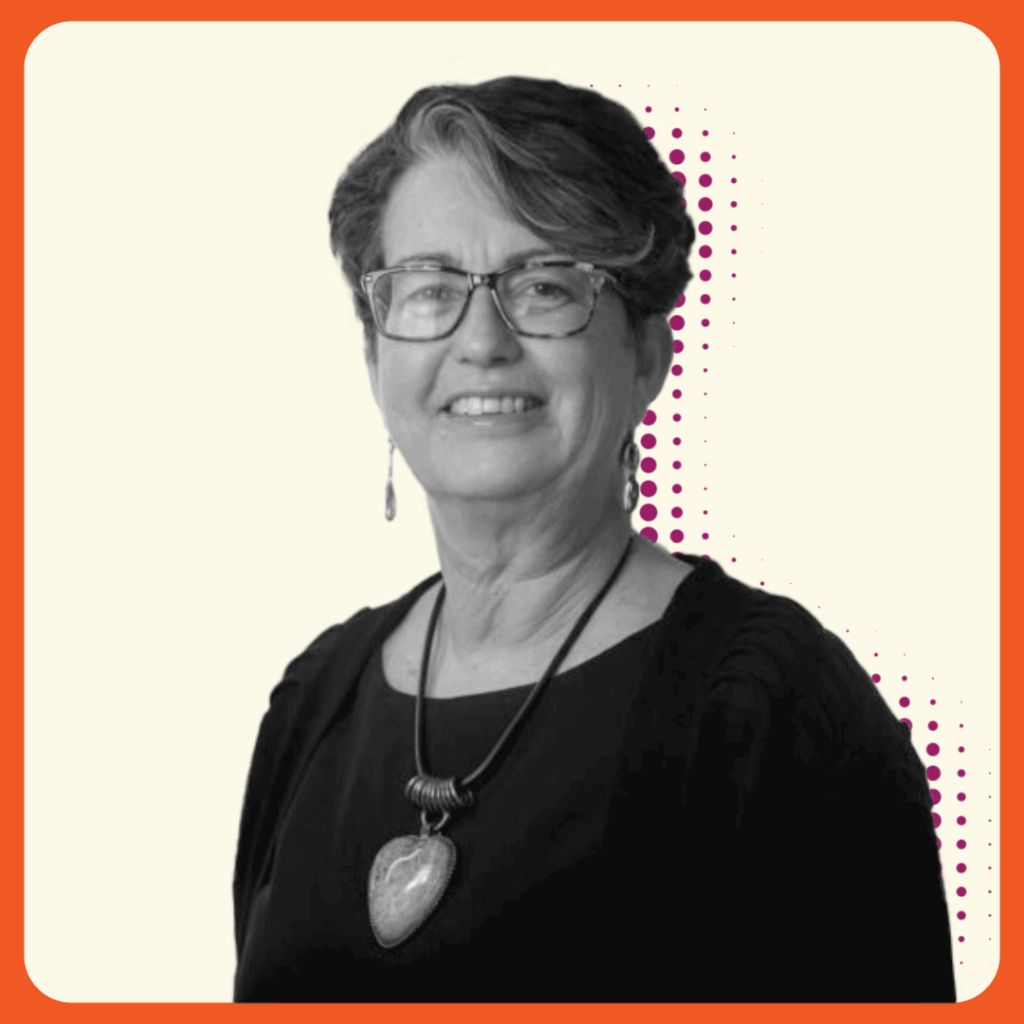

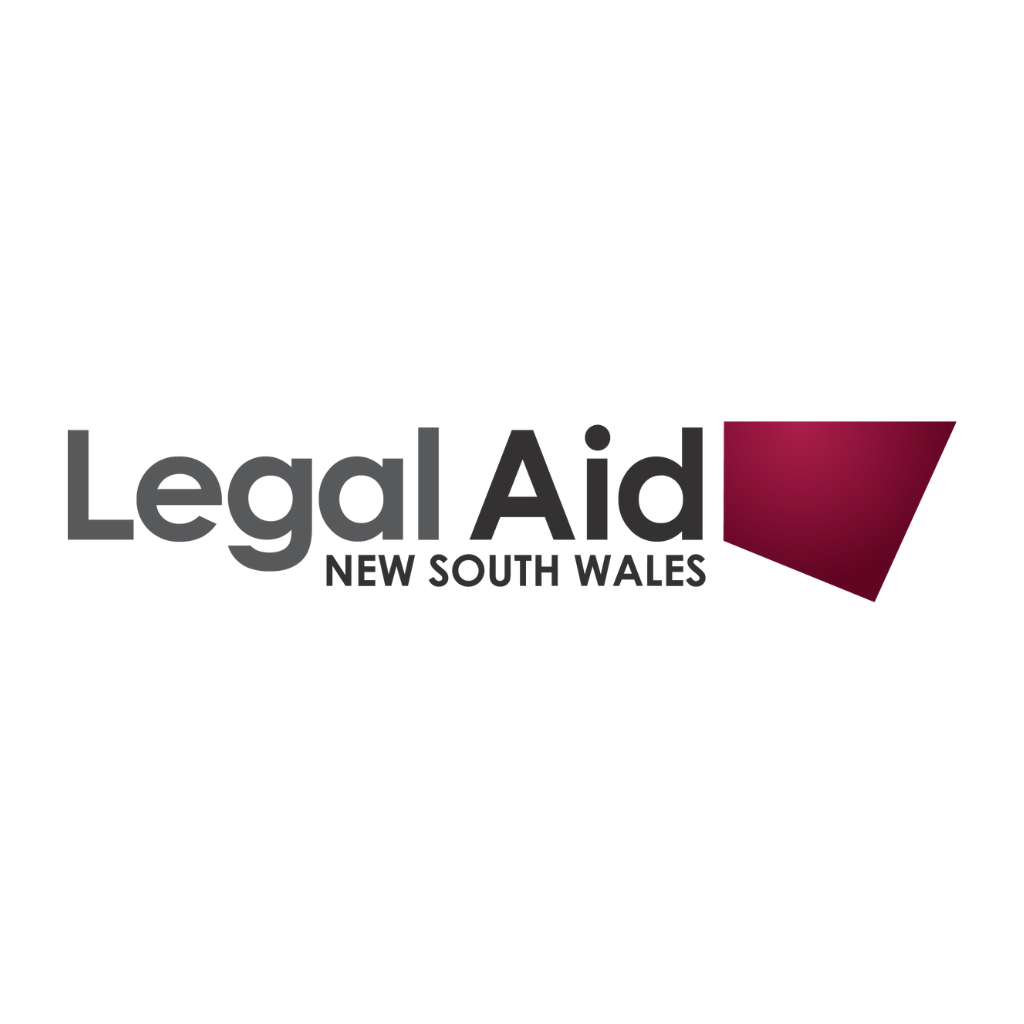



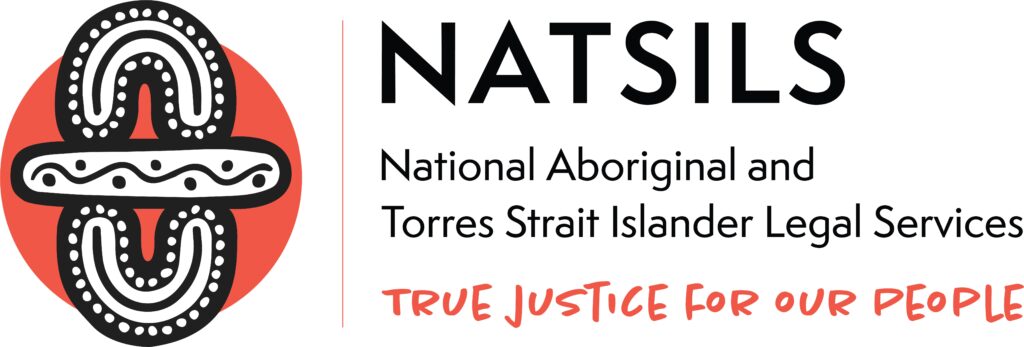
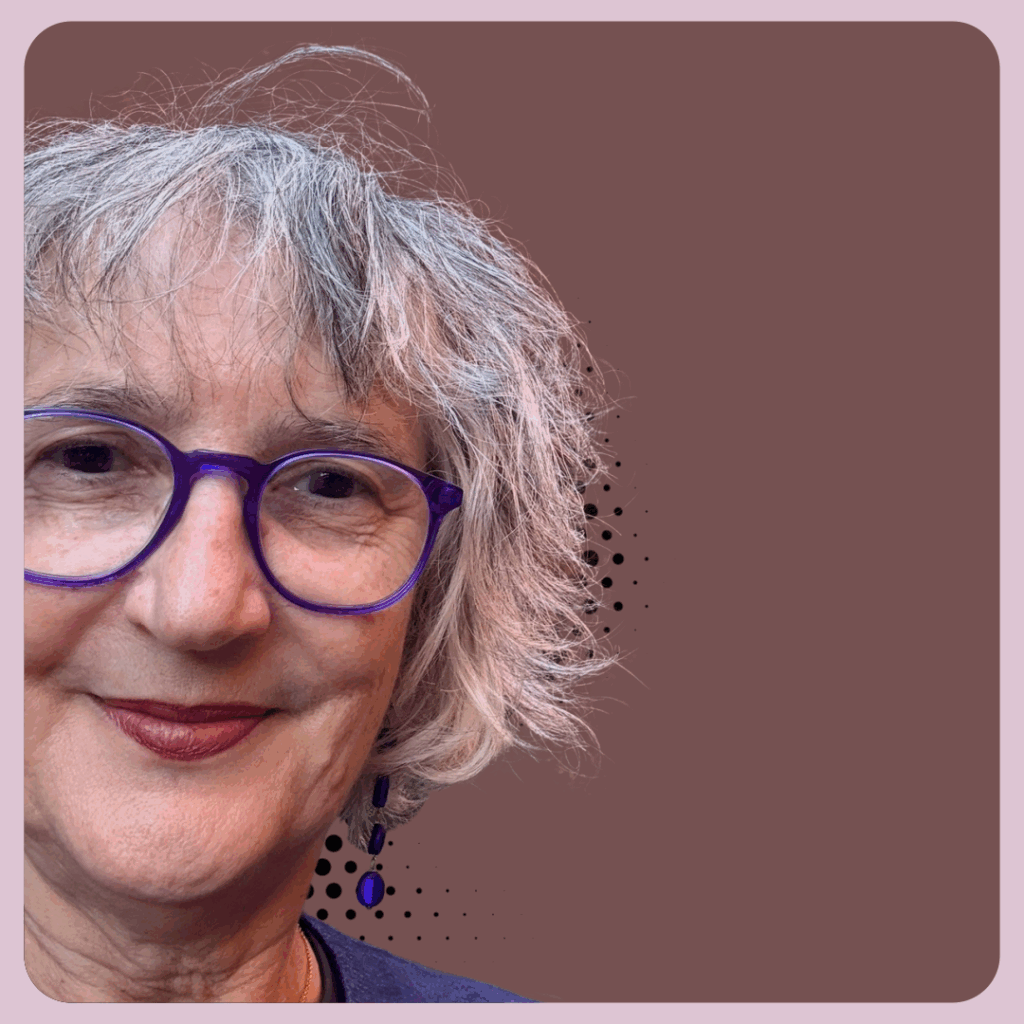


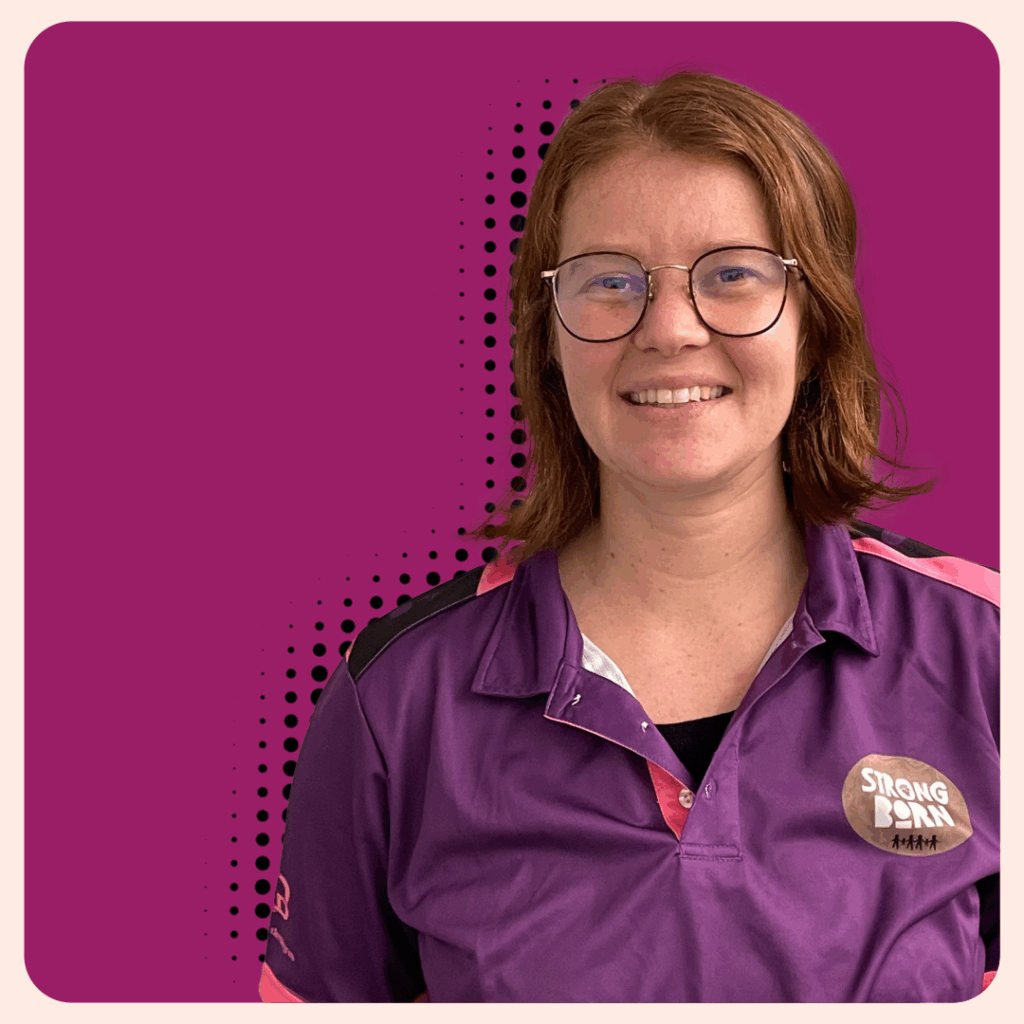


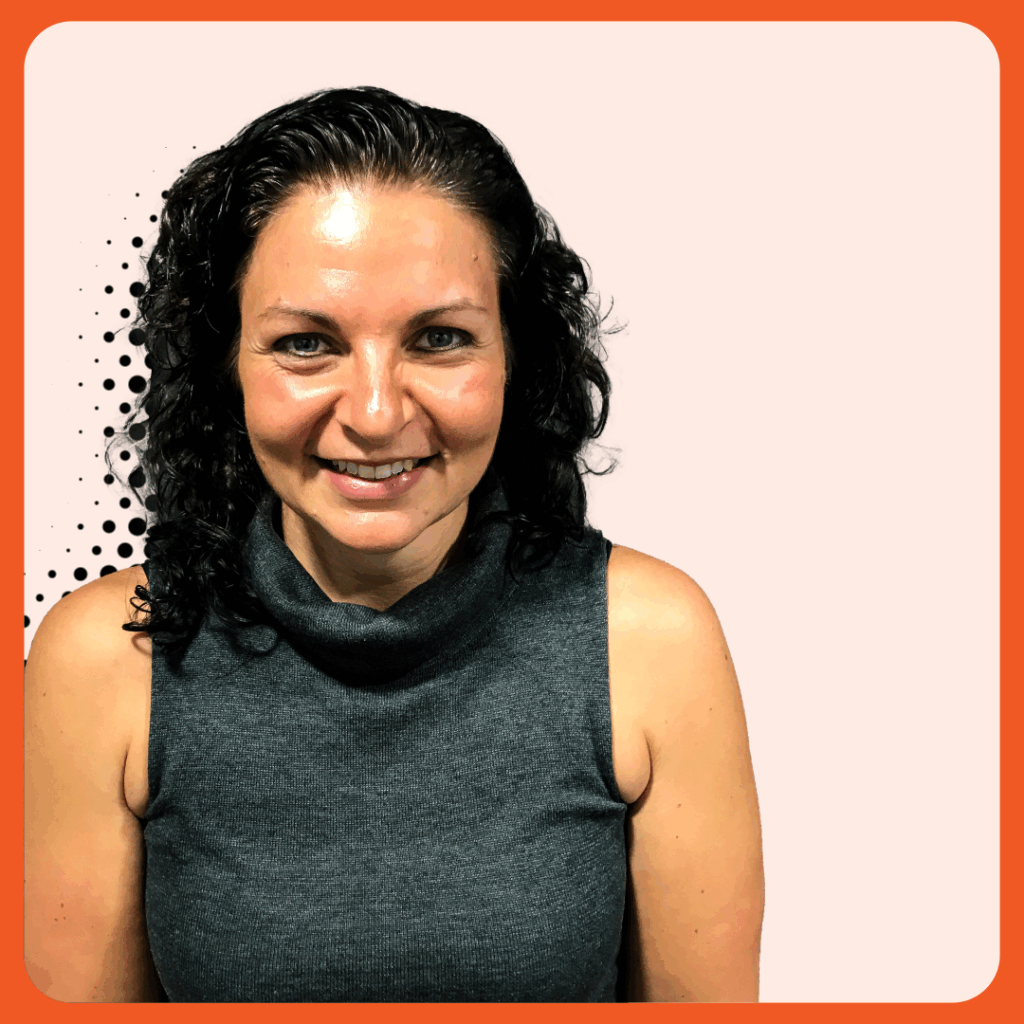

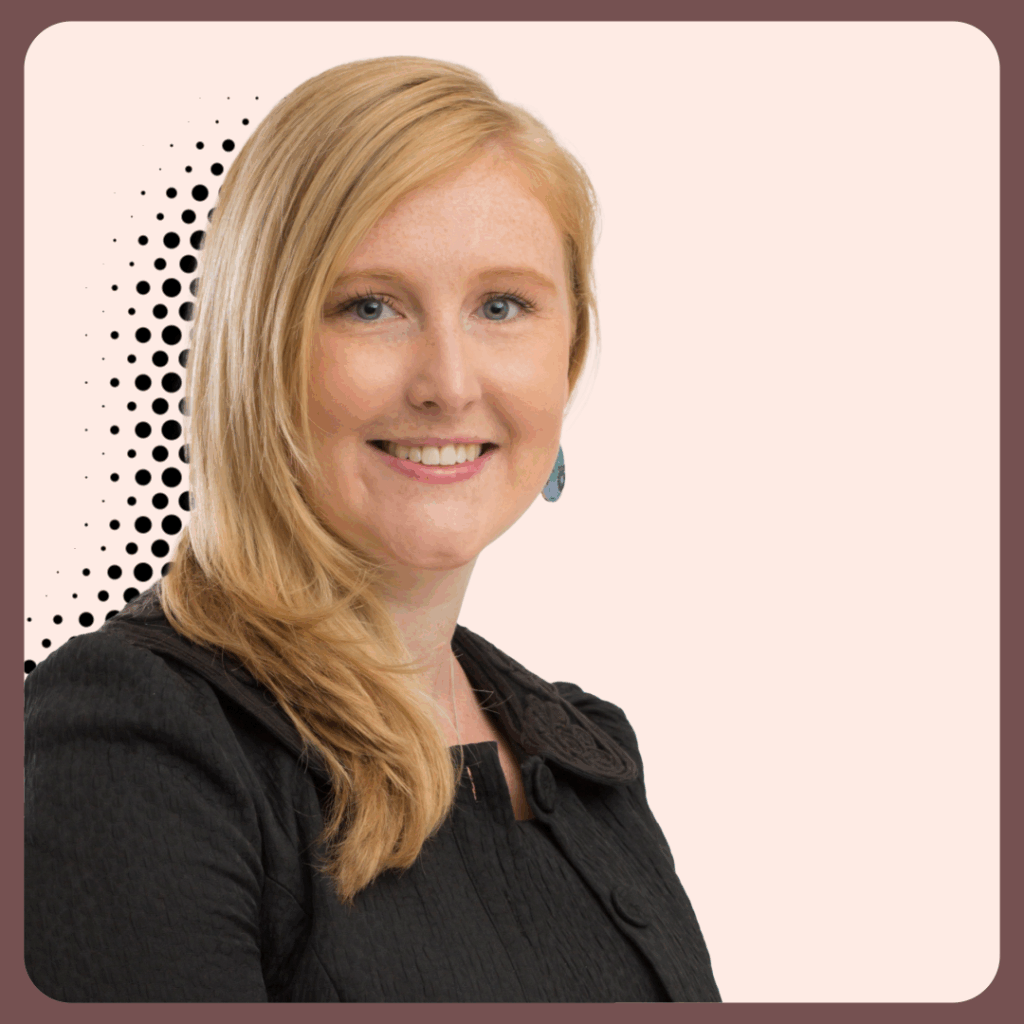

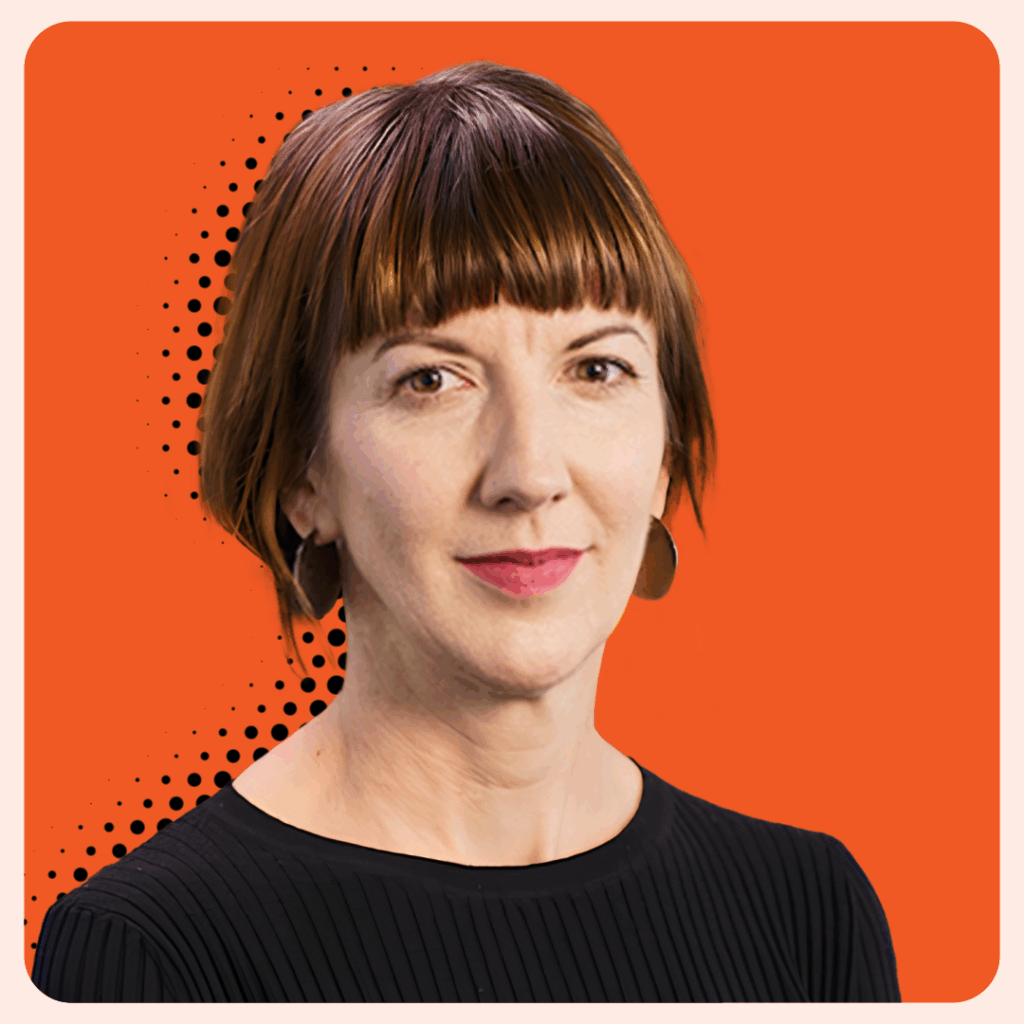


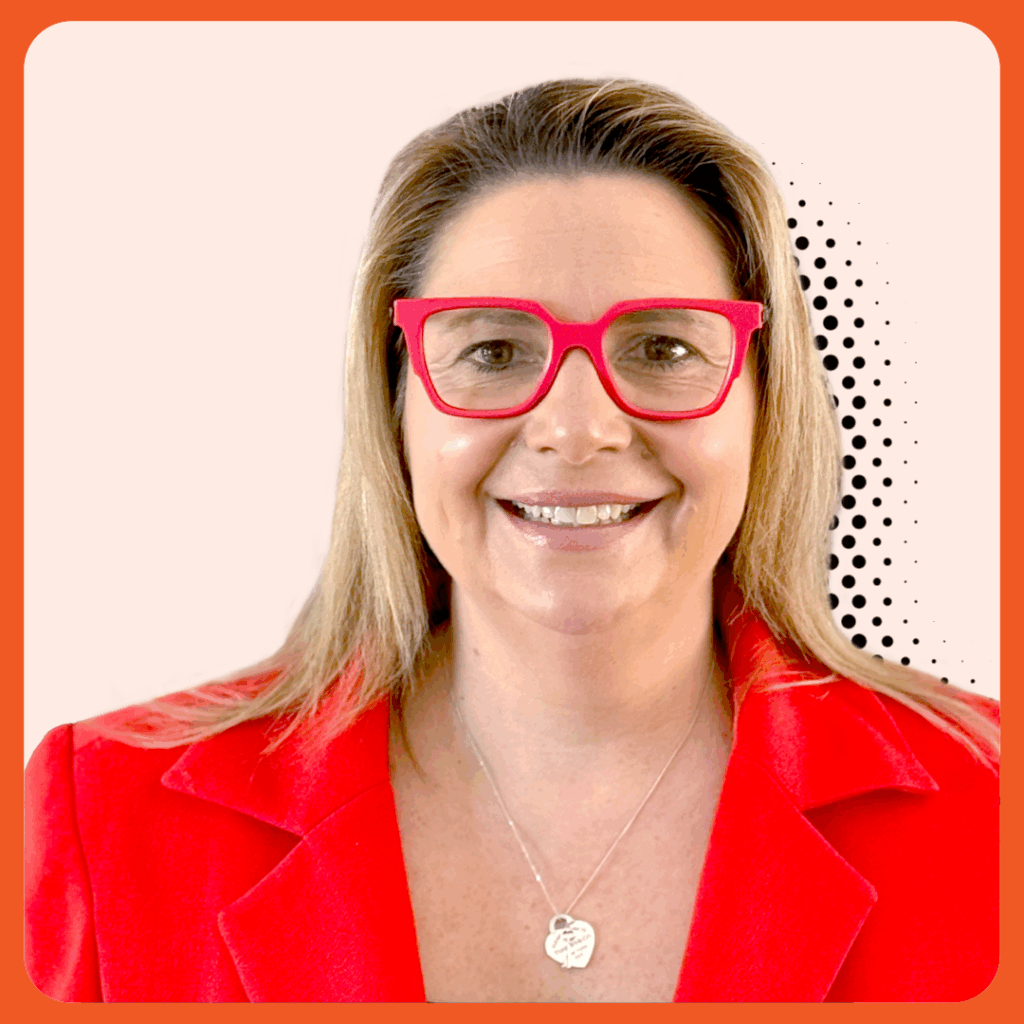





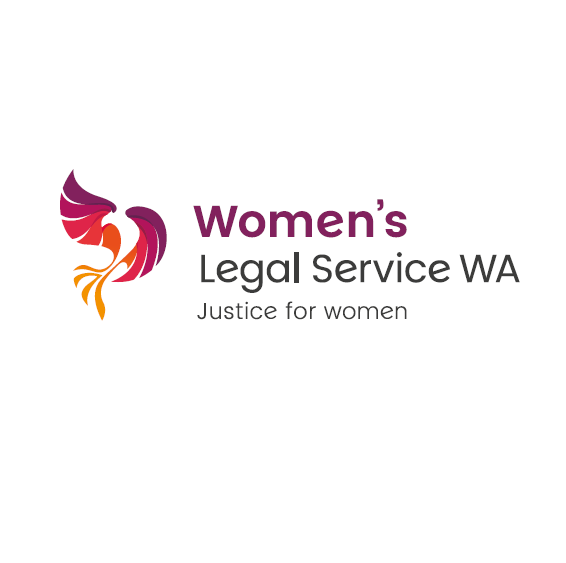
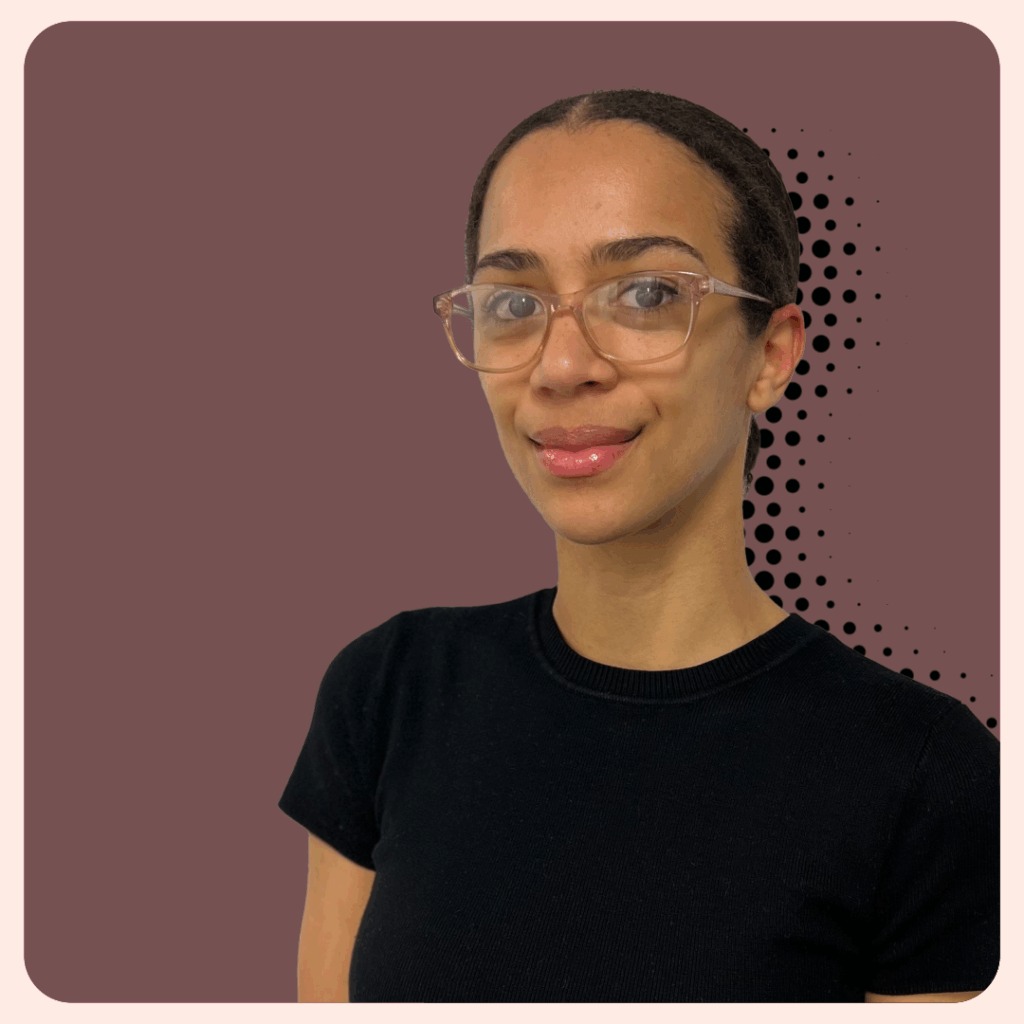

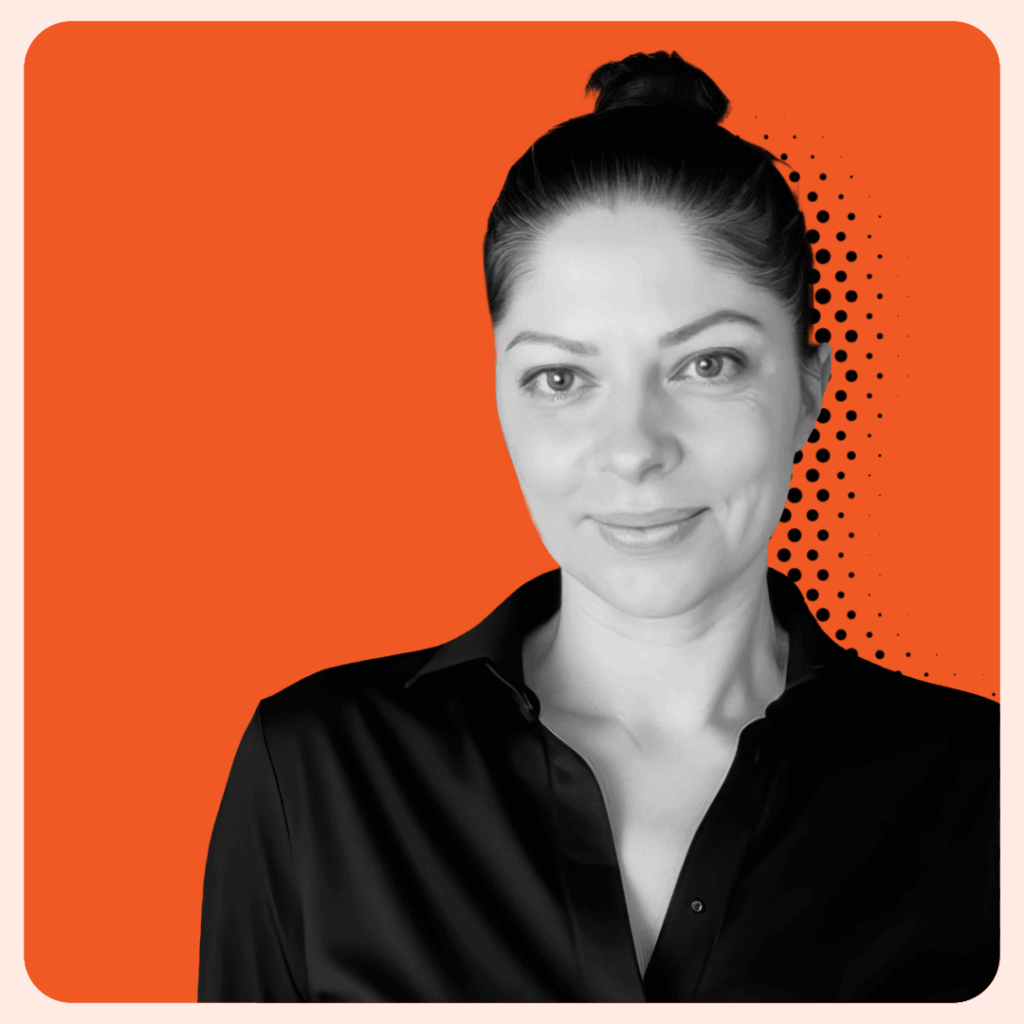
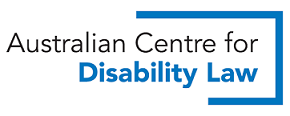
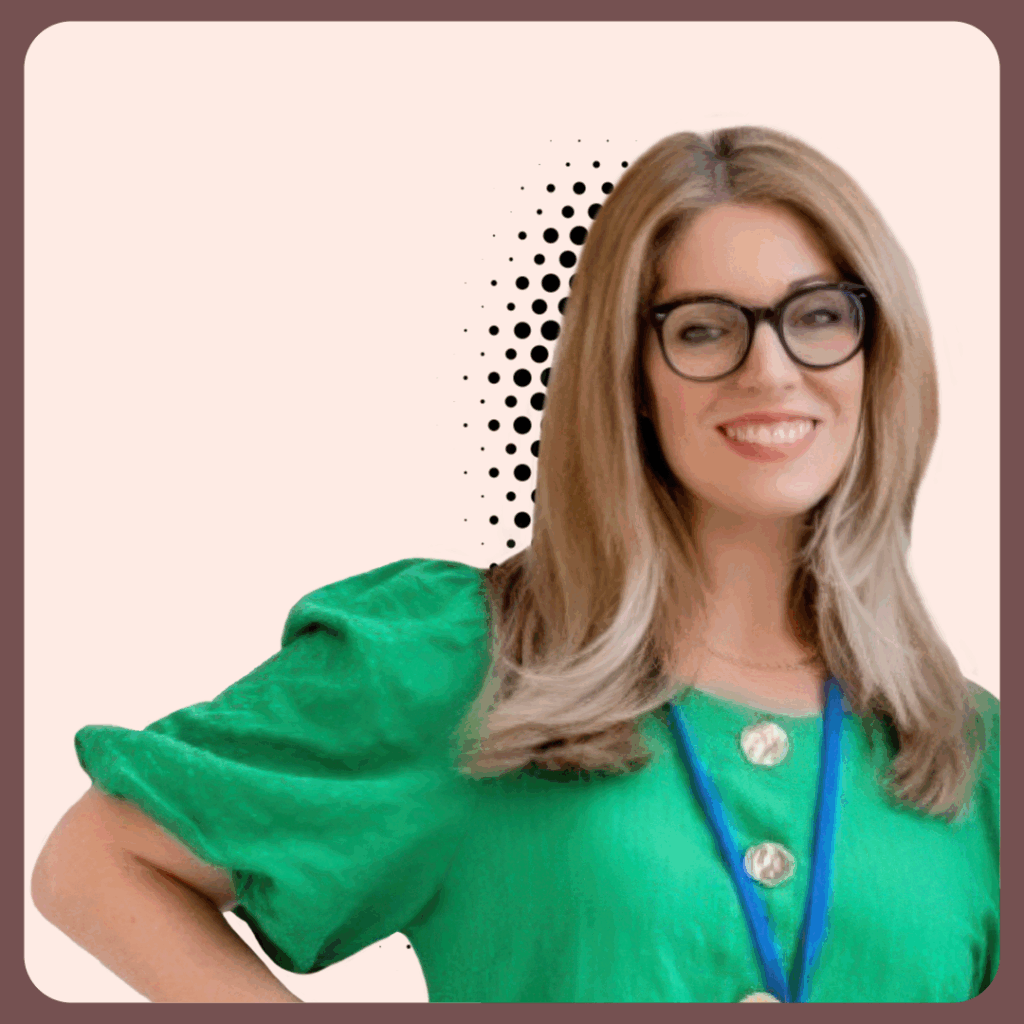


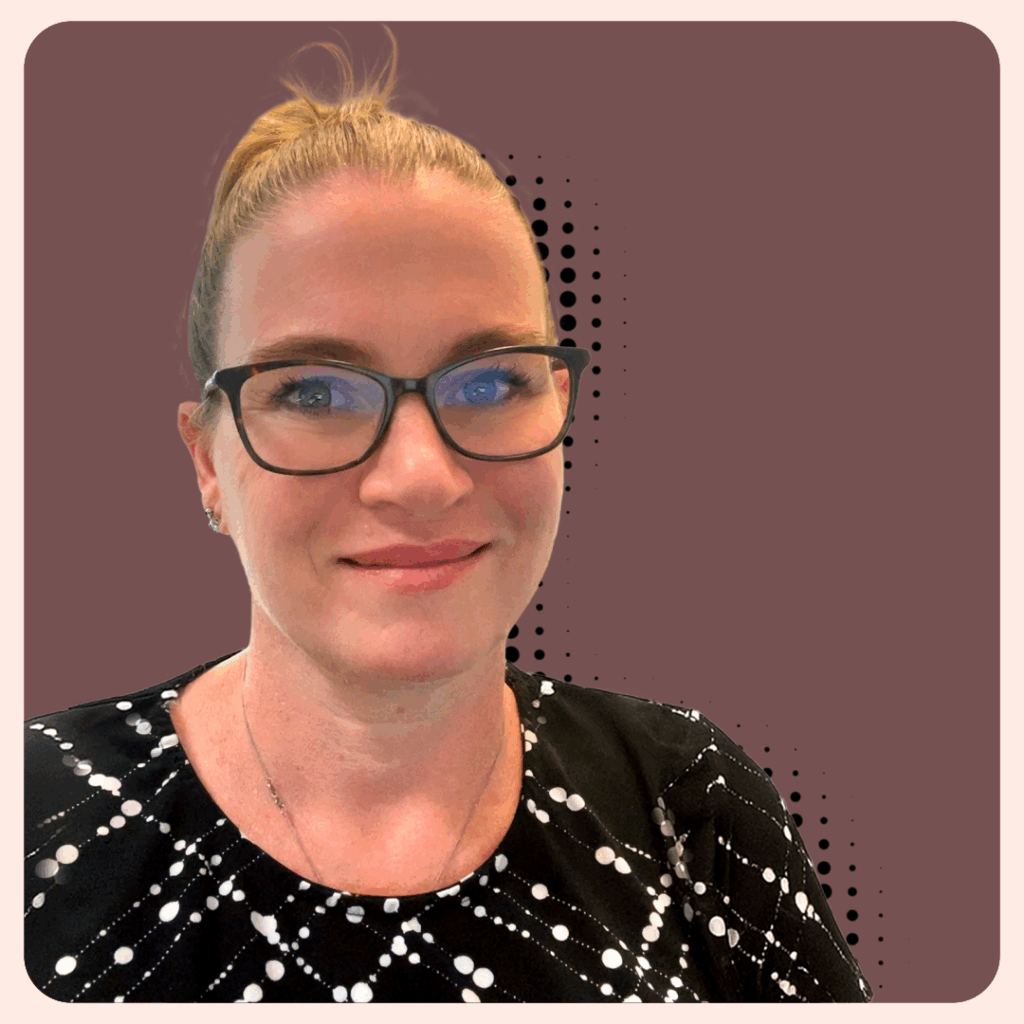

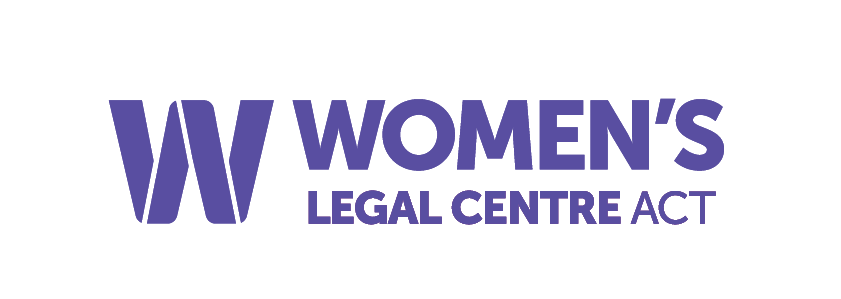
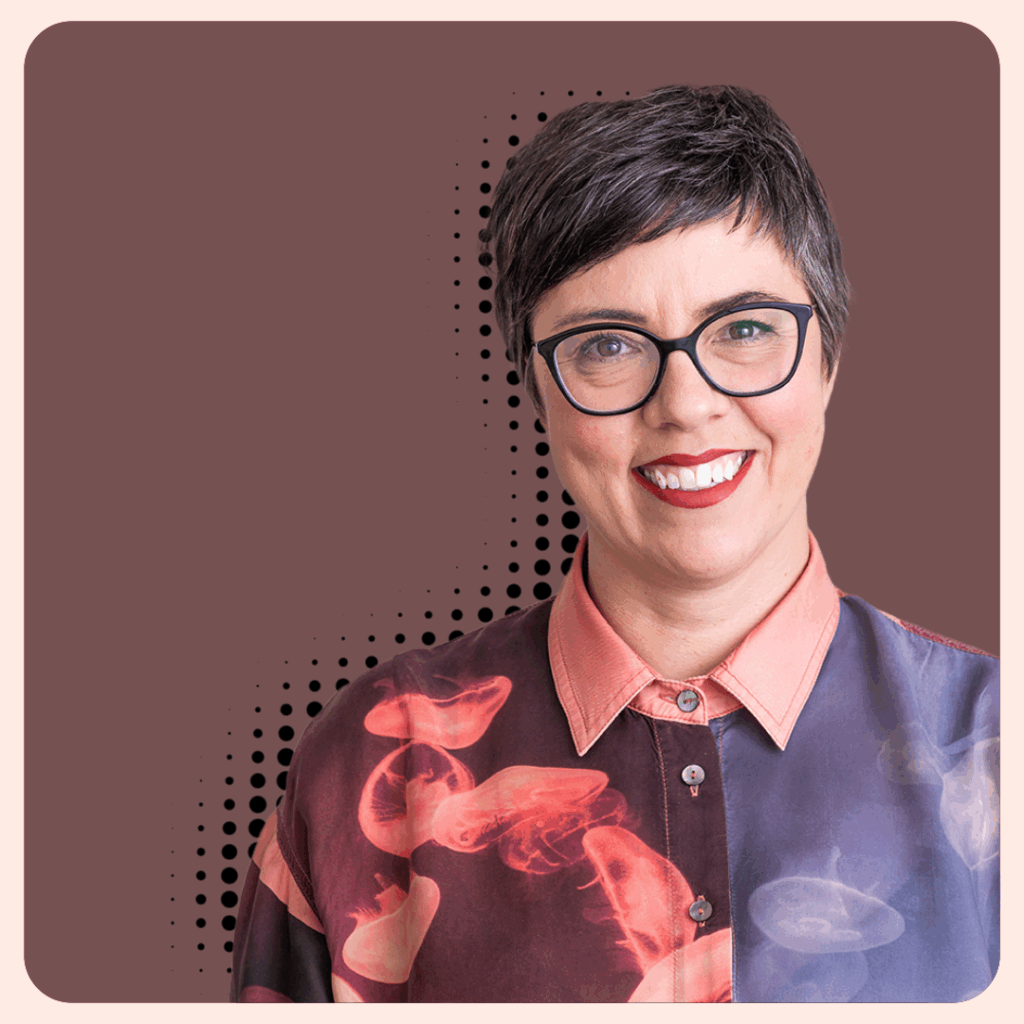





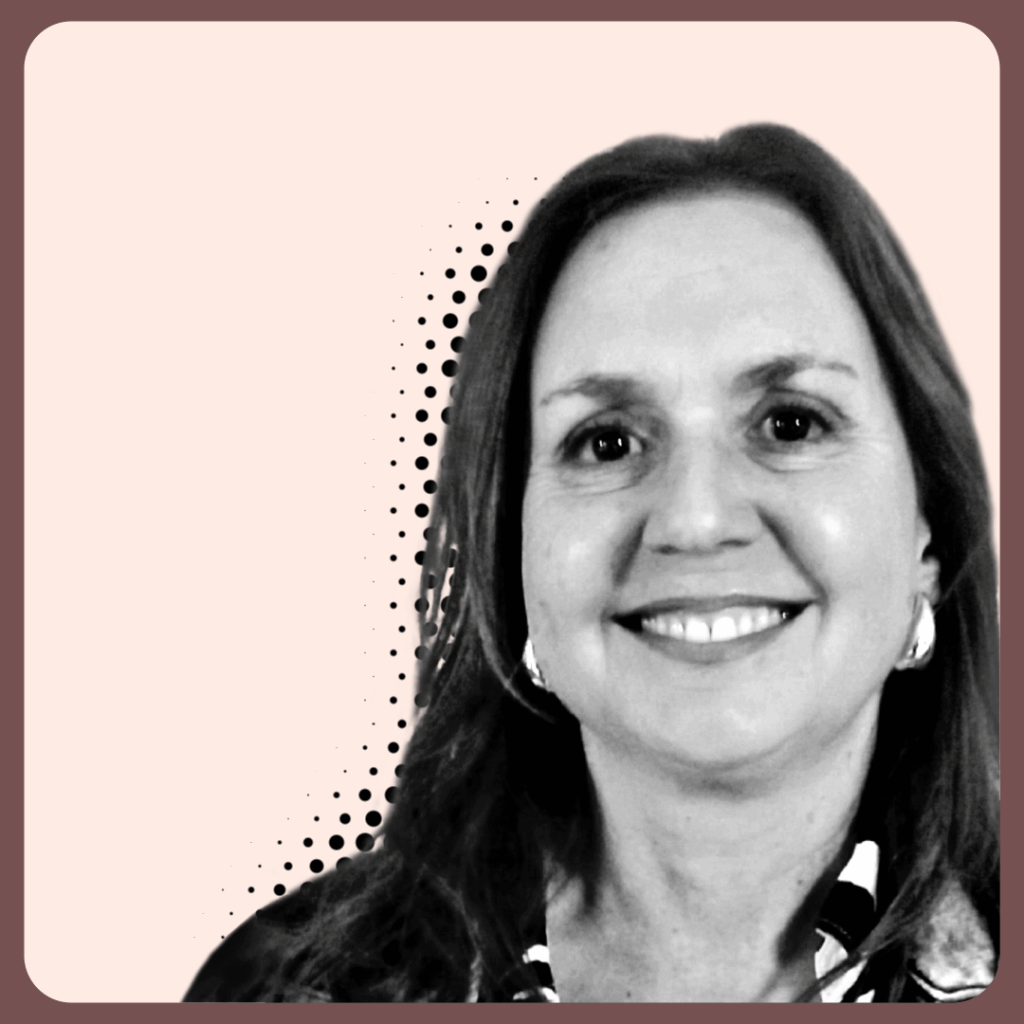

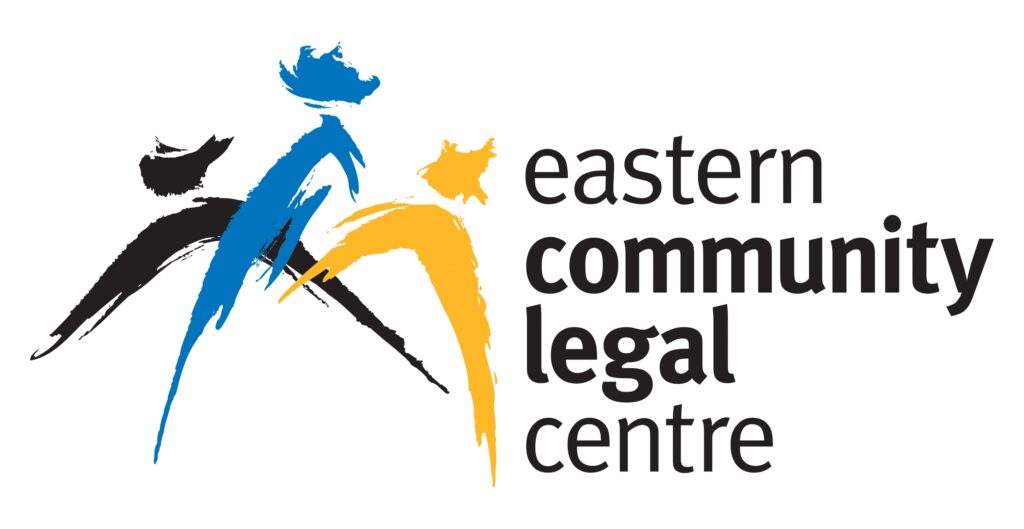
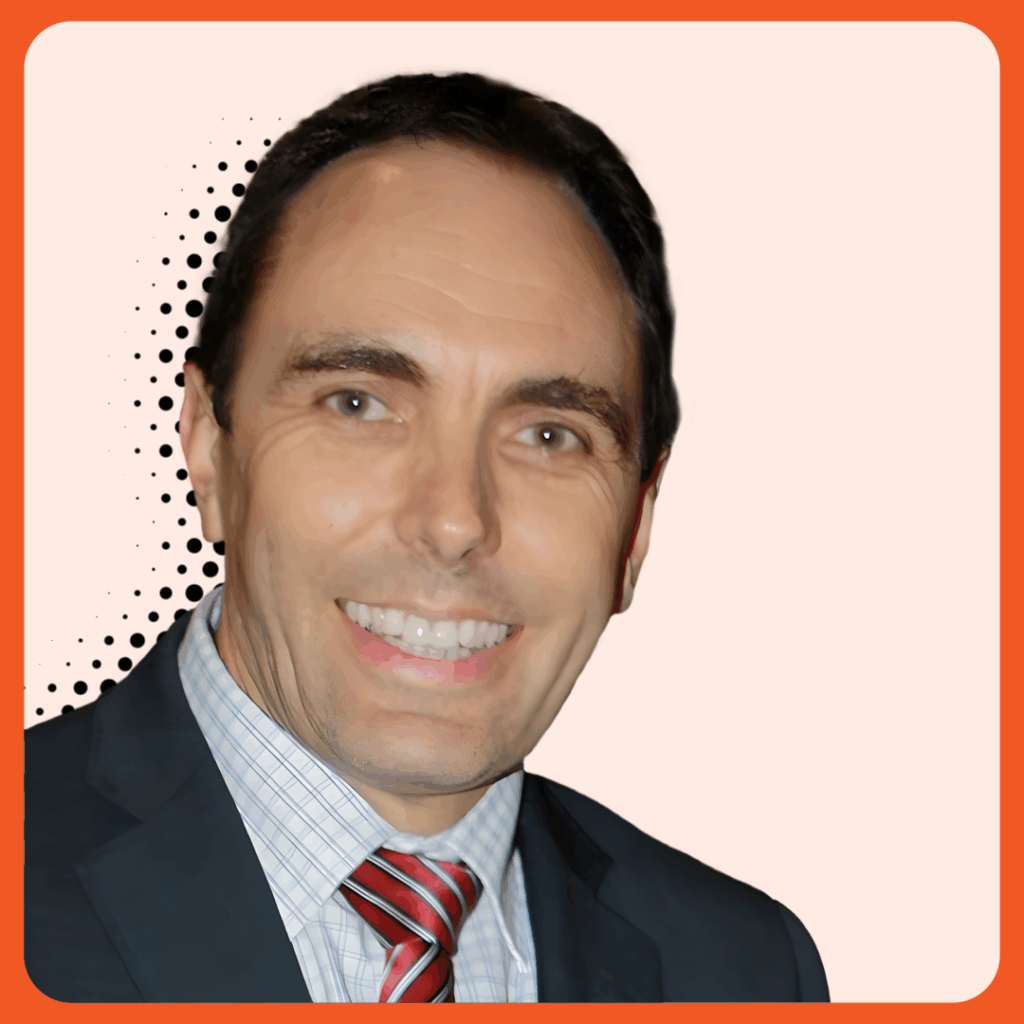


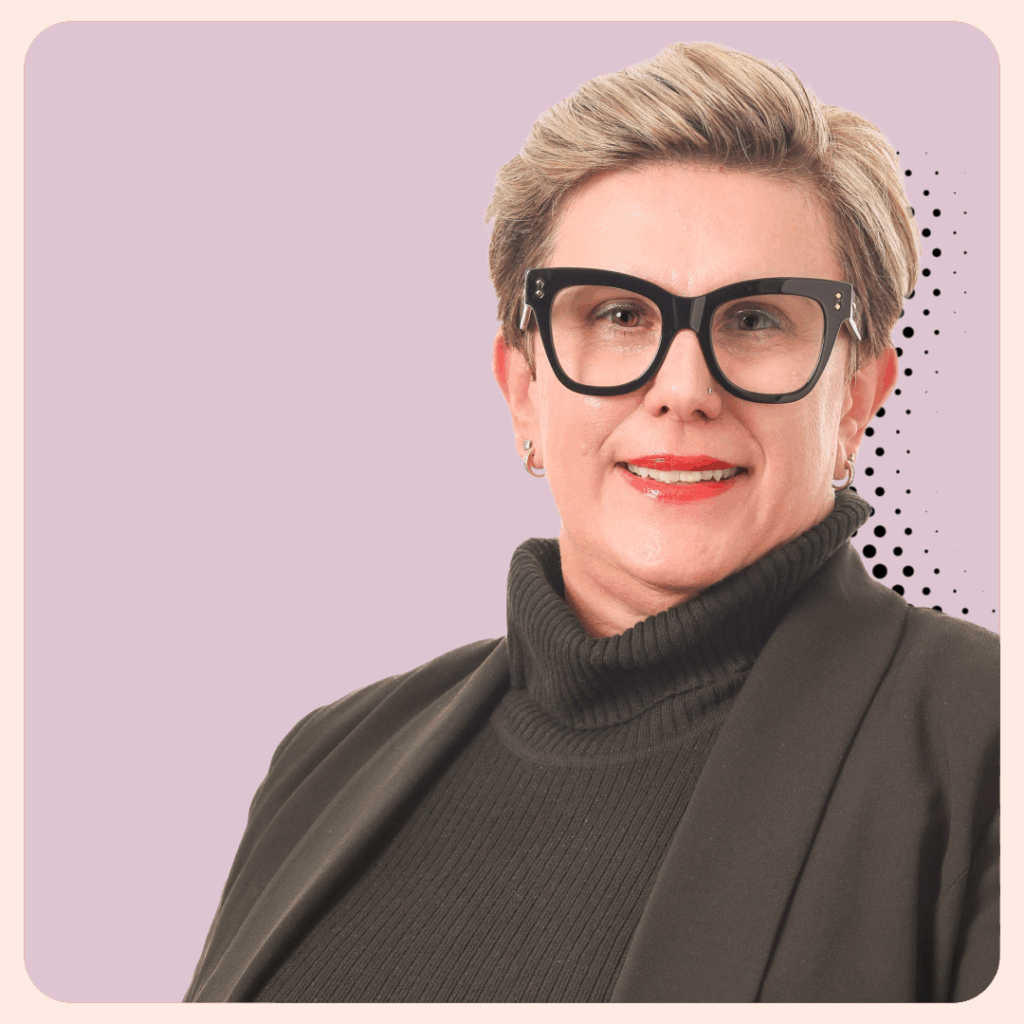


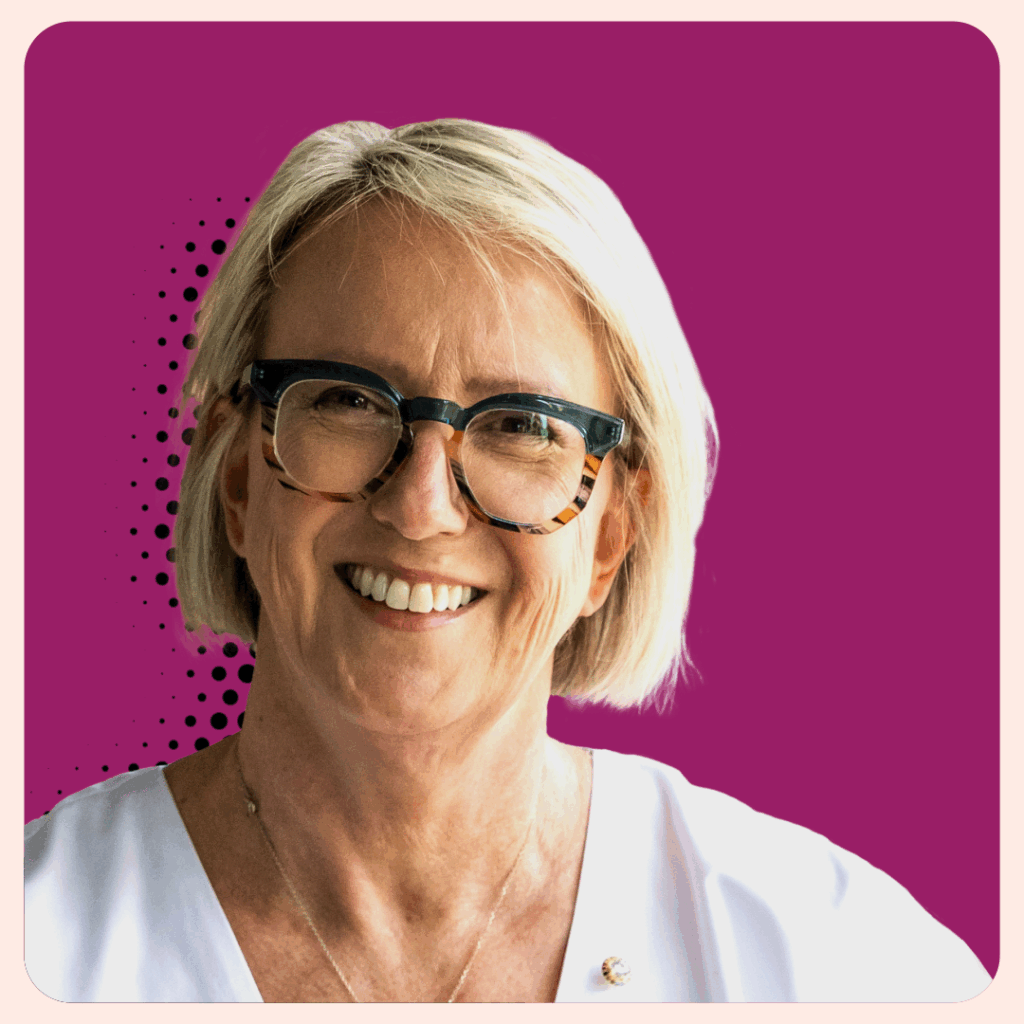

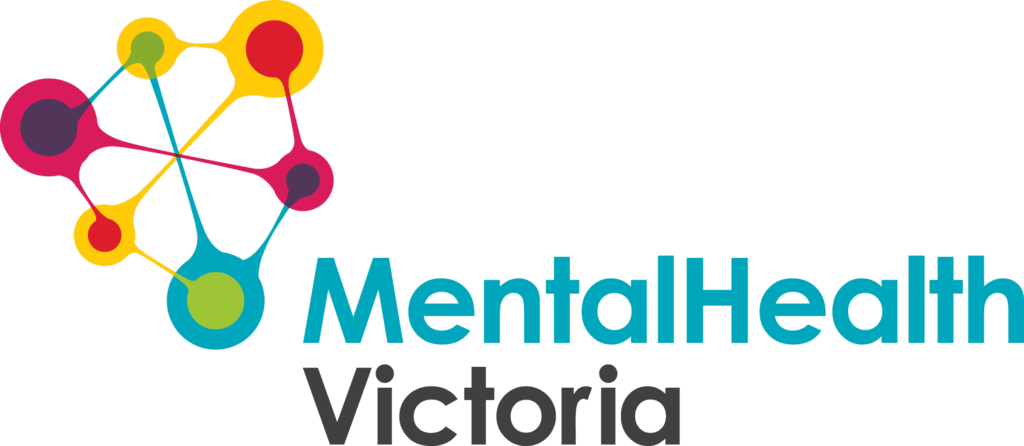
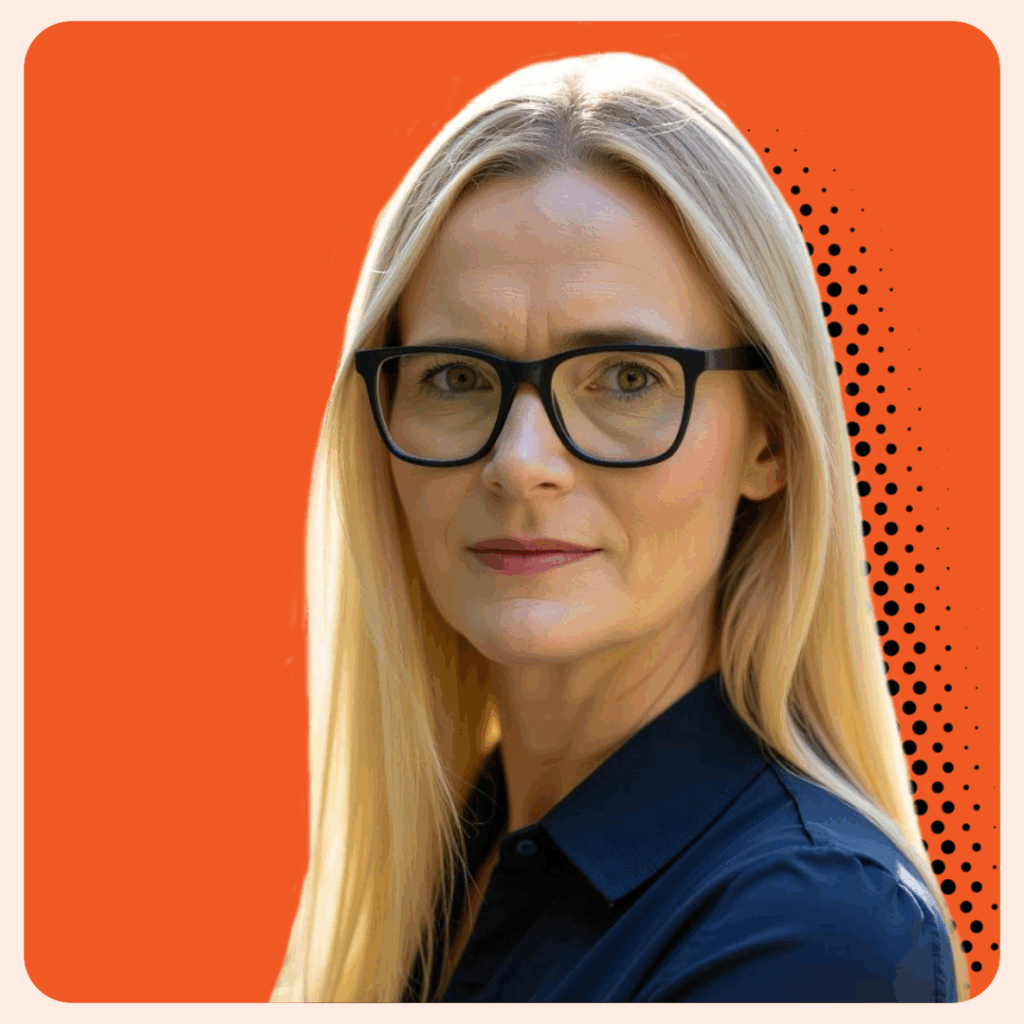


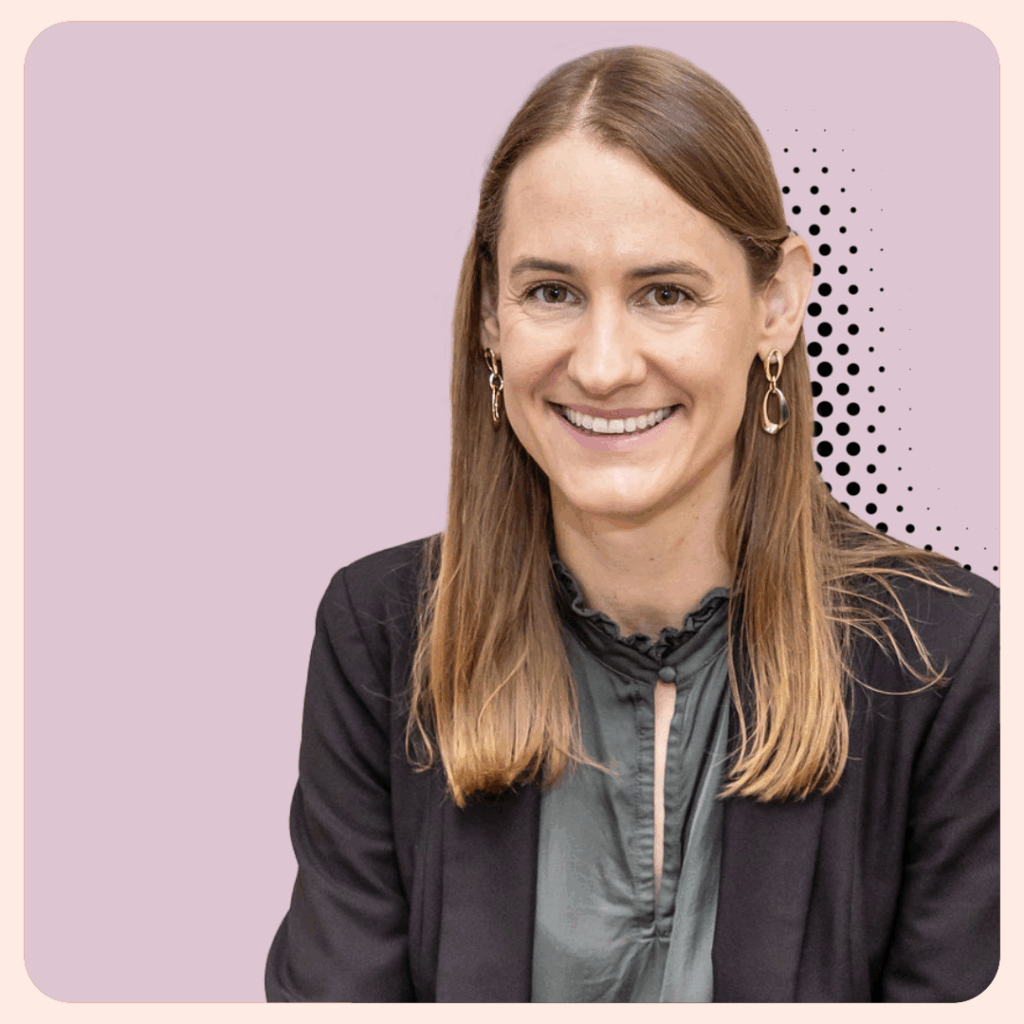

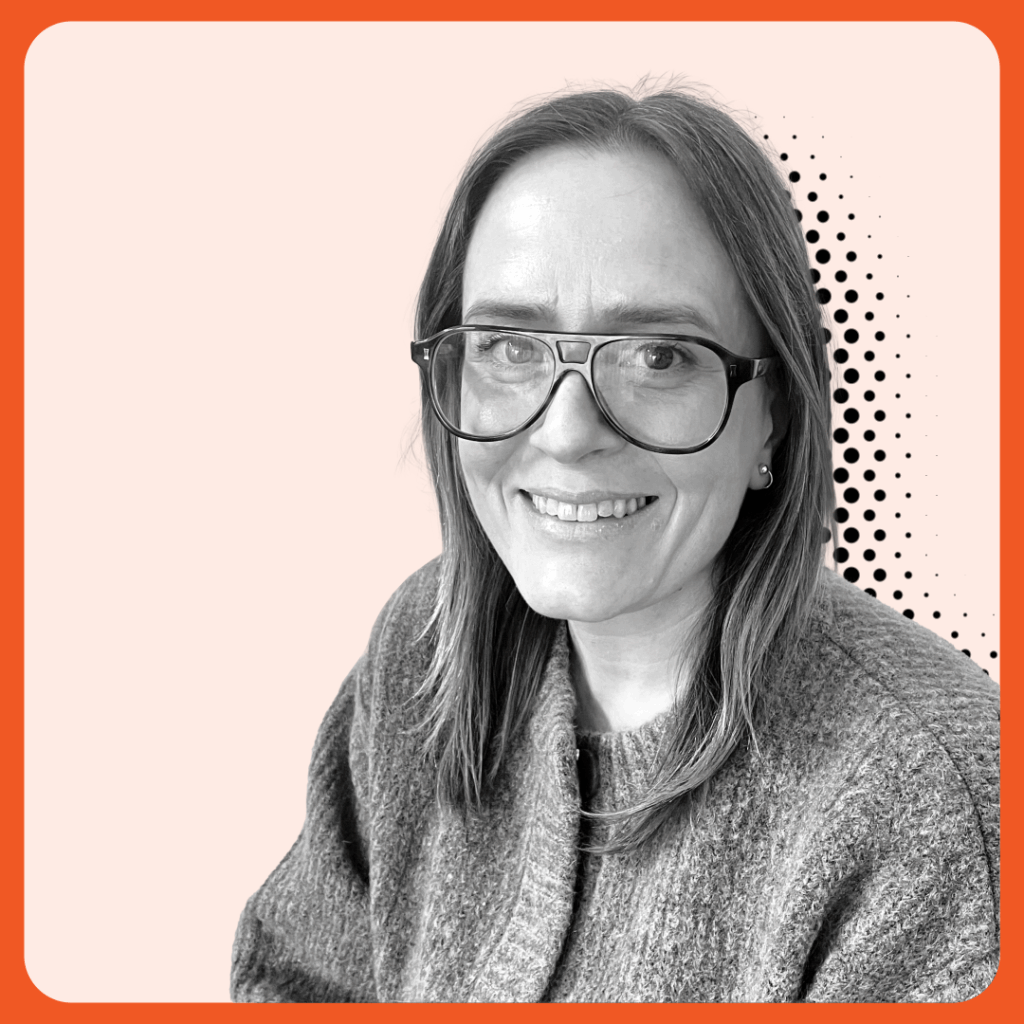

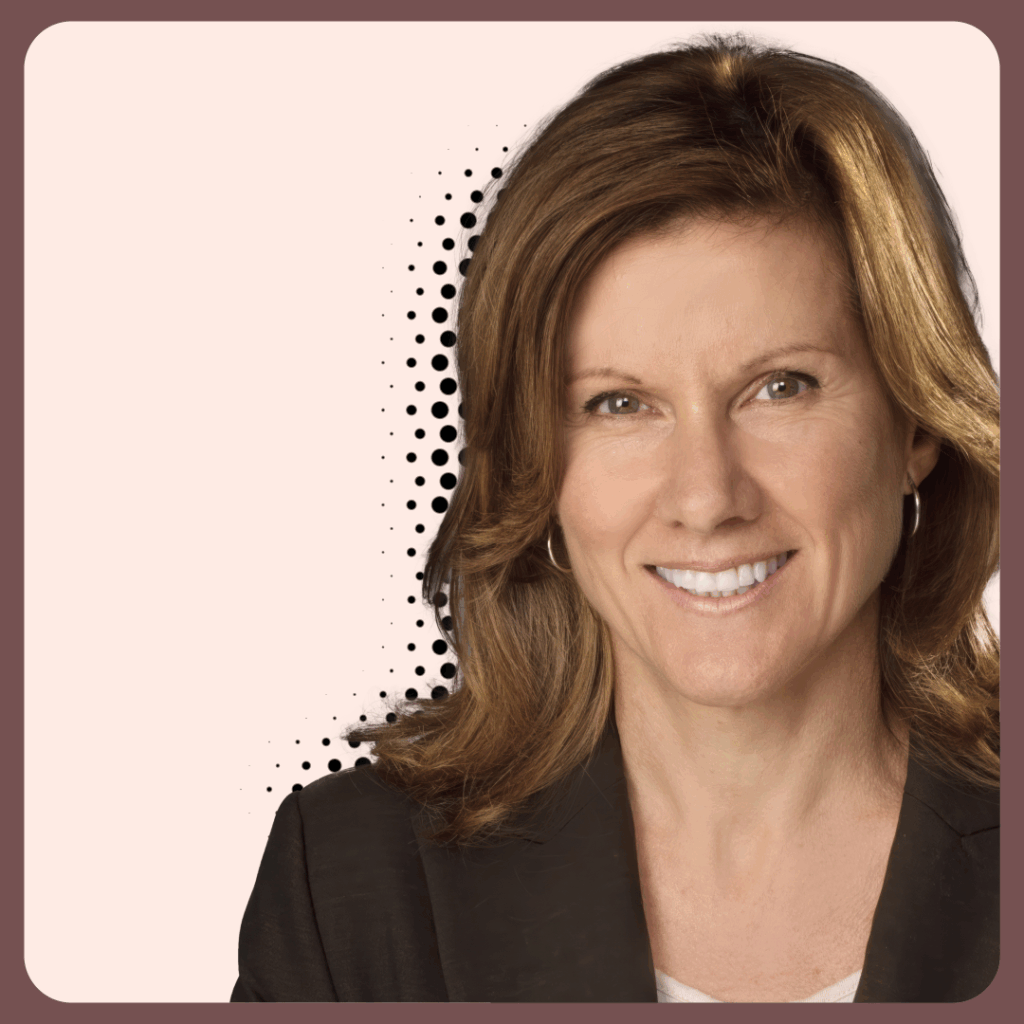


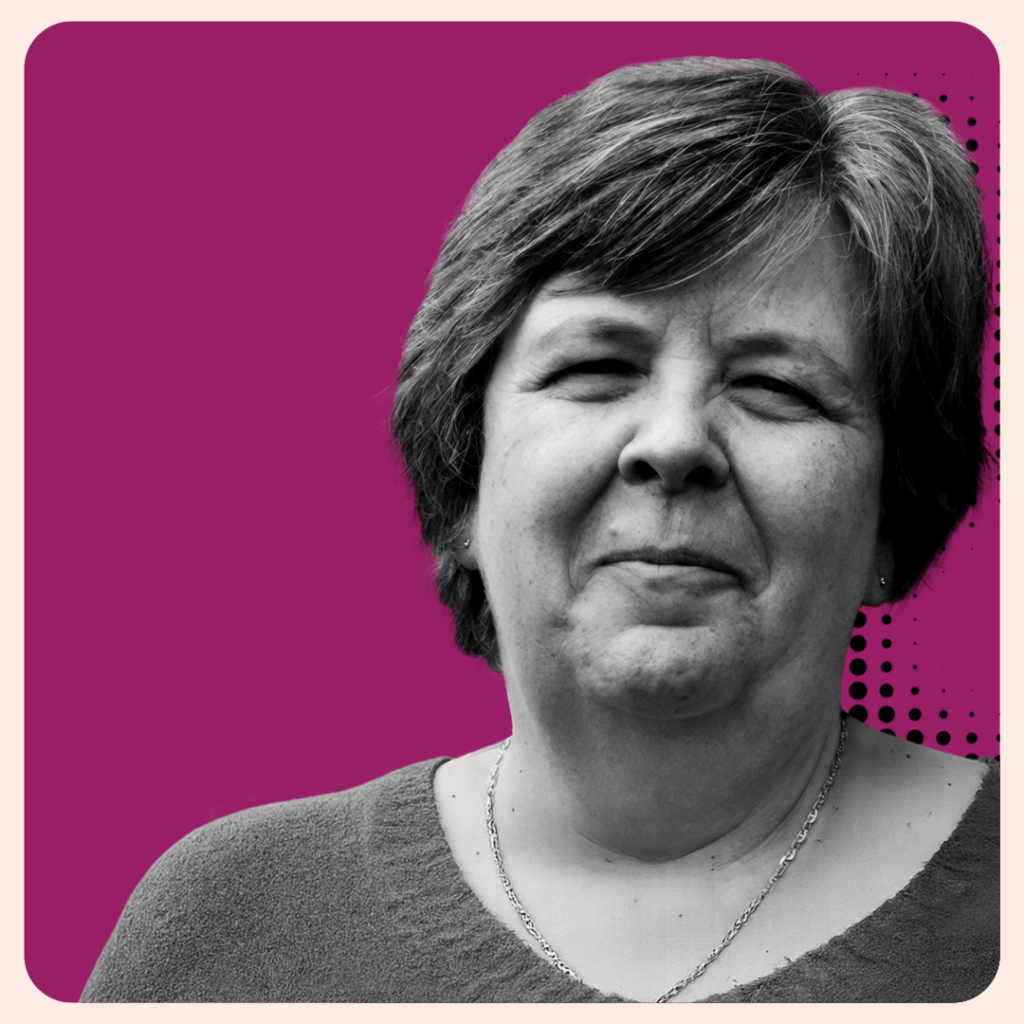

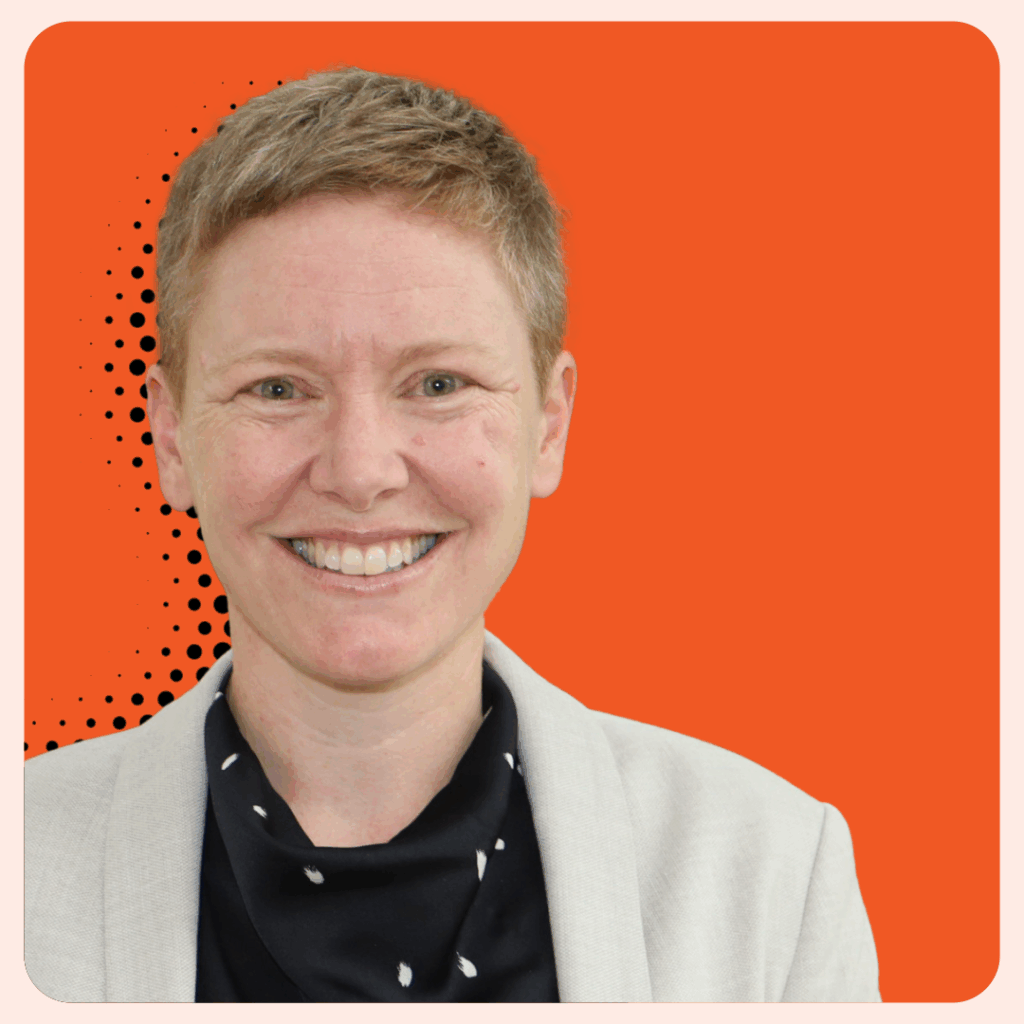
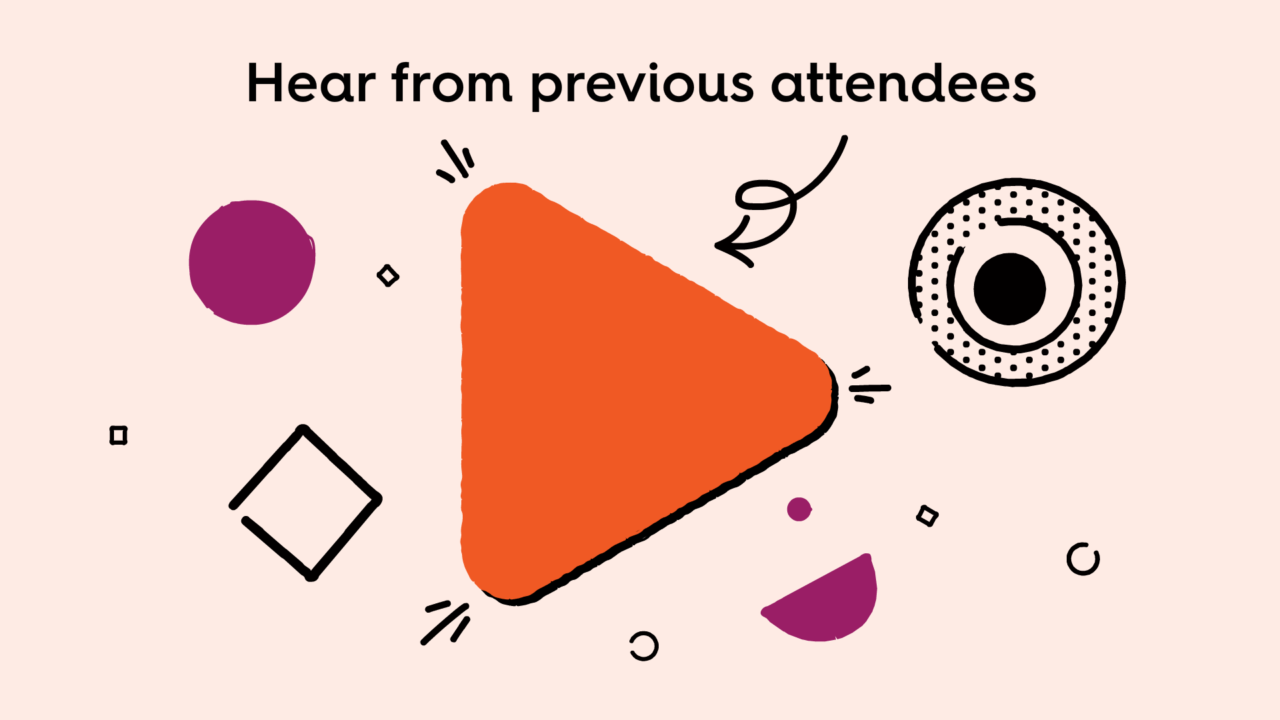
Health justice conferences
At Health Justice Australia conferences, community members and delegates from across service systems, policy and funding share their expertise and learn from each other.
Watch and hear from past attendees on their experience at Health Justice Australia conferences.
Previous attendees have joined us from:
The conference is a fantastic opportunity to really get to meet colleagues, friends, and other practitioners and professionals across both the legal profession as well as health. These events are so important because they really start the conversation around what our respective professions need in the future, and what our community needs.

